Insights Hub
News, views and reports from the Xynteo team.
- Build Ahead 11
- Build Ahead UK 1
- Energy Leap 9
- Europe Delivers 2
- Inclusion 26
- Innovation 15
- Insight 78
- Leadership 38
- News 7
- Past Event 3
- Reports 13
- Strategy 38
- Sustainability 73
- Systems & Collaboration 12
- The Leadership Vanguard 10
- Upcoming Event 1
- Videos 12
- Vikaasa 8
- Xynteo Exchange 19
-
Building Bridges: An innovation showcase for cement/concrete alternatives in the UK and India
 Upcoming Event
1 minute
Read article
Upcoming Event
1 minute
Read article
-
Xynteo's six parameters for realising a clean mobility future
 Videos
under a minute
Read article
Videos
under a minute
Read article
-
Natural Hydrogen: India’s Next Frontier in Clean Energy
 Energy Leap, Insight
4 minutes
Read article
Energy Leap, Insight
4 minutes
Read article
-
Financing the Decarbonization of the Indian Economy
 Energy Leap, Insight
5 minutes
Read article
Energy Leap, Insight
5 minutes
Read article
-
Women For People and Planet: Tejashree Joshi
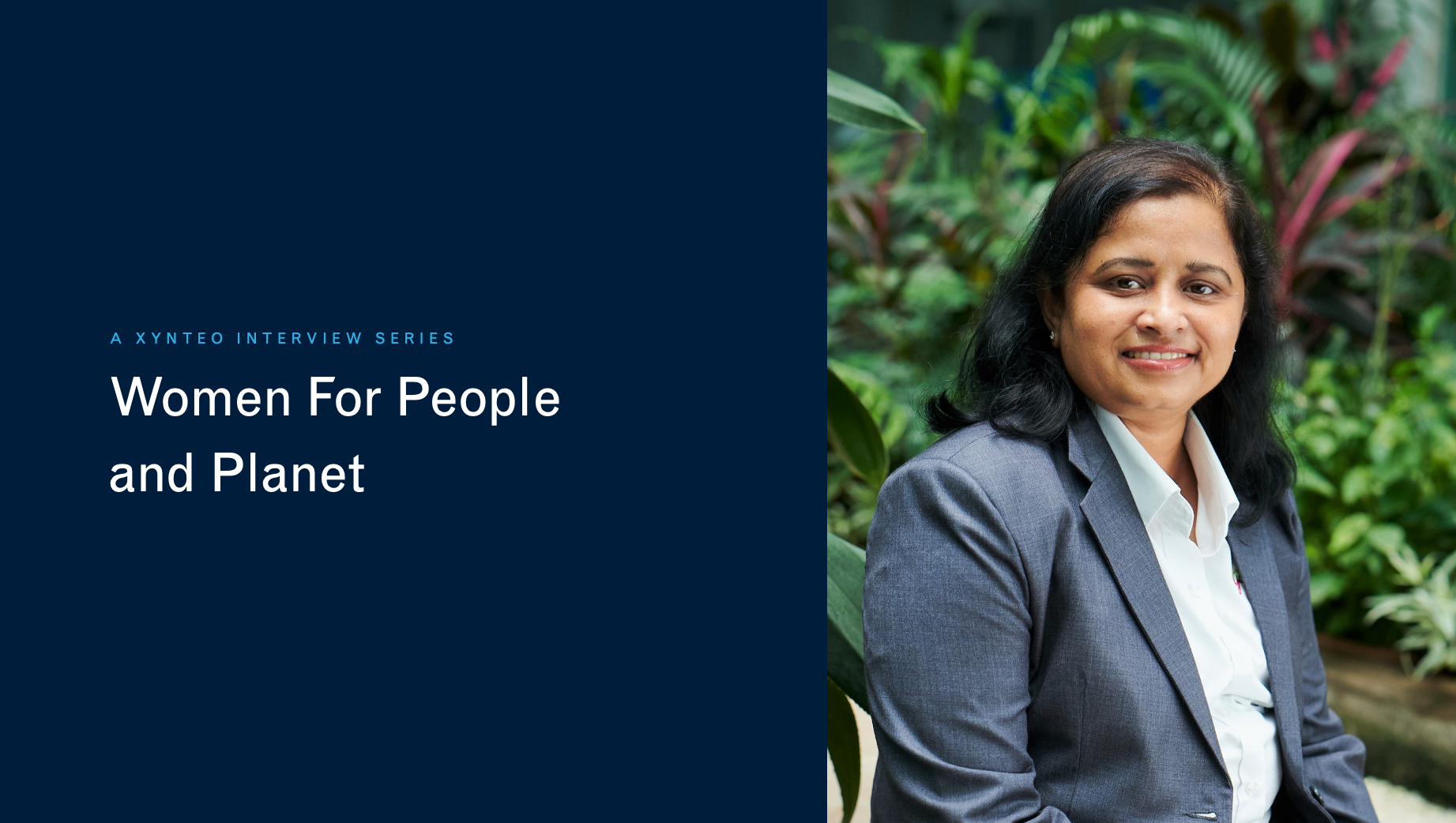 Inclusion, Leadership
14 minutes
Read article
Inclusion, Leadership
14 minutes
Read article
-
Women For People and Planet: Monika Shrivastava
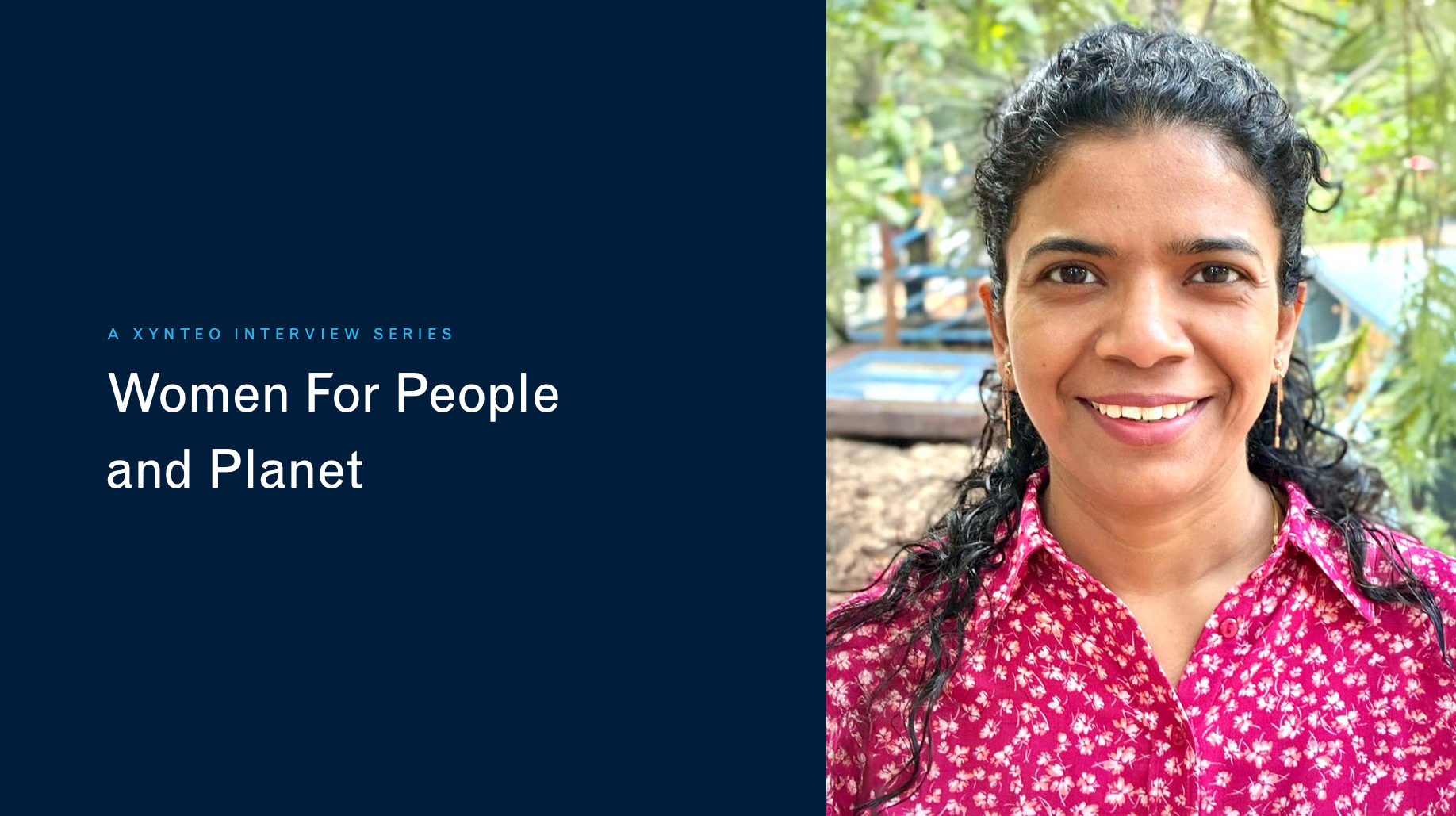 Inclusion, Leadership
9 minutes
Read article
Inclusion, Leadership
9 minutes
Read article
-
Women For People and Planet: Monica Collings
 Inclusion, Leadership
10 minutes
Read article
Inclusion, Leadership
10 minutes
Read article
-
Your EV battery's second act can power India's future
 Innovation, Insight
7 minutes
Read article
Innovation, Insight
7 minutes
Read article
-
While you’re busy writing DEI's obituary, we’re getting things done
 Insight, Leadership
5 minutes
Read article
Insight, Leadership
5 minutes
Read article
-
International Women's Day 2025: DEI isn't Dead
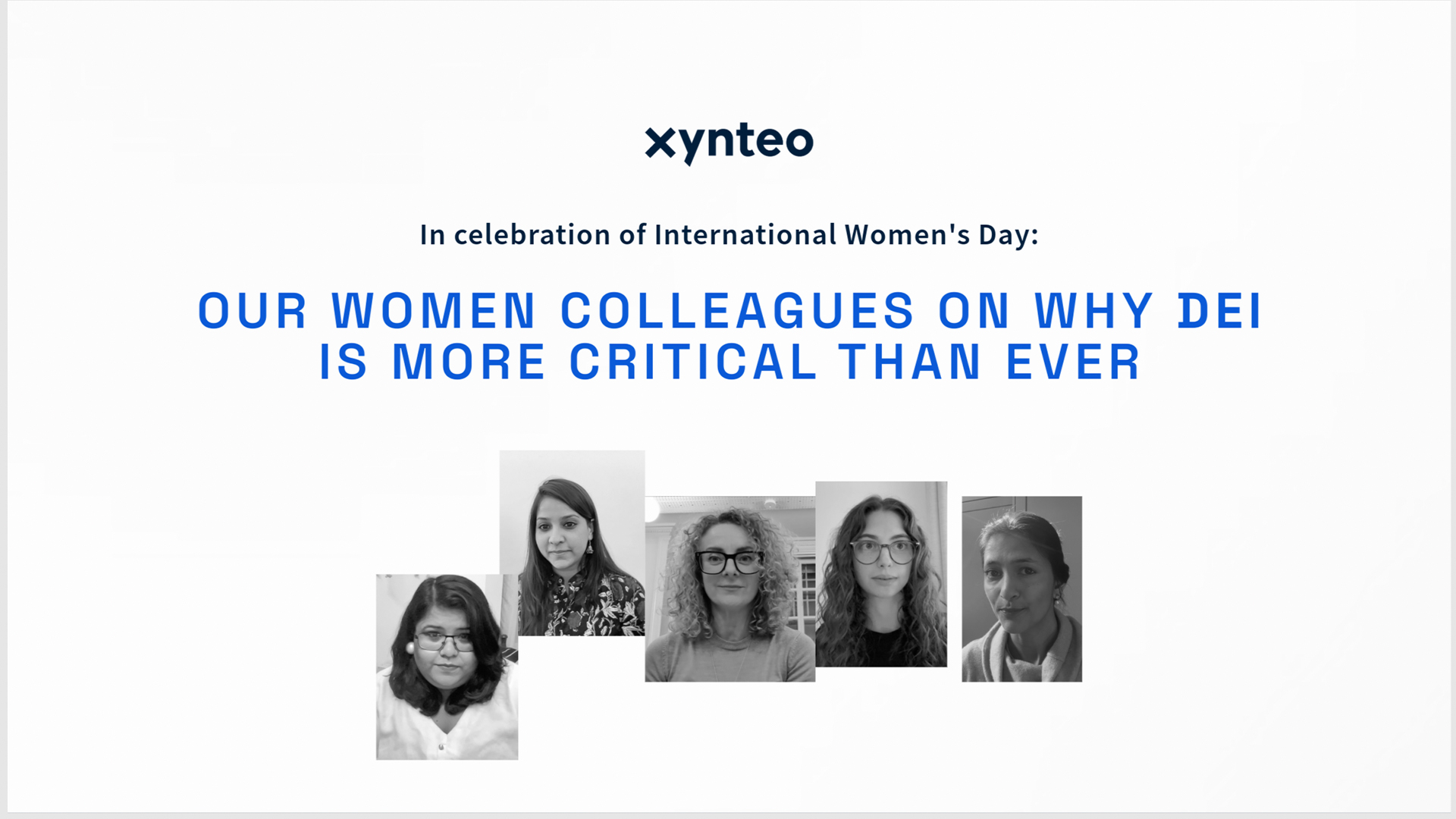 Videos
under a minute
Read article
Videos
under a minute
Read article
-
Catalysing Climate Finance for Low-Carbon Construction - Building a Sustainable Future
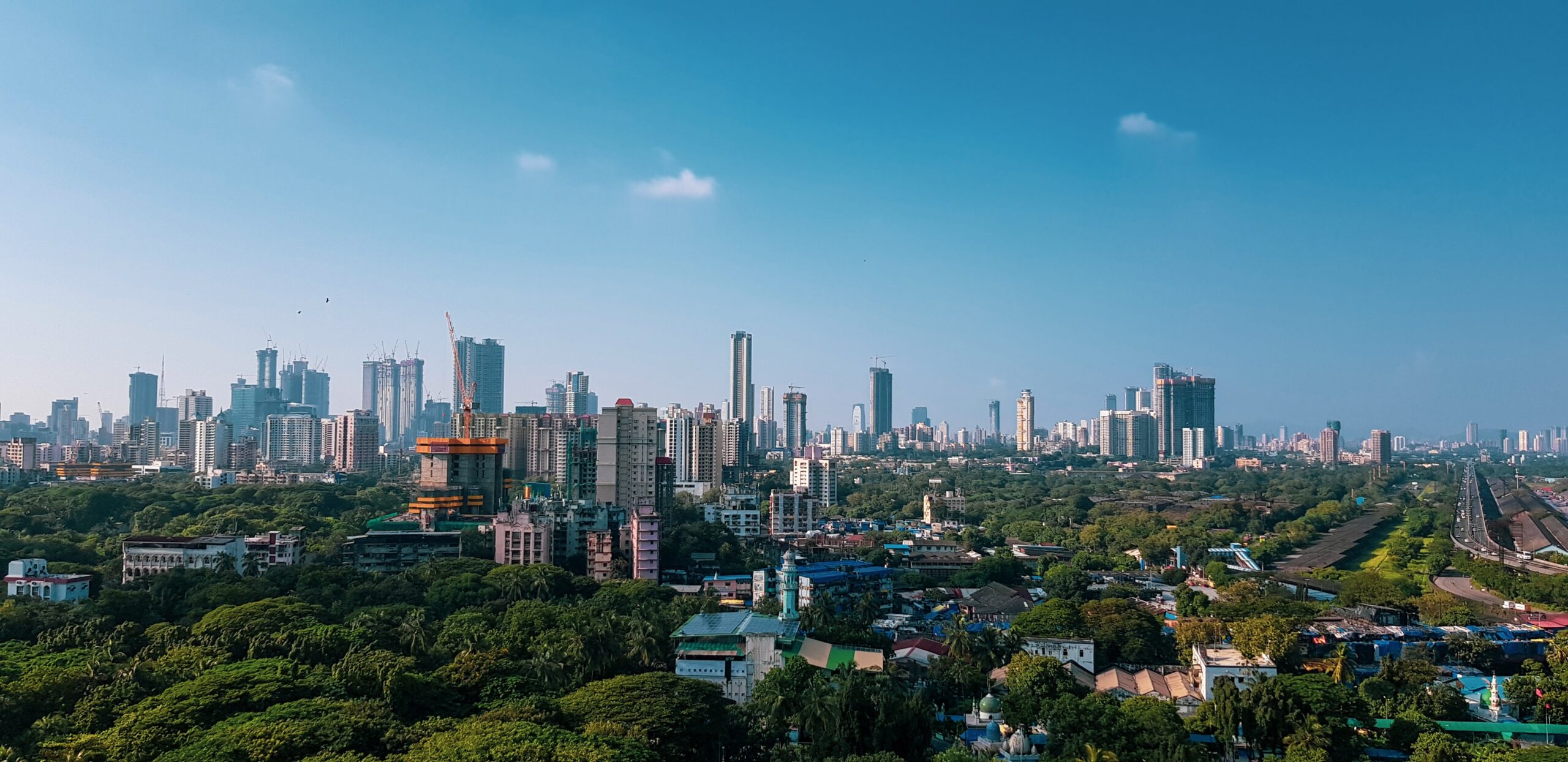 Build Ahead, Reports
1 minute
Read article
Build Ahead, Reports
1 minute
Read article
-
Xynteo's game plan: How we turned green into gold (and how we’re going bigger)
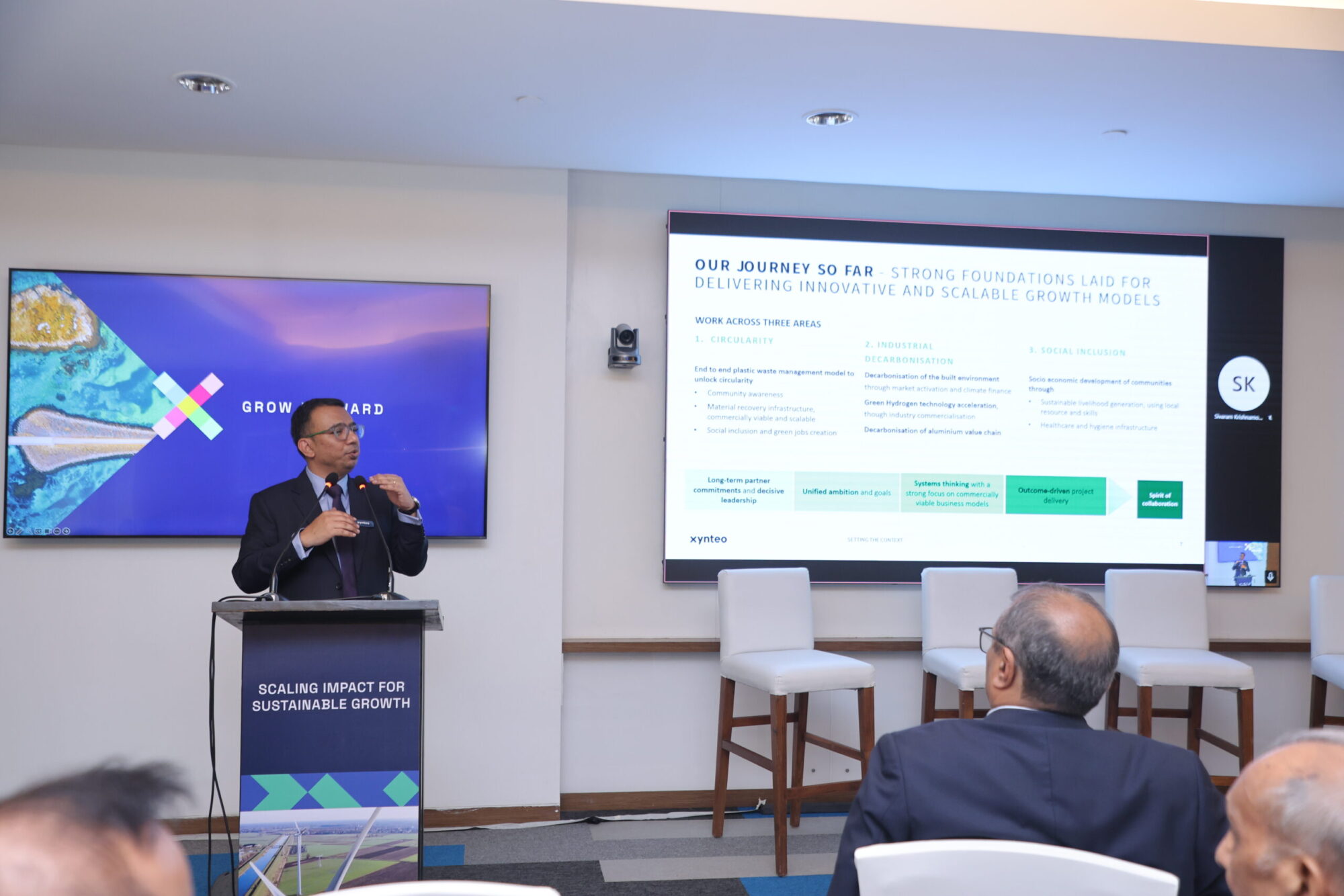 Past Event, Innovation
5 minutes
Read article
Past Event, Innovation
5 minutes
Read article
-
Limestone Calcined Clay Cement - An Outlook for Adoption in India
 Build Ahead, Reports
under a minute
Read article
Build Ahead, Reports
under a minute
Read article
-
Green hydrogen in industrial heating: Opportunities, challenges and alternatives
 Energy Leap, Insight
4 minutes
Read article
Energy Leap, Insight
4 minutes
Read article
-
Catalysing climate finance for low-carbon construction: Insights from industry leaders
 Build Ahead, Innovation
3 minutes
Read article
Build Ahead, Innovation
3 minutes
Read article
-
Beyond the scrapyard: Accelerating the formal End-of-Life Vehicles recycling ecosystem in India
 Innovation, Insight
4 minutes
Read article
Innovation, Insight
4 minutes
Read article
-
Leading businesses across the built environment value chain join forces with Xynteo to deliver the UK’s first zero-carbon and holistically sustainable buildings
 Build Ahead UK, Insight
5 minutes
Read article
Build Ahead UK, Insight
5 minutes
Read article
-
Hitting the pedal, or hitting the wall? Four critical challenges to EV supremacy in the UK
 Innovation, Insight
9 minutes
Read article
Innovation, Insight
9 minutes
Read article
-
Women For People And Planet Series: Sameera Sandhu
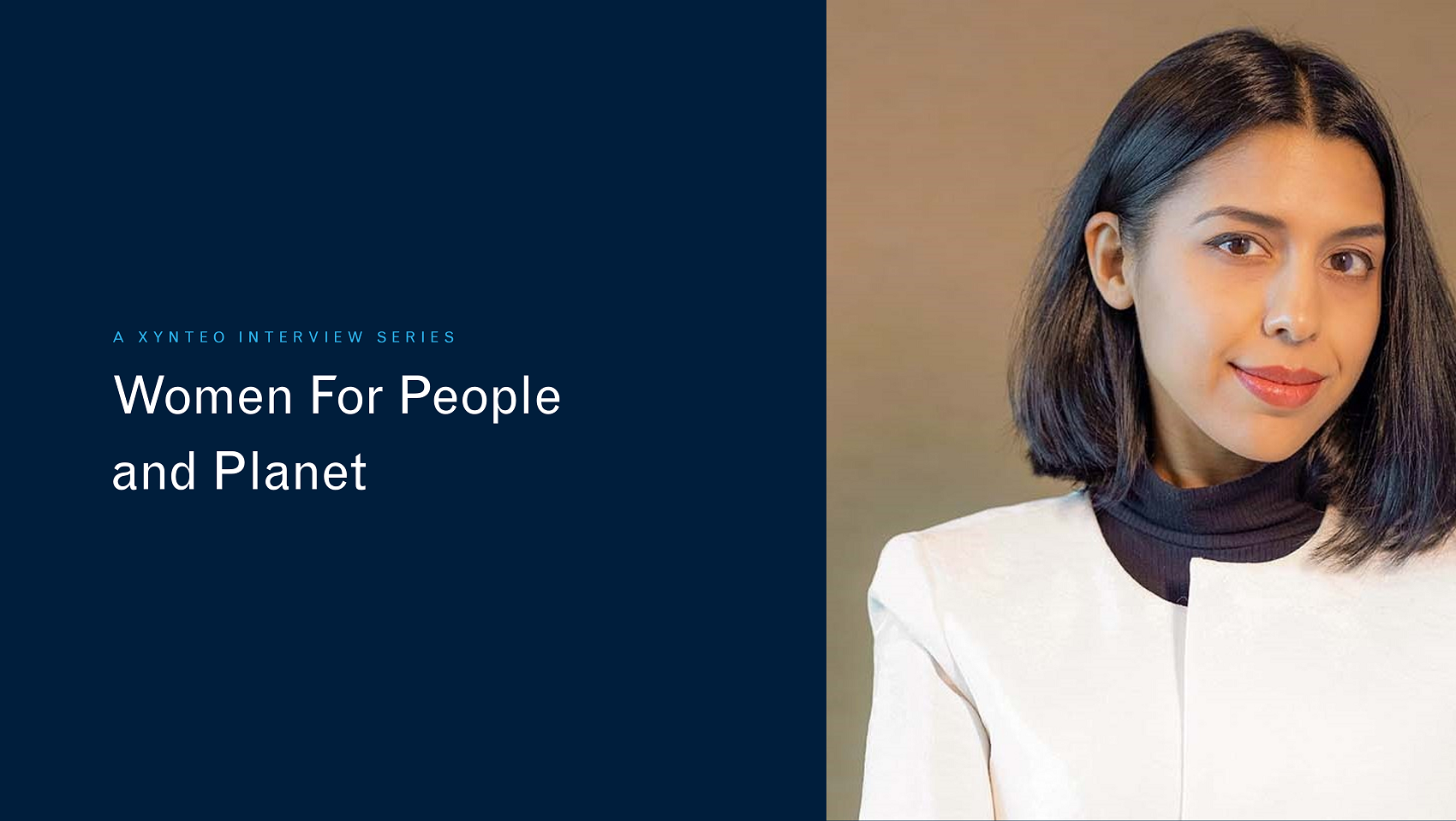 Insight, Leadership
15 minutes
Read article
Insight, Leadership
15 minutes
Read article
-
Systems change in action: Discovering the future of sustainable leadership in Mumbai
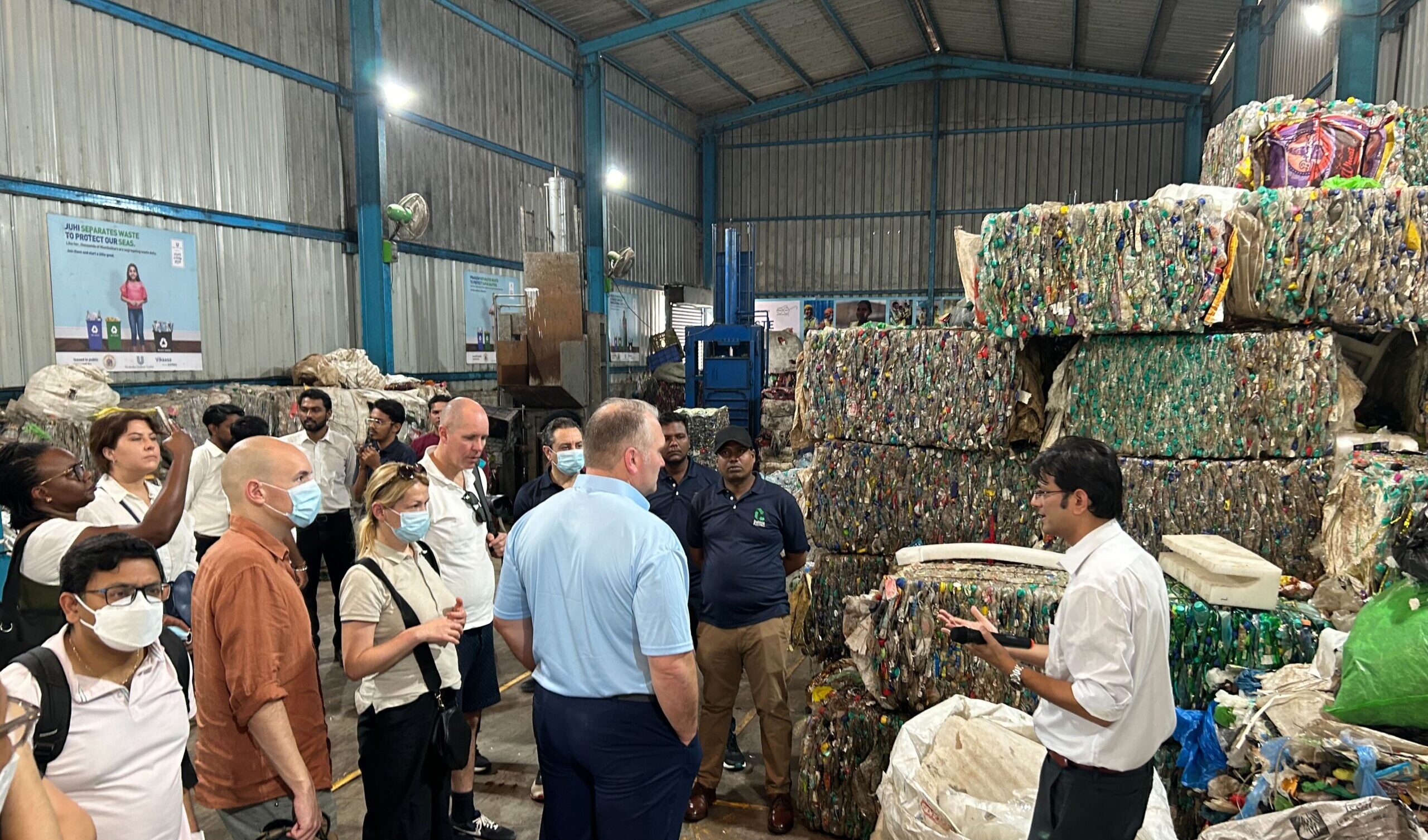 Insight, Leadership
3 minutes
Read article
Insight, Leadership
3 minutes
Read article
-
Energy Leap Innovation Challenge winner - Interview with Suzhiyam Industrial Machines
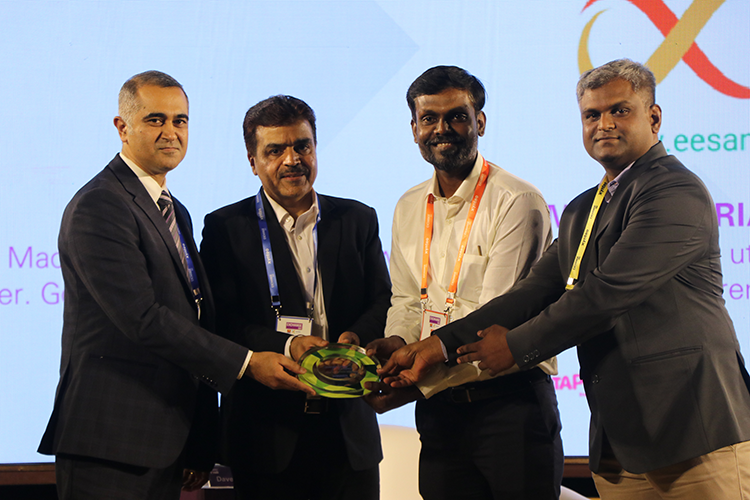 Energy Leap, Insight
6 minutes
Read article
Energy Leap, Insight
6 minutes
Read article
-
India’s first clean hydrogen technology accelerator – Interview with Vipul Kumar, Senior Partner, Xynteo, on Energy Leap
 Energy Leap, Insight
4 minutes
Read article
Energy Leap, Insight
4 minutes
Read article
-
Clean hydrogen: Catalysing India-UK innovation and collaboration
 Energy Leap, Insight
4 minutes
Read article
Energy Leap, Insight
4 minutes
Read article
-
Pathways for green hydrogen project developers: Navigating export and domestic markets, and building competitive capabilities
 Energy Leap, Insight
4 minutes
Read article
Energy Leap, Insight
4 minutes
Read article
-
Five priorities for building a more sustainable plastic waste system
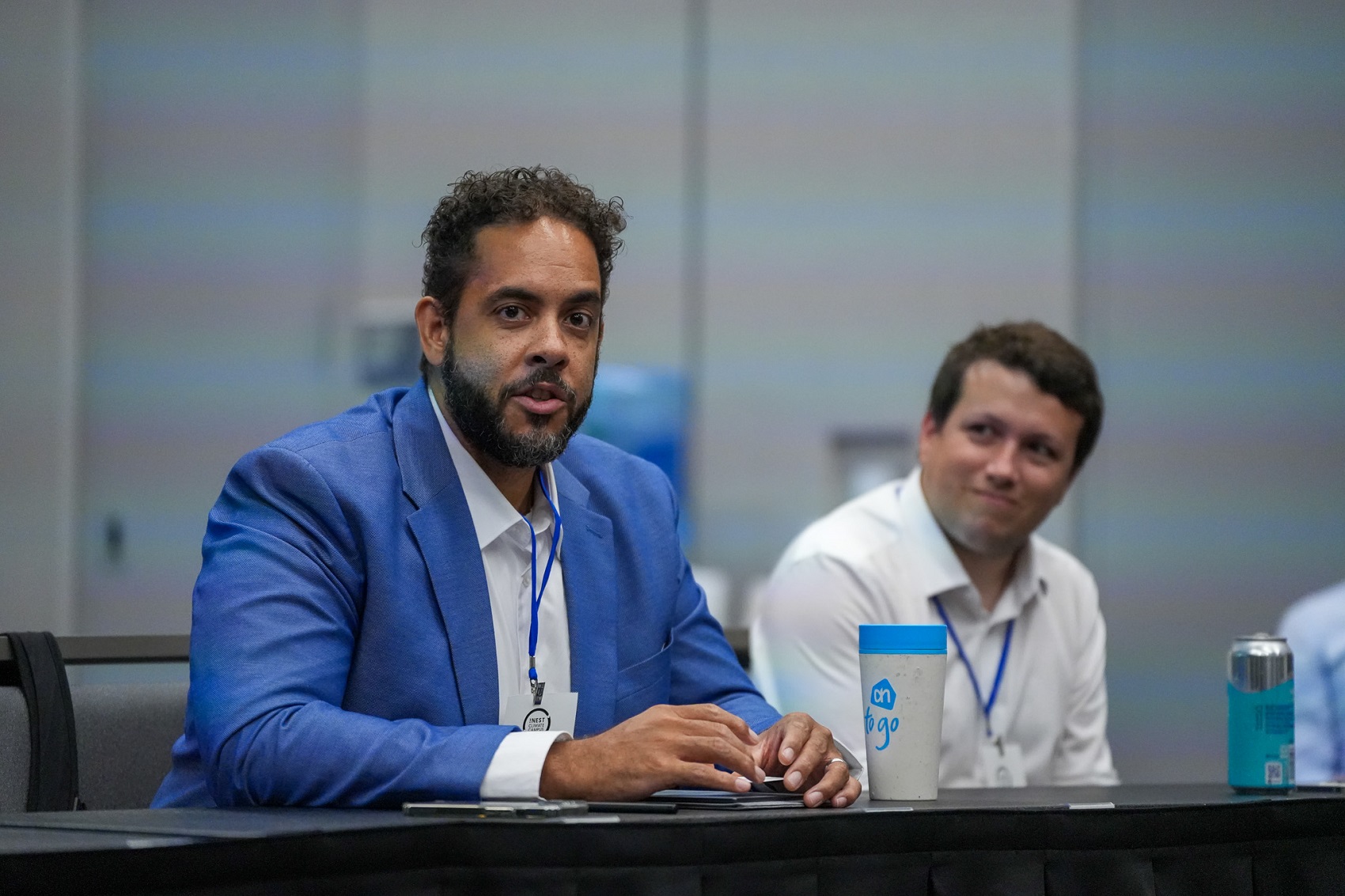 Insight, Systems & Collaboration
8 minutes
Read article
Insight, Systems & Collaboration
8 minutes
Read article
-
Interview with Chris George from Octopus Electric Vehicles at Climate Week NYC
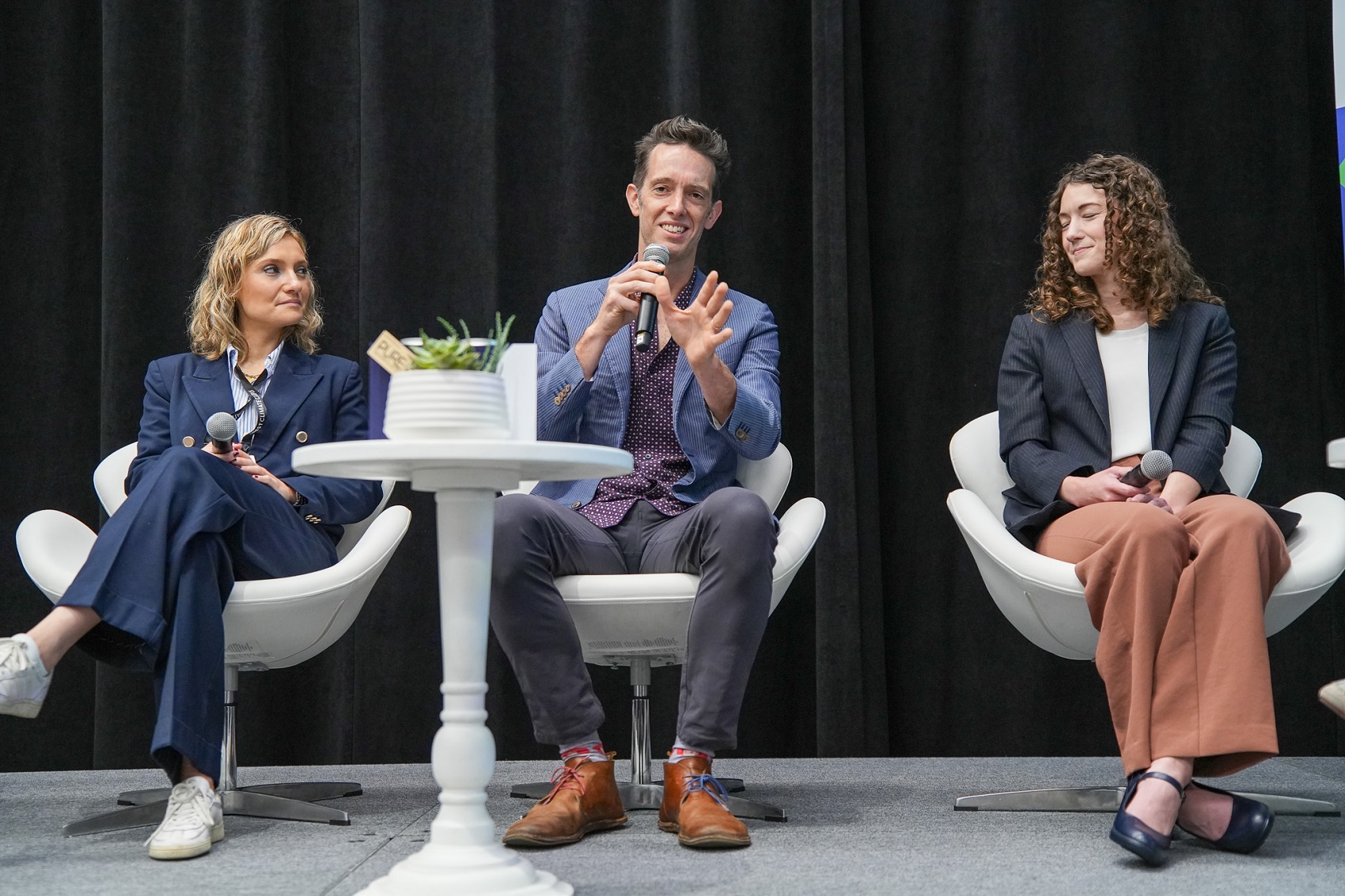 Videos
under a minute
Read article
Videos
under a minute
Read article
-
Electrifying urban road transport for a complex world
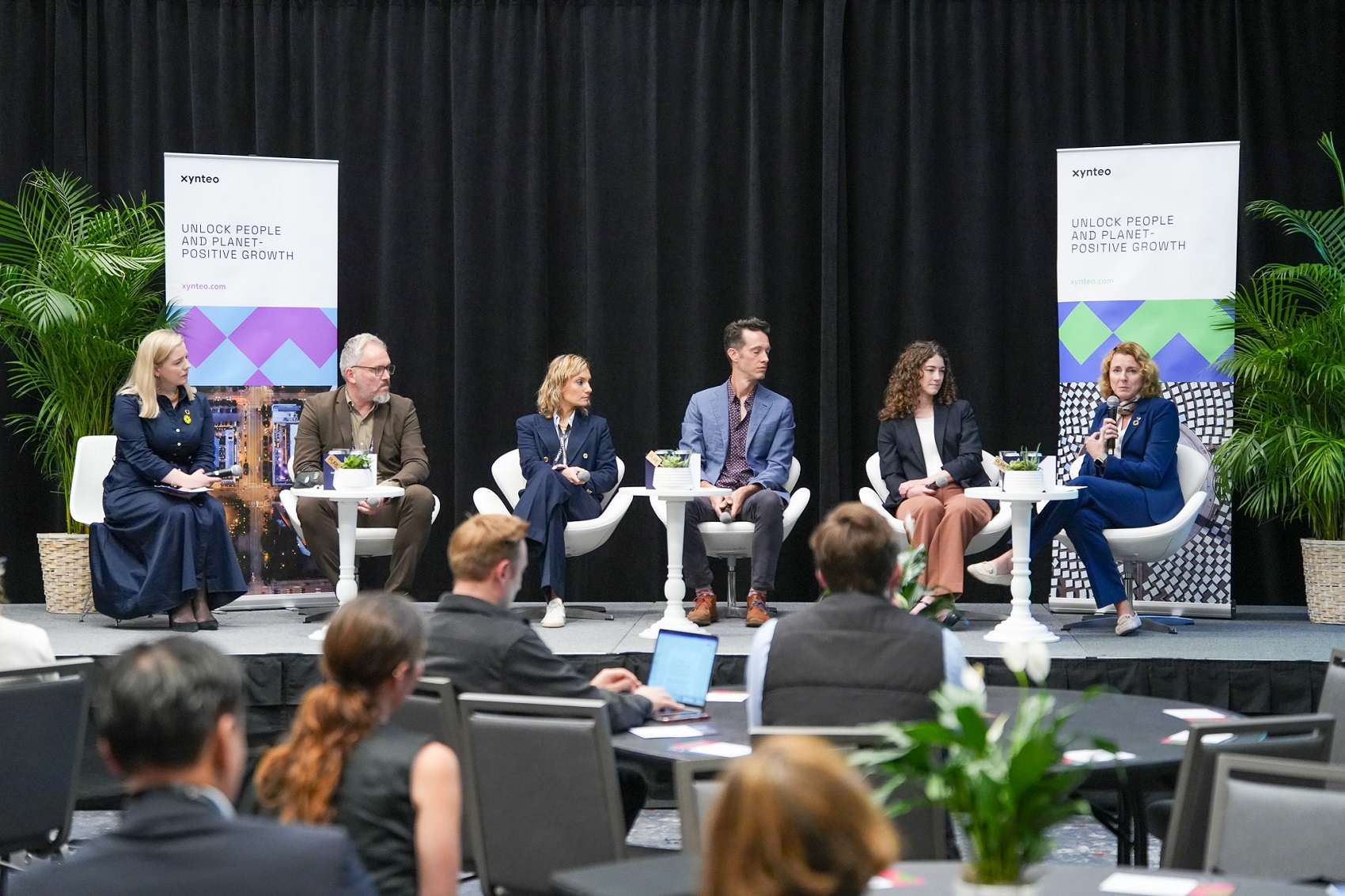 Insight, Strategy
5 minutes
Read article
Insight, Strategy
5 minutes
Read article
-
ABB and Xynteo are joining forces to enable the energy transition for European islands
 Innovation, Insight
6 minutes
Read article
Innovation, Insight
6 minutes
Read article
-
Build Ahead launches Build Better, a new tool for construction developers in India to measure embodied carbon
 Build Ahead, Insight
4 minutes
Read article
Build Ahead, Insight
4 minutes
Read article
-
Global industry leaders unite at Climate Week NYC to accelerate aluminium decarbonisation through cross-sector collaboration
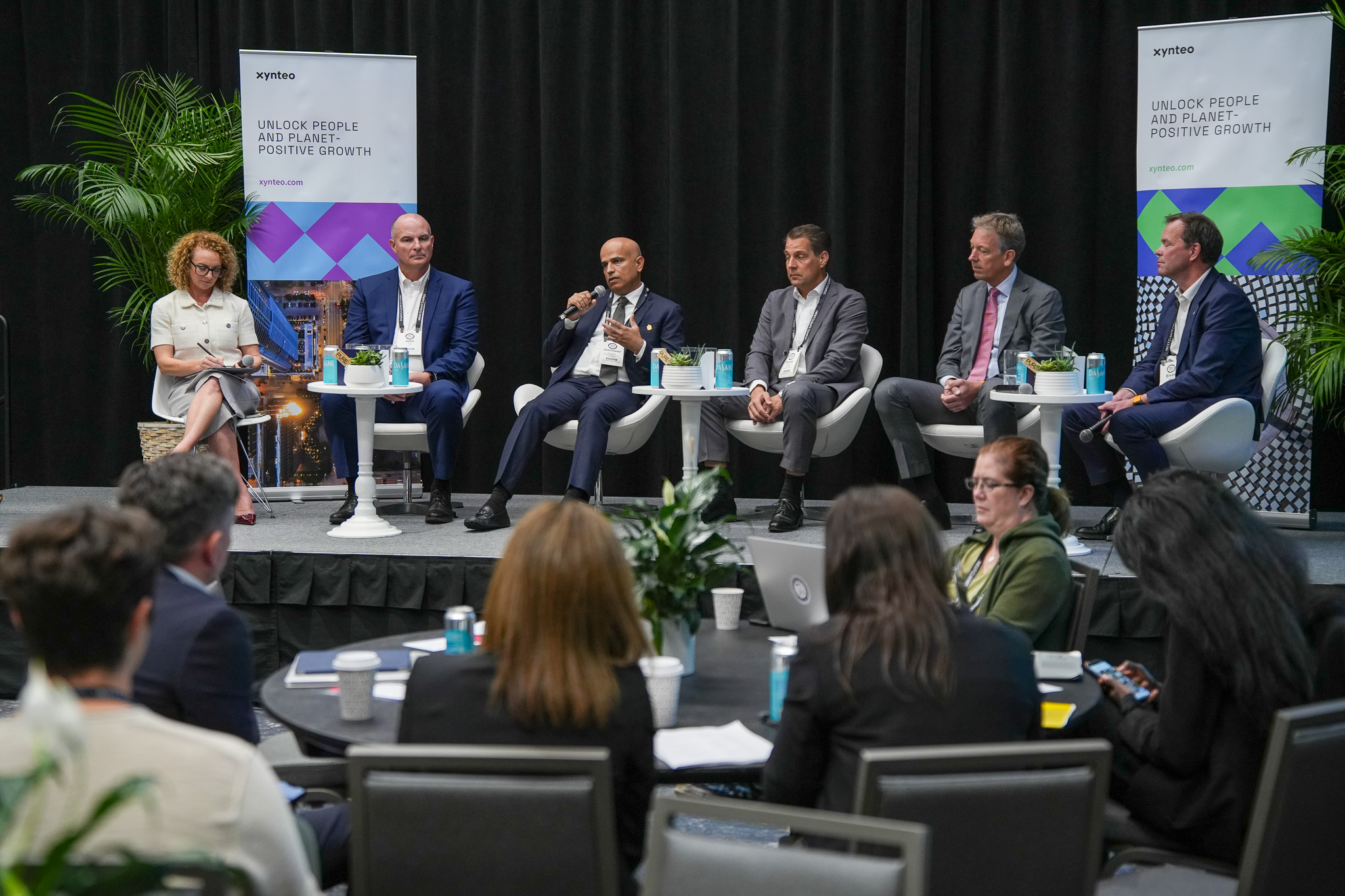 Insight, Strategy
5 minutes
Read article
Insight, Strategy
5 minutes
Read article
-
Realising a sustainable UK economy will require more than this Budget delivered
 Insight, Leadership
4 minutes
Read article
Insight, Leadership
4 minutes
Read article
-
Building a greener future for our cities from the ground up
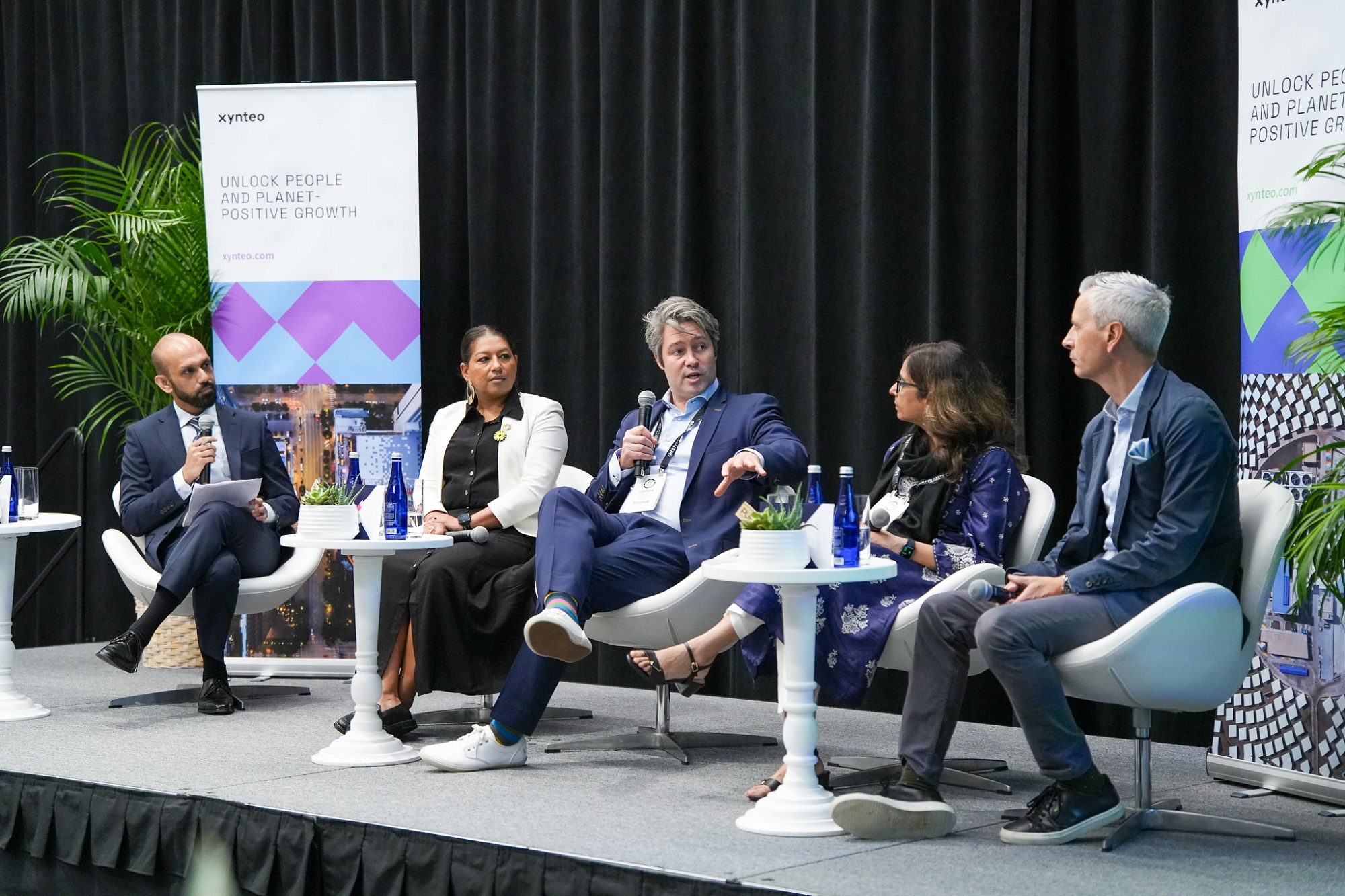 Insight, Strategy
6 minutes
Read article
Insight, Strategy
6 minutes
Read article
-
Highlights from Xynteo's Sustainable Skylines panel at Climate Week NYC
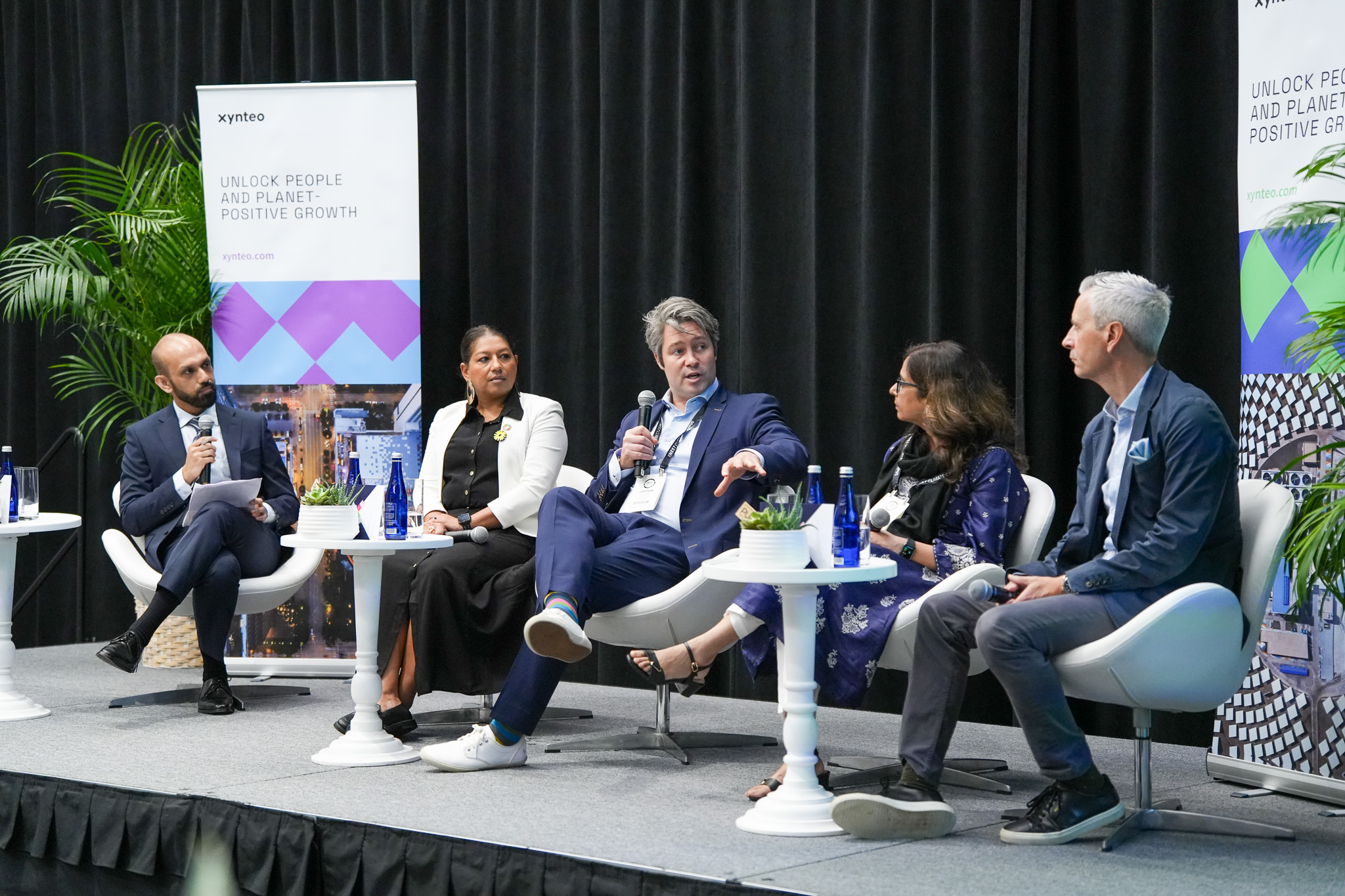 Videos
under a minute
Read article
Videos
under a minute
Read article
-
Highlights from Xynteo's In The Driving Seat? panel at Climate Week NYC
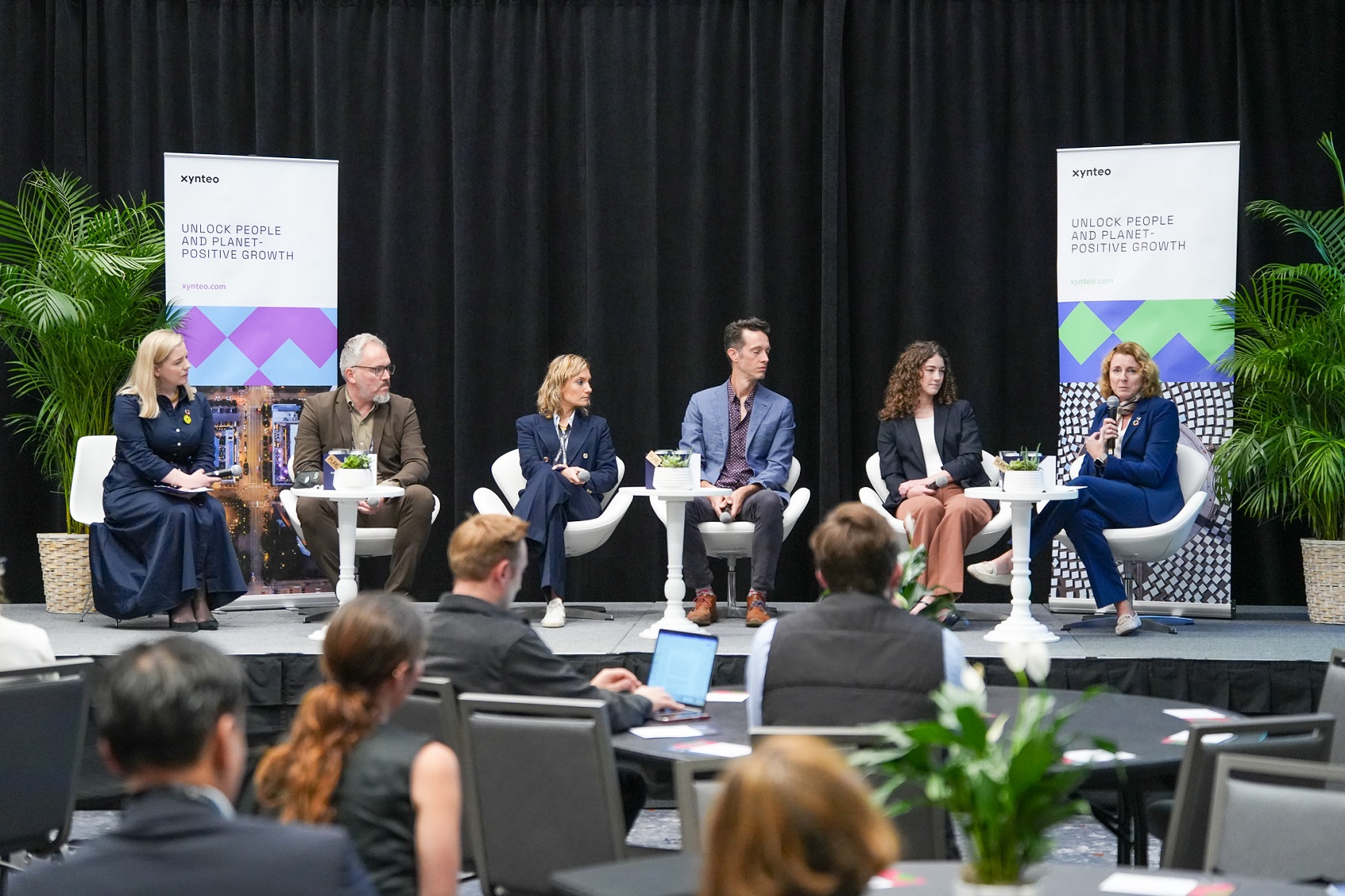 Videos
under a minute
Read article
Videos
under a minute
Read article
-
Sustainability leadership in action at Climate Week NYC
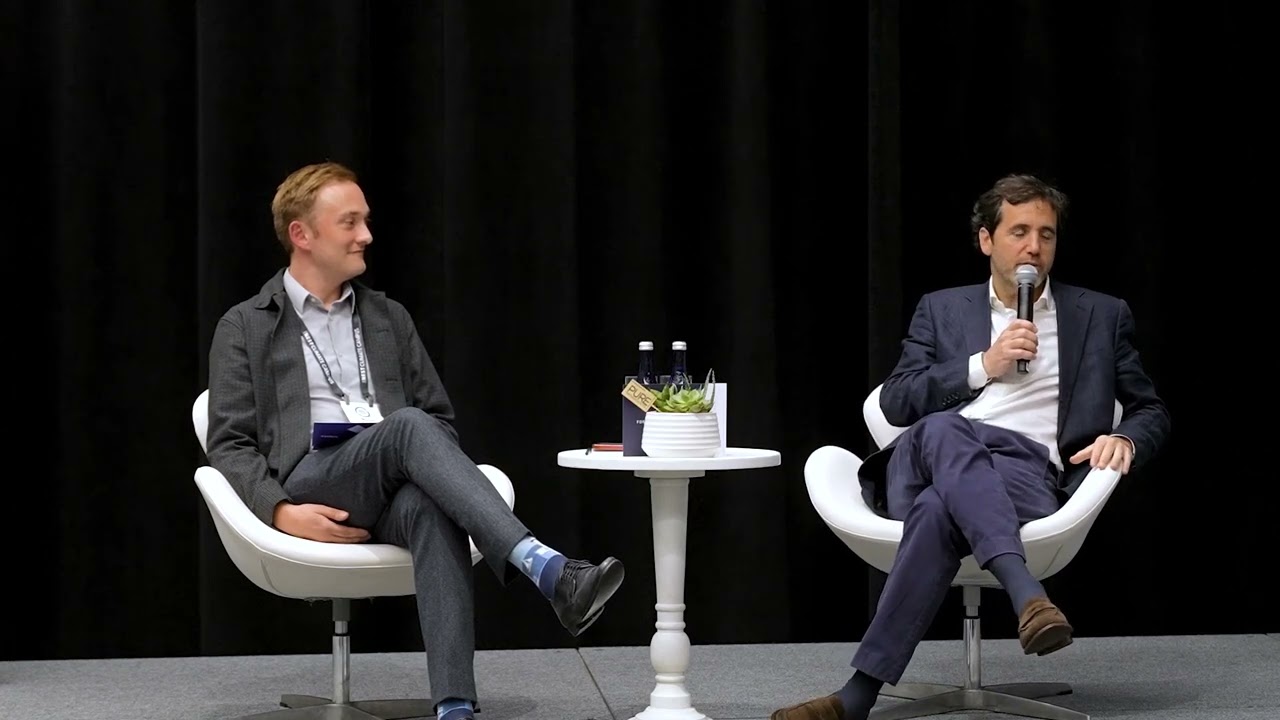 Videos
under a minute
Read article
Videos
under a minute
Read article
-
Women for People and Planet at Climate Week NYC
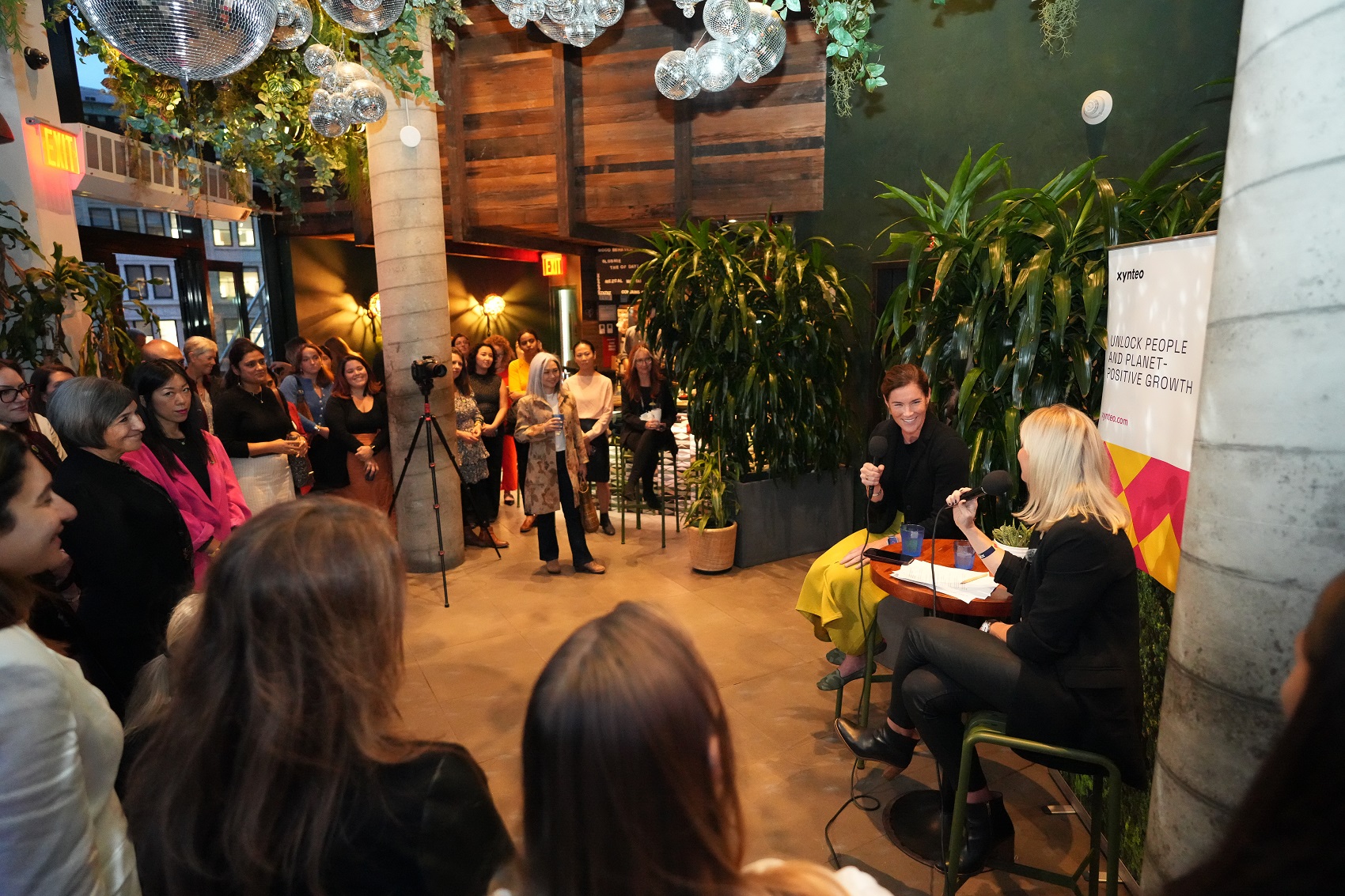 Videos
under a minute
Read article
Videos
under a minute
Read article
-
Interview with Gunnar Guethenke from Mercedes Benz at Climate Week NYC
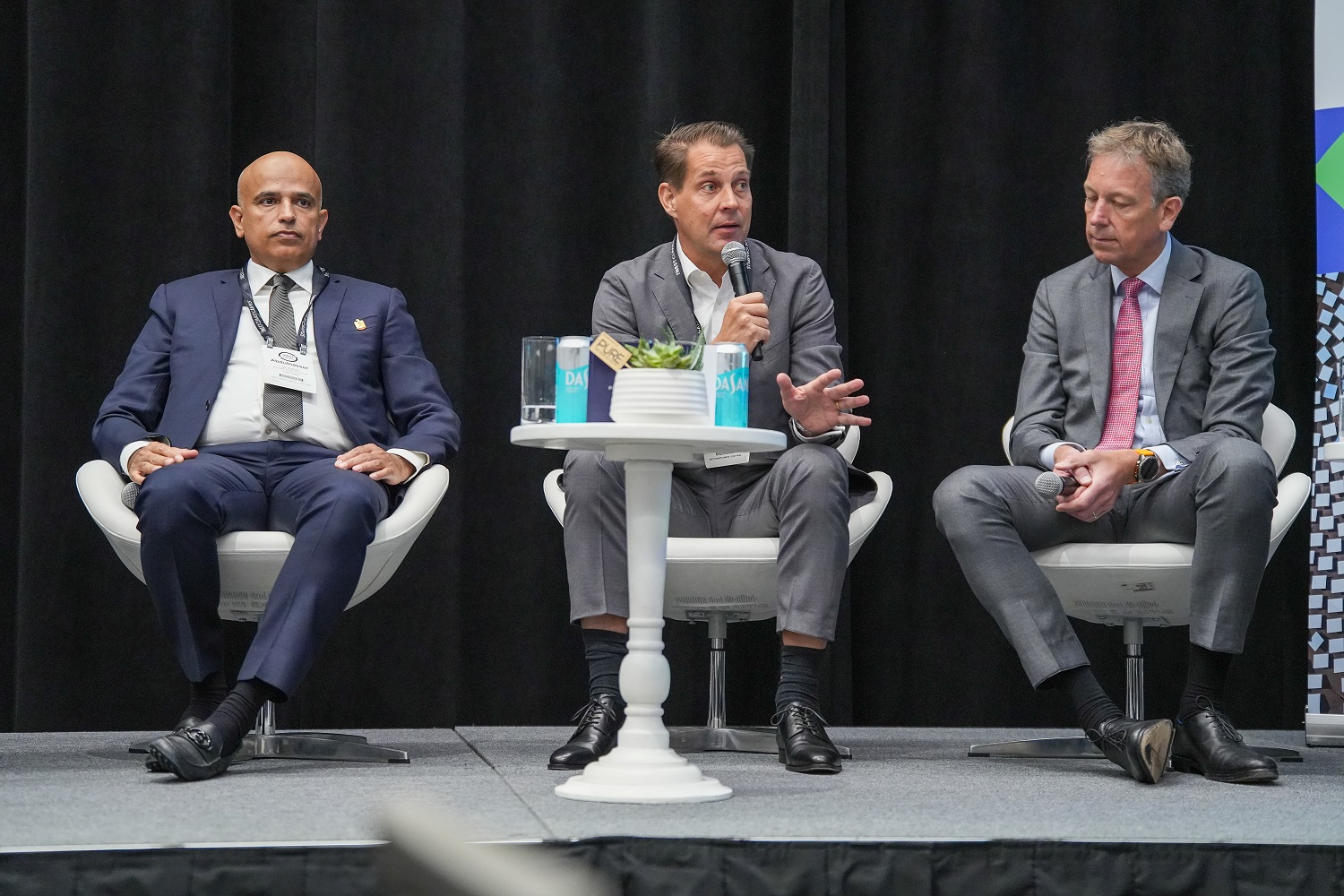 Videos
under a minute
Read article
Videos
under a minute
Read article
-
Highlights from Xynteo's Aluminium Decarbonisation panel at Climate Week NYC
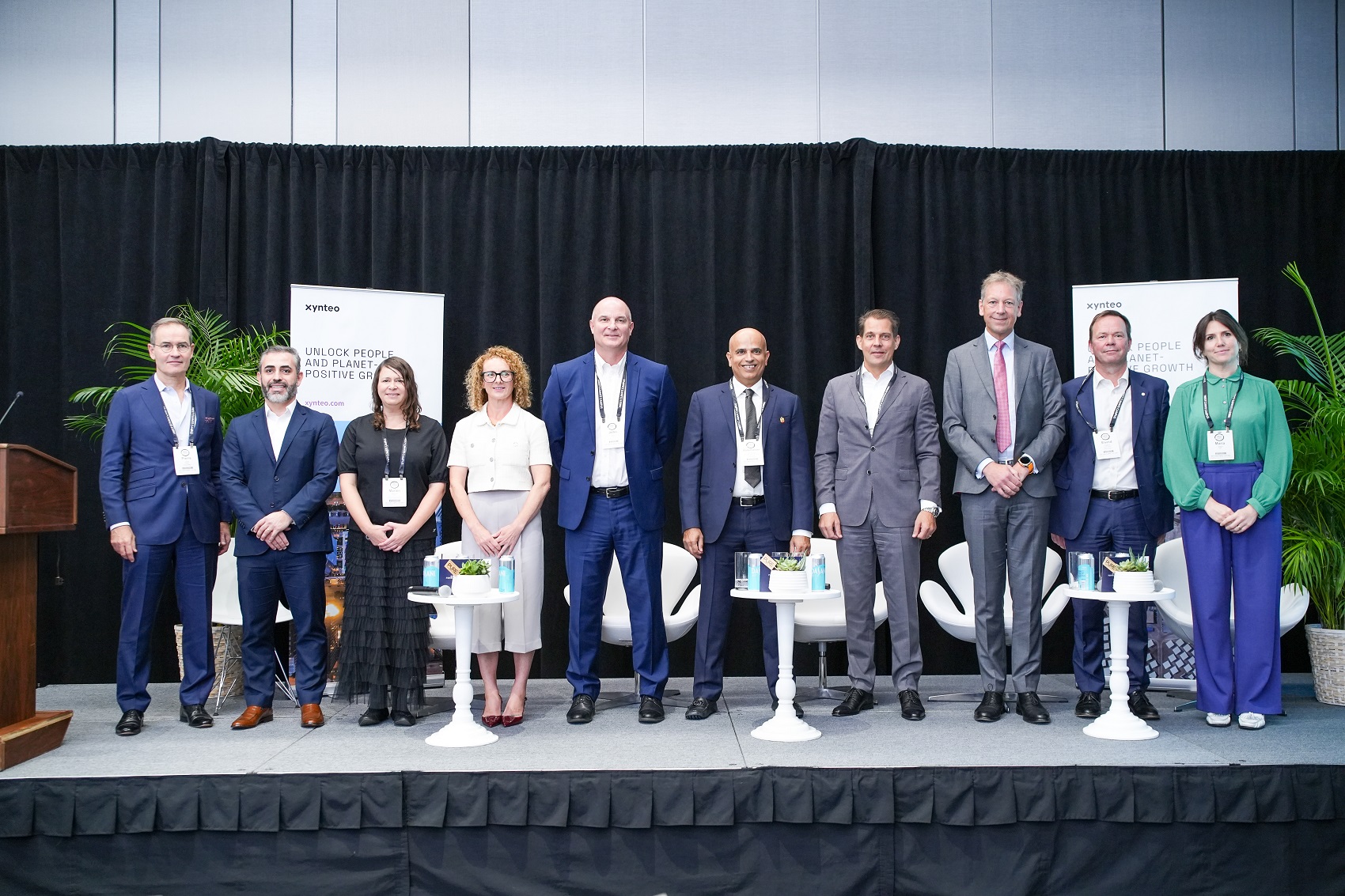 Videos
under a minute
Read article
Videos
under a minute
Read article
-
Highlights from Xynteo's Reap What You Sow panel at Climate Week NYC
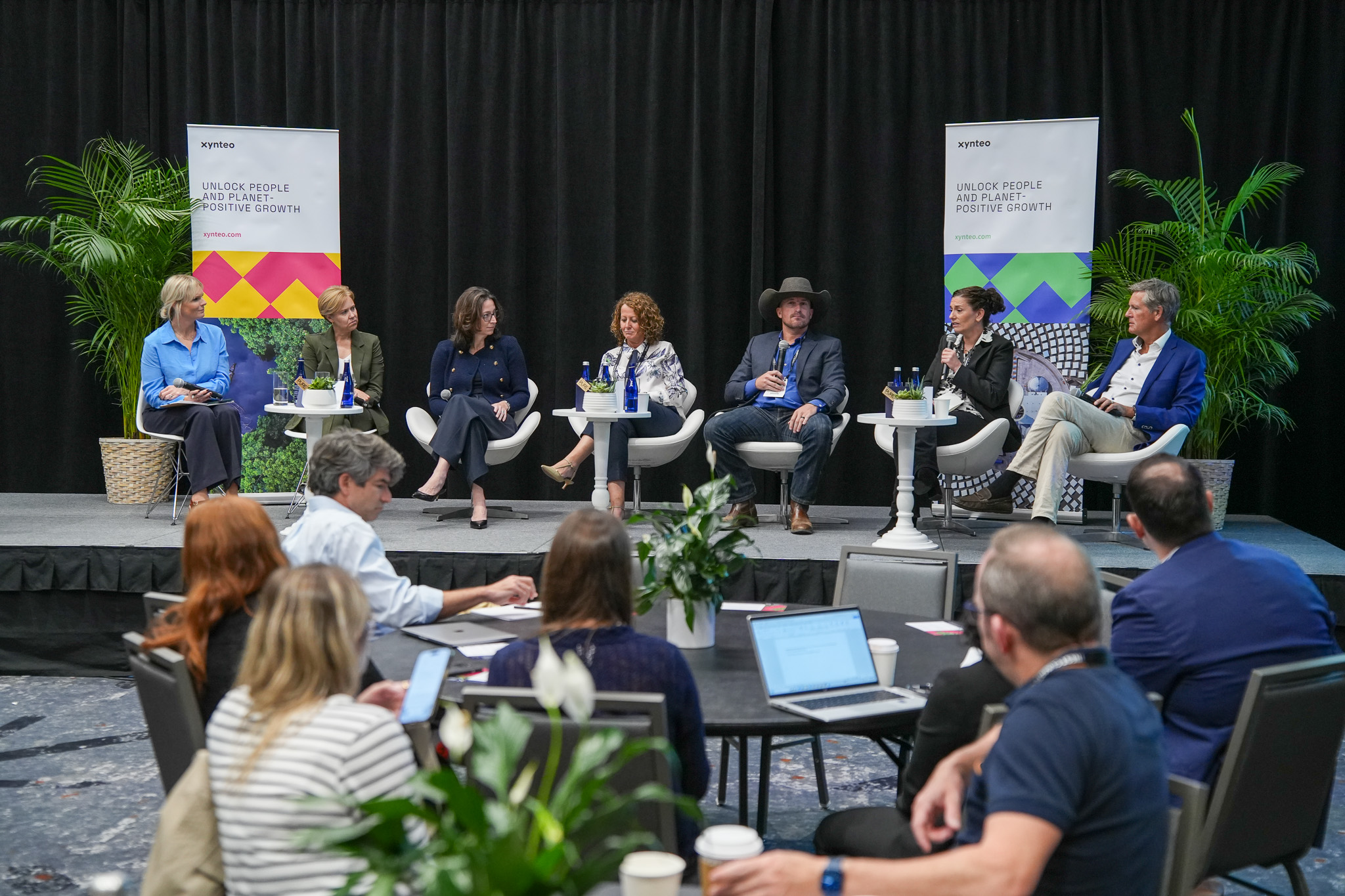 Videos
under a minute
Read article
Videos
under a minute
Read article
-
Sustainable Aviation Fuel: Status and Future Pathways In The Indian Context
 Innovation, Strategy
1 minute
Read article
Innovation, Strategy
1 minute
Read article
-
Cultivating a global food system for tomorrow's world
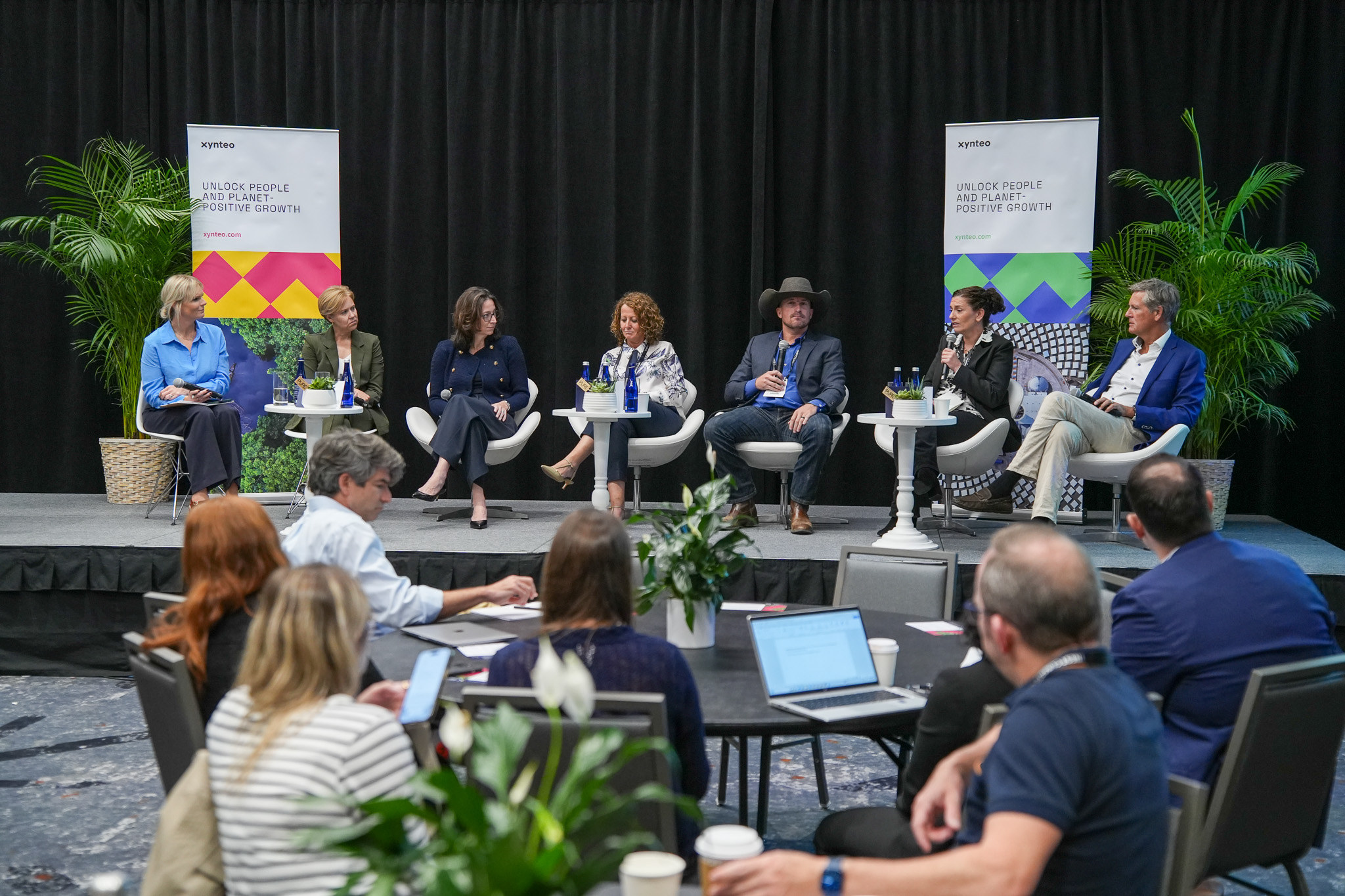 Insight, Strategy
7 minutes
Read article
Insight, Strategy
7 minutes
Read article
-
Interview with Guy Grainger from JLL at Climate Week NYC
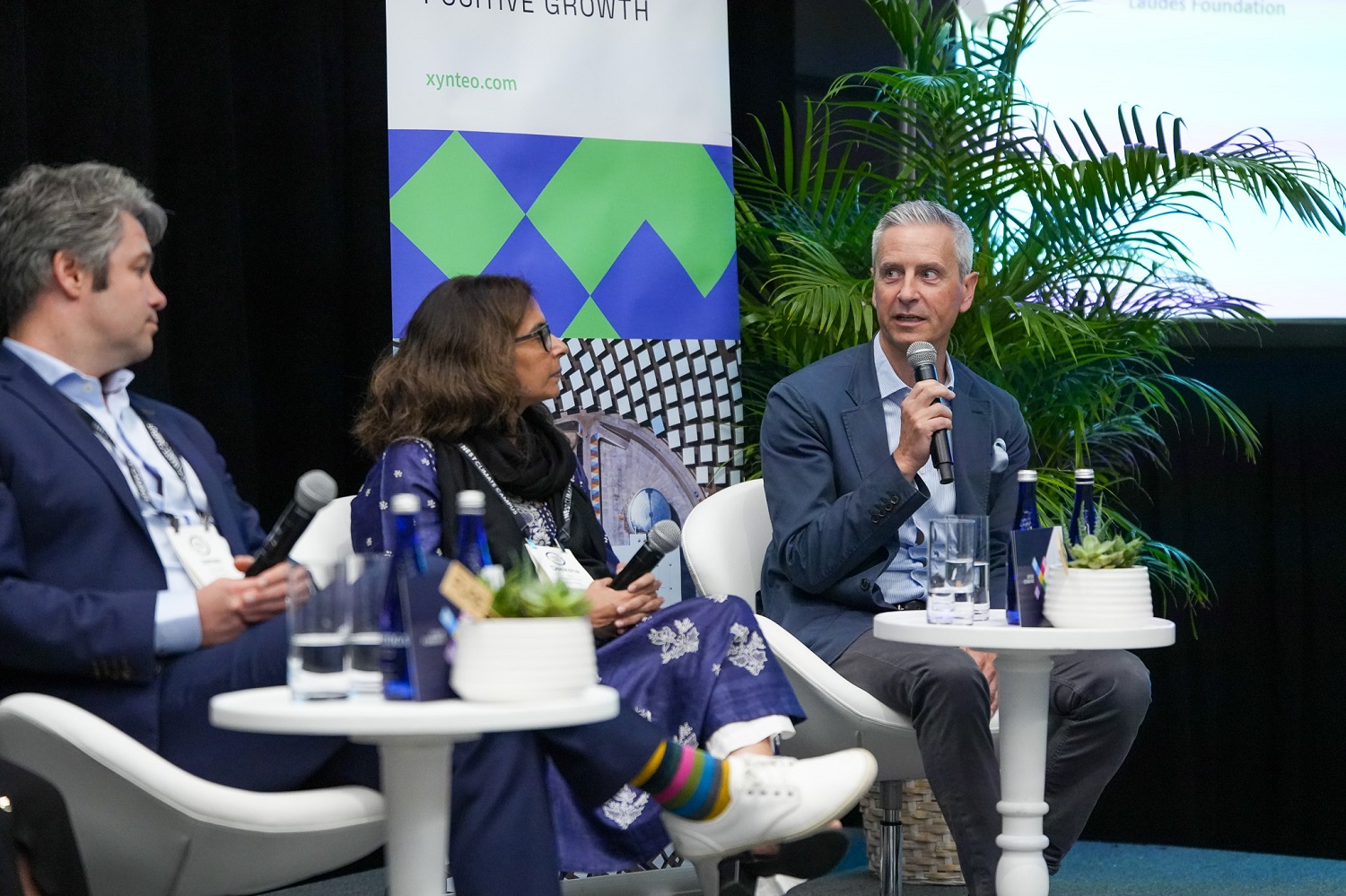 Videos
under a minute
Read article
Videos
under a minute
Read article
-
Interview with Eivind Kallevik from Norsk Hydro at Climate Week NYC
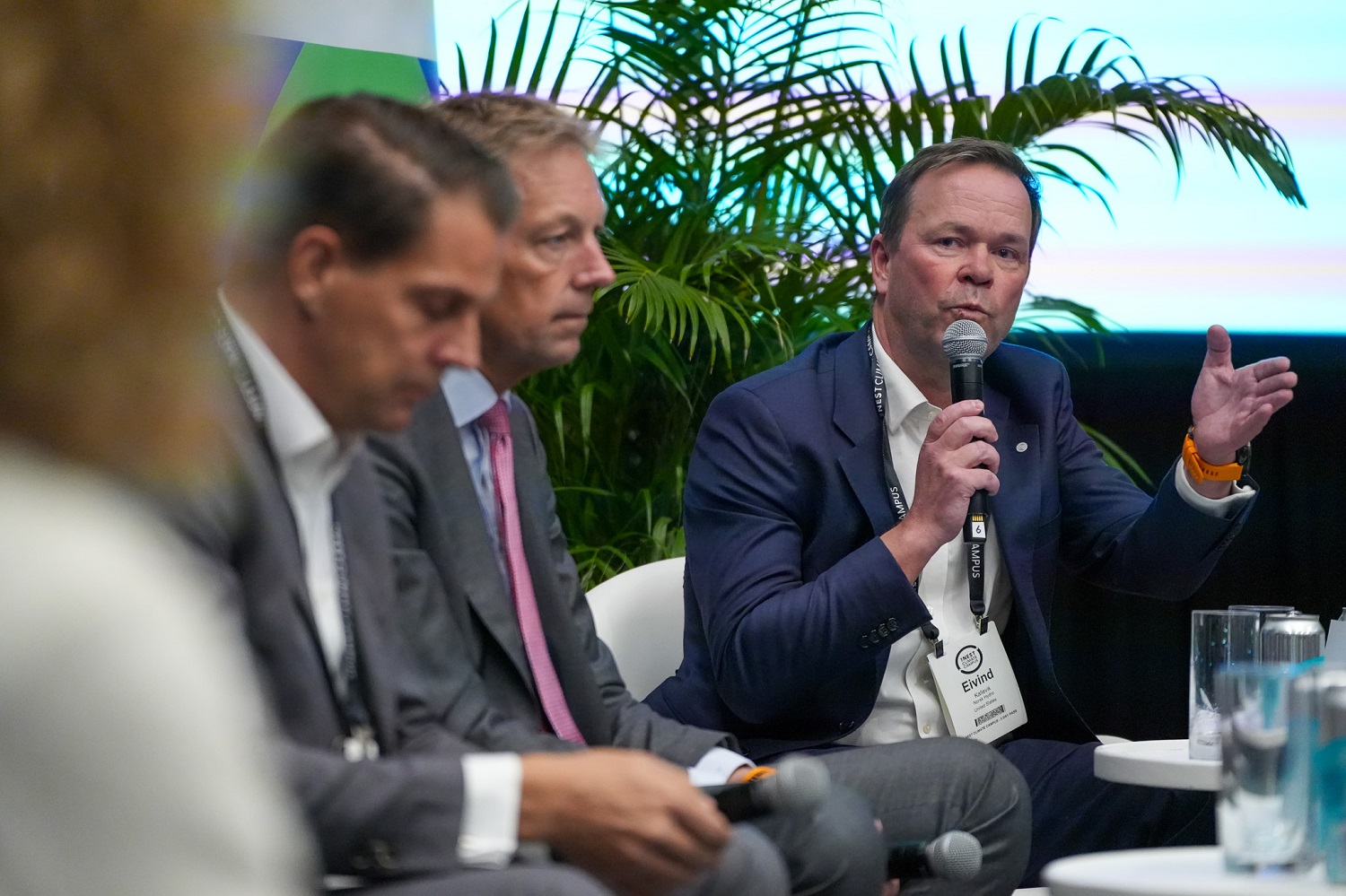 Videos
under a minute
Read article
Videos
under a minute
Read article
-
Bringing together industry leaders to ask the tough questions at Climate Week NYC 2024
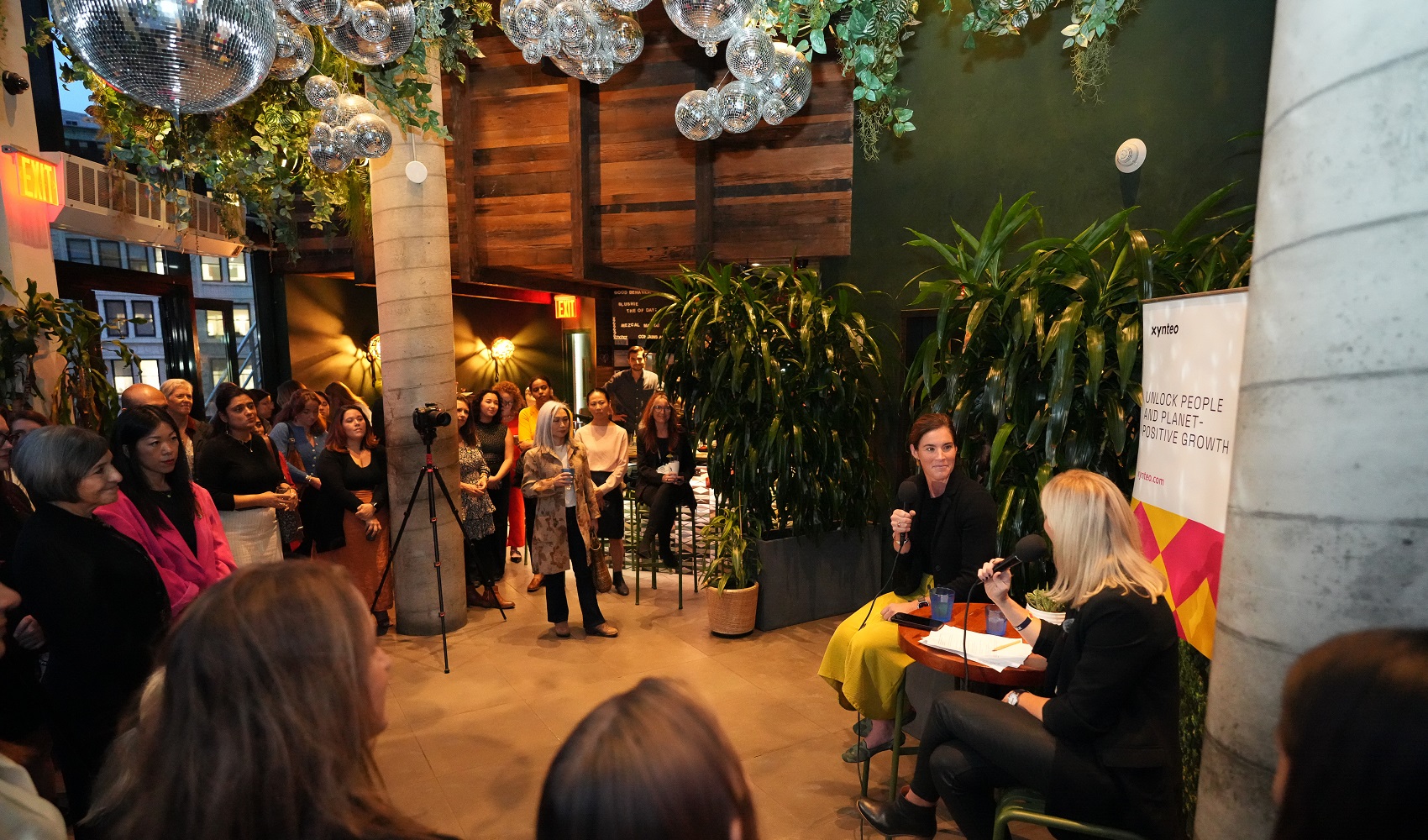 Insight, Systems & Collaboration
1 minute
Read article
Insight, Systems & Collaboration
1 minute
Read article
-
Women for People and Planet Series: Darshana Myronidis
 Insight, Leadership
10 minutes
Read article
Insight, Leadership
10 minutes
Read article
-
Women for People and Planet Series: Olivia Wong
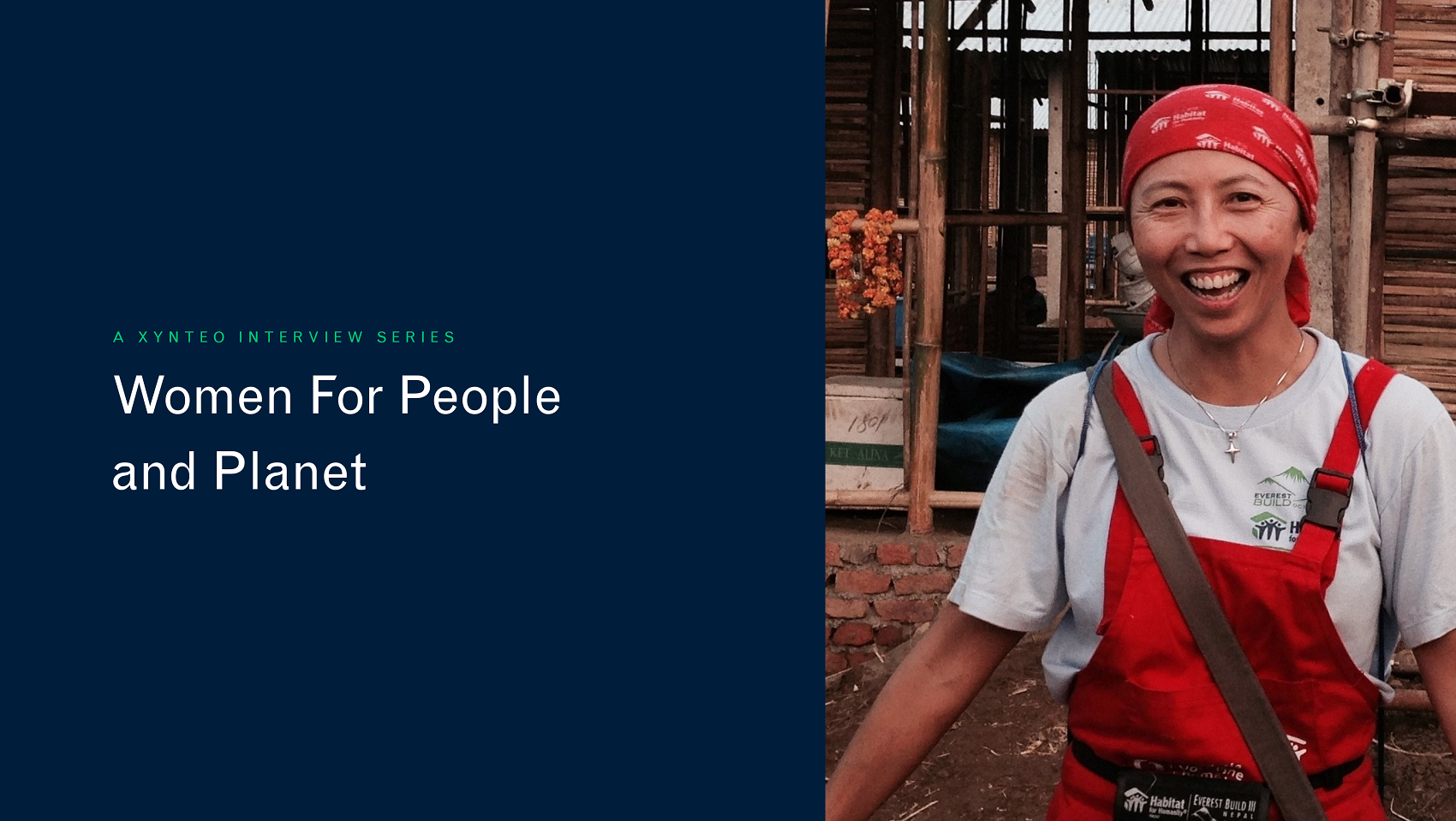 Insight, Leadership
10 minutes
Read article
Insight, Leadership
10 minutes
Read article
-
Asking the tough questions for positive progress at Climate Week NYC 2024
 Insight, Strategy
4 minutes
Read article
Insight, Strategy
4 minutes
Read article
-
The Trailblazing Women Of Our Collective, People And Planet-Positive Future
 Inclusion, Leadership
2 minutes
Read article
Inclusion, Leadership
2 minutes
Read article
-
Unleashing Innovation: Clean Hydrogen Pioneers at Energy Leap
 Energy Leap, Insight
3 minutes
Read article
Energy Leap, Insight
3 minutes
Read article
-
From More Efficient Operations to Regenerative Business Models: Redefining Leadership for a Complex World
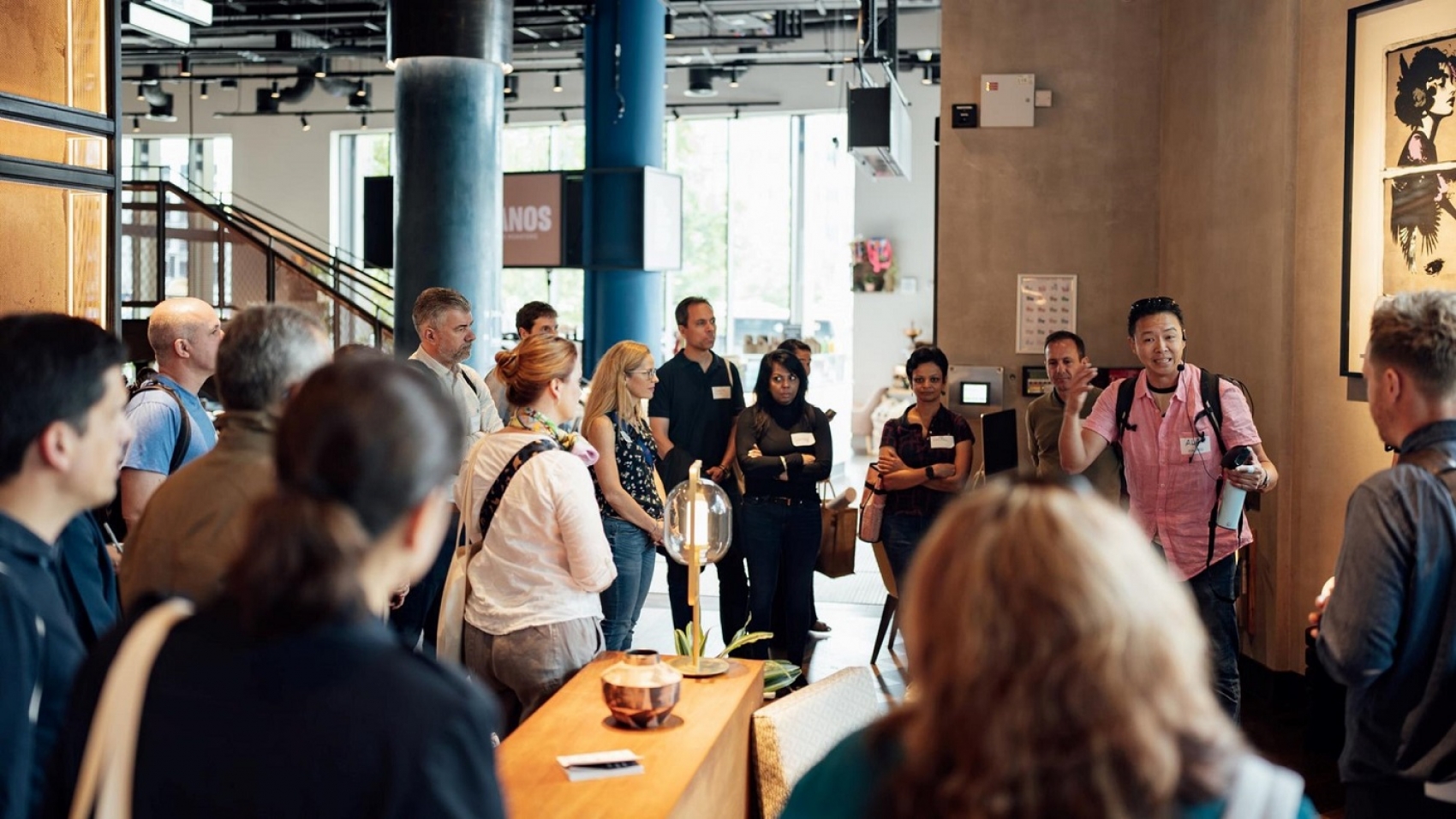 Leadership, Systems & Collaboration
5 minutes
Read article
Leadership, Systems & Collaboration
5 minutes
Read article
-
Clean Hydrogen: Catalyzing India-UK Innovation and Collaboration
 Insight, Strategy
5 minutes
Read article
Insight, Strategy
5 minutes
Read article
-
Women For People And Planet Series: Meenu Bagla
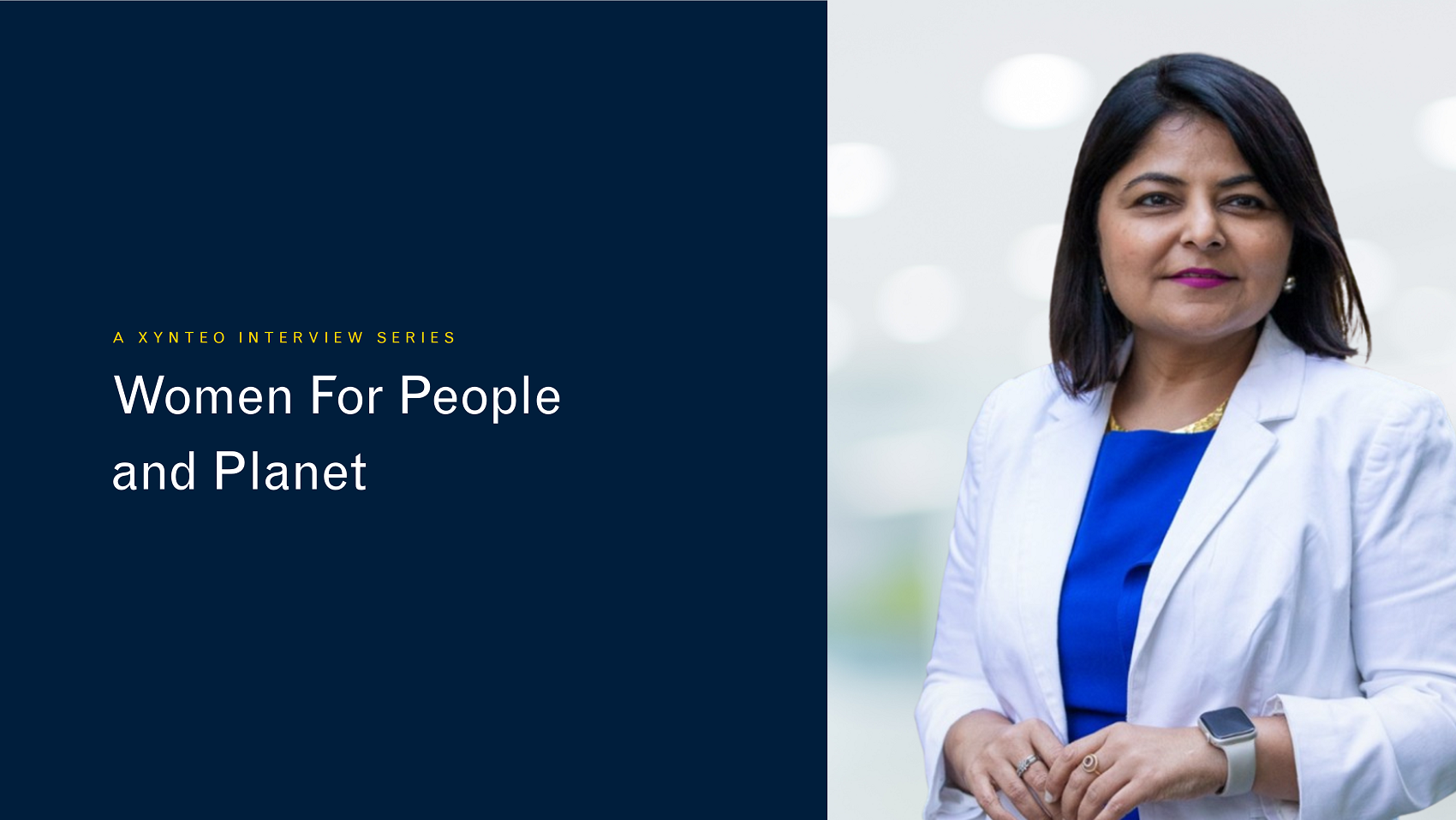 Inclusion, Leadership
7 minutes
Read article
Inclusion, Leadership
7 minutes
Read article
-
Carbon Labelling, A Powerful Tool For Decarbonisation
 Build Ahead, Reports
under a minute
Read article
Build Ahead, Reports
under a minute
Read article
-
Decarbonisation of Heavy Industry: A Good Growth Imperative
 Strategy, Sustainability
7 minutes
Read article
Strategy, Sustainability
7 minutes
Read article
-
Beyond First-Mover Advantage: Unleashing The Power Of Collaborative Innovation
 Inclusion, Leadership
3 minutes
Read article
Inclusion, Leadership
3 minutes
Read article
-
Your Competitors Might Just Be Your Best Friends In The Fight Against Climate Change
 Inclusion, Sustainability
4 minutes
Read article
Inclusion, Sustainability
4 minutes
Read article
-
Decarbonising heavy industry: A critical path to sustainable economic growth
 Leadership, Sustainability
4 minutes
Read article
Leadership, Sustainability
4 minutes
Read article
-
क्लीन हाइड्रोजन: सरकार, उद्योग, स्टार्टअप्स और शिक्षा जगत के लिए अवसर
 Leadership, Sustainability
5 minutes
Read article
Leadership, Sustainability
5 minutes
Read article
-
Heavy Industry's Climate Challenge: Innovating For A Low-Carbon Future In India
 Strategy, Sustainability
7 minutes
Read article
Strategy, Sustainability
7 minutes
Read article
-
How European FMCG Companies Are Embracing Electric Mobility In Their Supply Chain
 Innovation, Sustainability
5 minutes
Read article
Innovation, Sustainability
5 minutes
Read article
-
Ensuring A Green Future: How The Board Of Directors Can Drive The Sustainability Agenda
 Leadership, Sustainability
5 minutes
Read article
Leadership, Sustainability
5 minutes
Read article
-
ESG spending is key to boosting business resilience
 Strategy, Sustainability
5 minutes
Read article
Strategy, Sustainability
5 minutes
Read article
-
Decarbonising Heavy Industry, A Good Growth Imperative
 Reports, Strategy
under a minute
Read article
Reports, Strategy
under a minute
Read article
-
Clean Hydrogen Innovation And The Opportunities For Govt, Industry, Startups, Investors and Academia
 Strategy, Sustainability
5 minutes
Read article
Strategy, Sustainability
5 minutes
Read article
-
Revitalising British Retail: How Brands Can Harness The Power Of Private Labels For Sustainable Growth
 Strategy, Sustainability
5 minutes
Read article
Strategy, Sustainability
5 minutes
Read article
-
Purpose-driven Productivity: Achieving Balance in Modern Business
 Leadership, Sustainability
5 minutes
Read article
Leadership, Sustainability
5 minutes
Read article
-
Long-term Business Resilience Requires Nature-Based Solutions
 Innovation, Strategy
6 minutes
Read article
Innovation, Strategy
6 minutes
Read article
-
Women For People And Planet Series: Rachael De Renzy Channer
 Inclusion, Leadership
5 minutes
Read article
Inclusion, Leadership
5 minutes
Read article
-
Delivering A Just Transition In An Era Of Global Transformation
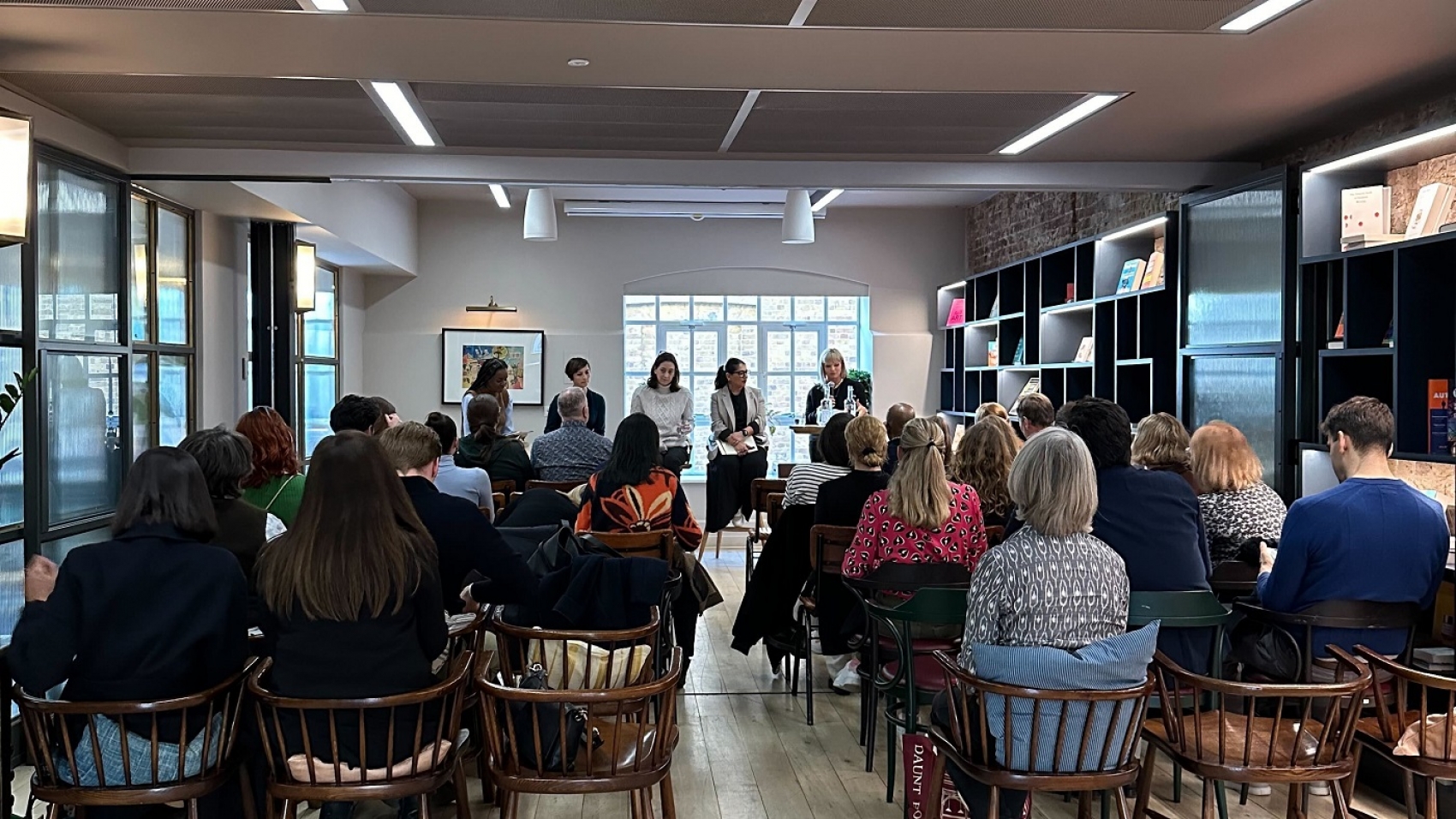 Inclusion, Leadership
5 minutes
Read article
Inclusion, Leadership
5 minutes
Read article
-
Meet the Start-ups Accelerating Clean Hydrogen Innovations With Energy Leap
 Innovation, Sustainability
4 minutes
Read article
Innovation, Sustainability
4 minutes
Read article
-
Using Green Materials In Construction Today May Not Be Expensive After All
 Build Ahead, Reports
under a minute
Read article
Build Ahead, Reports
under a minute
Read article
-
Where is the opportunity with ESG regulation?
 Inclusion, Strategy
6 minutes
Read article
Inclusion, Strategy
6 minutes
Read article
-
India-UK hydrogen landscape and opportunities for collaboration
 Past Event
1 minute
Read article
Past Event
1 minute
Read article
-
Women For People and Planet: Roshana Arasaratnam
 Inclusion, Leadership
7 minutes
Read article
Inclusion, Leadership
7 minutes
Read article
-
CNBC Highlights The Role Of Exchange 2024
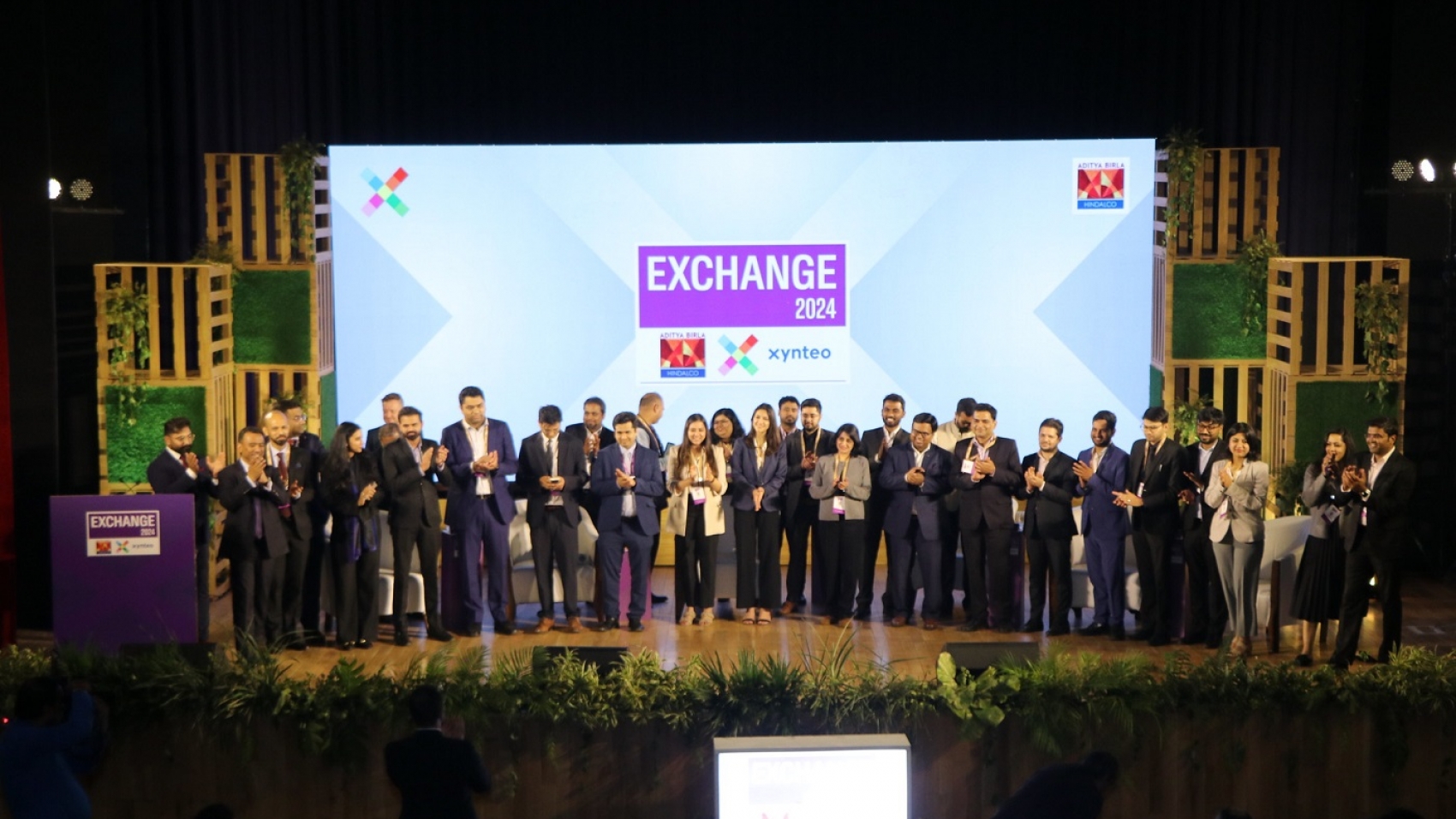 Inclusion, Leadership
1 minute
Read article
Inclusion, Leadership
1 minute
Read article
-
Bioplastics For A Sustainable Future
 Innovation, Sustainability
1 minute
Read article
Innovation, Sustainability
1 minute
Read article
-
Women For People And Planet: Tanja Gihr
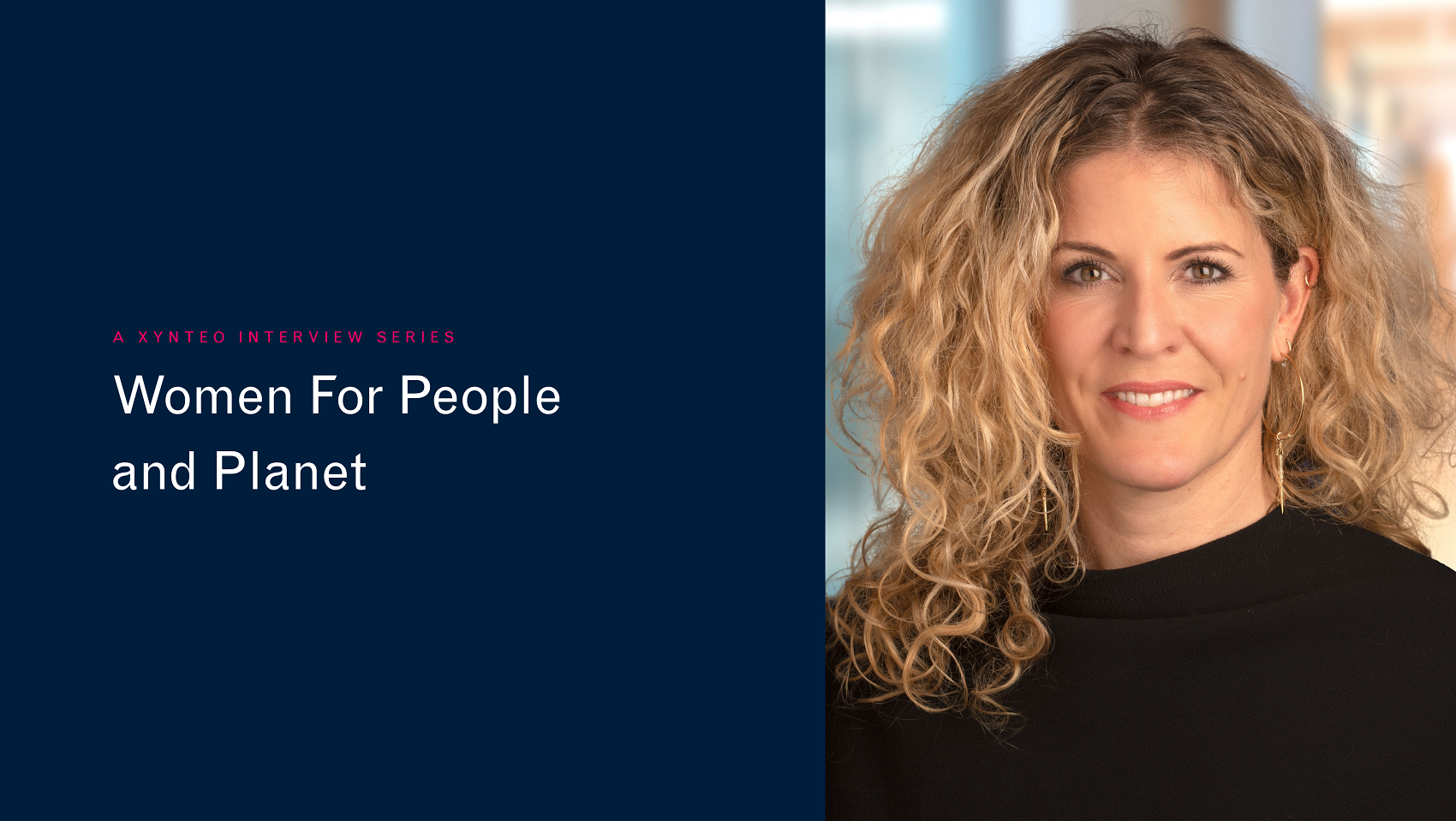 Inclusion, Leadership
6 minutes
Read article
Inclusion, Leadership
6 minutes
Read article
-
A Framework For Cement And Steel Governmental Green Procurement
 Build Ahead, Reports
under a minute
Read article
Build Ahead, Reports
under a minute
Read article
-
Women For People And Planet: April Sotomayor
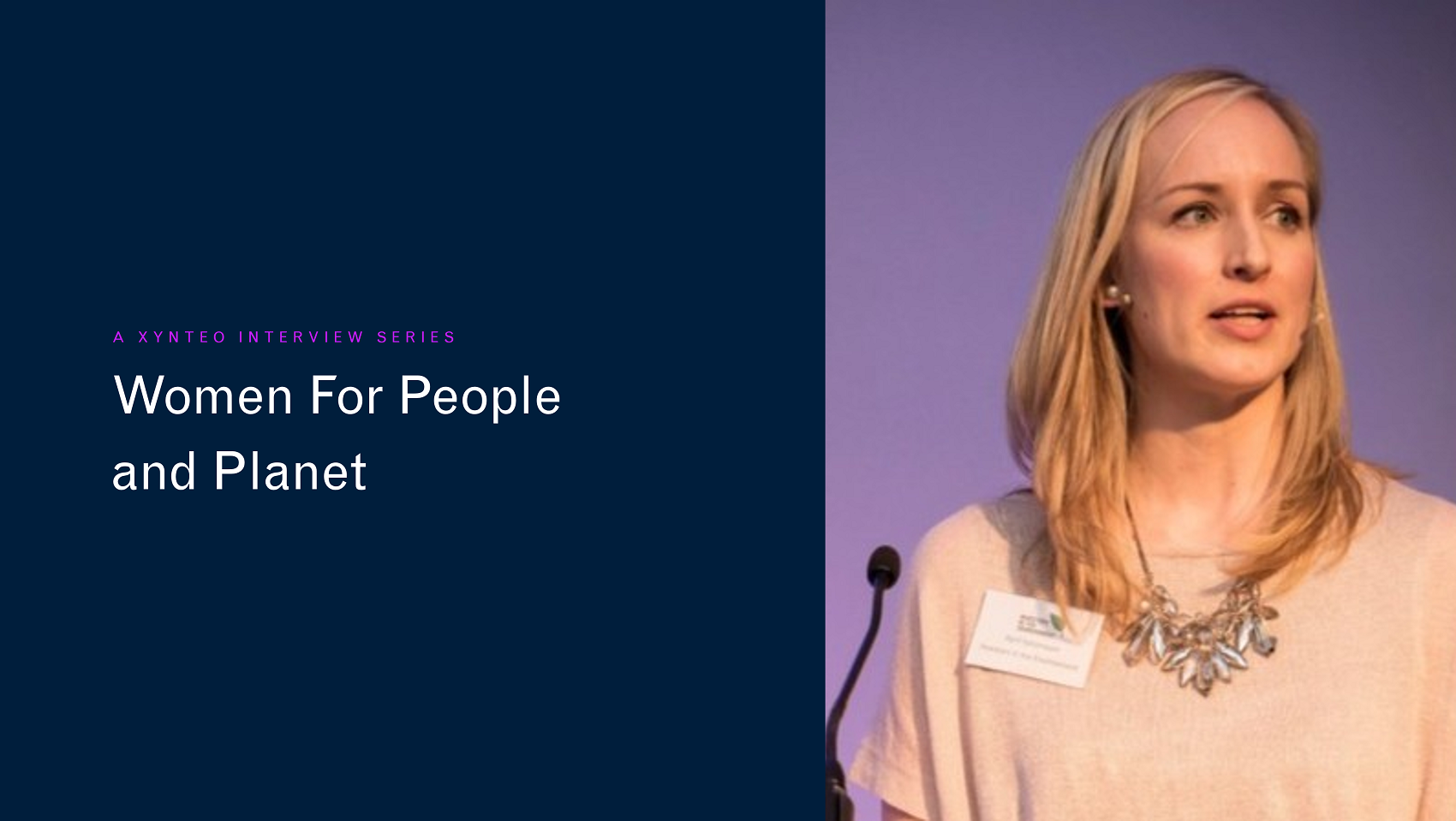 Inclusion, Leadership
9 minutes
Read article
Inclusion, Leadership
9 minutes
Read article
-
Are We Making Money Yet?
 Leadership, Strategy
4 minutes
Read article
Leadership, Strategy
4 minutes
Read article
-
Hyperconnectivity, Automation, Digital Transformation and ESG – Navigating The Intersection For Greatest Impact
 Innovation, Sustainability
3 minutes
Read article
Innovation, Sustainability
3 minutes
Read article
-
Women For People And Planet: Louise Nkosi
 Inclusion, Leadership
10 minutes
Read article
Inclusion, Leadership
10 minutes
Read article
-
How Xynteo Is Catalysing Positive Change For Sustainable Growth
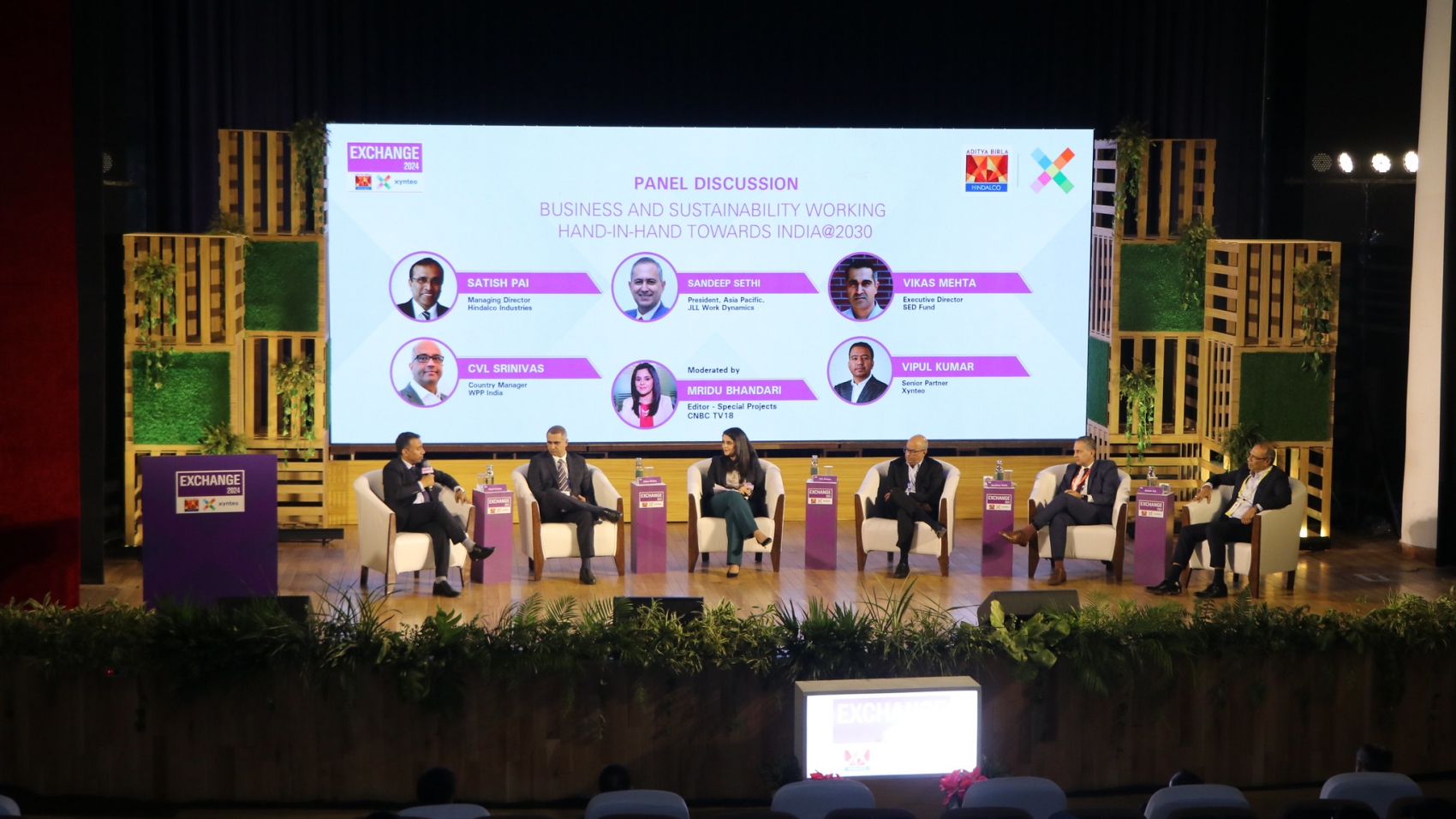 Sustainability, Systems & Collaboration
4 minutes
Read article
Sustainability, Systems & Collaboration
4 minutes
Read article
-
Women For People And Planet: Abby Chicken
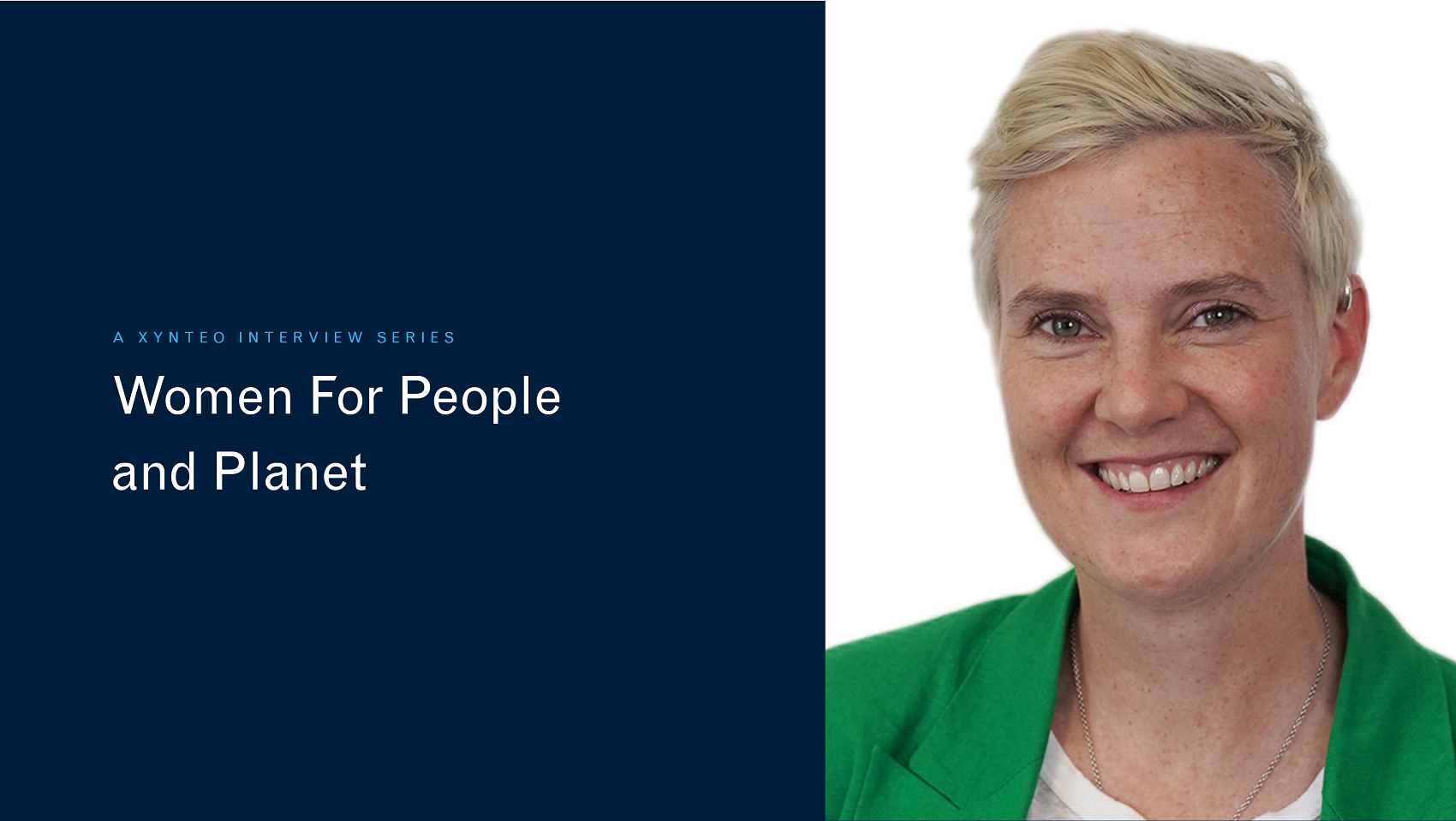 Inclusion, Leadership
7 minutes
Read article
Inclusion, Leadership
7 minutes
Read article
-
Women For People And Planet: Dr Victoria Hurth
 Inclusion, Leadership
14 minutes
Read article
Inclusion, Leadership
14 minutes
Read article
-
Women For People And Planet: Joanna Yarrow
 Inclusion, Leadership
9 minutes
Read article
Inclusion, Leadership
9 minutes
Read article
-
Women For People And Planet: Audra Walton
 Inclusion, Leadership
4 minutes
Read article
Inclusion, Leadership
4 minutes
Read article
-
Women For People And Planet: Beth Knight
 Inclusion, Leadership
8 minutes
Read article
Inclusion, Leadership
8 minutes
Read article
-
Women For People And Planet: Daniella Vega
 Inclusion, Leadership
7 minutes
Read article
Inclusion, Leadership
7 minutes
Read article
-
How do we build the sustainable cities of the future, together?
 Leadership, Sustainability
6 minutes
Read article
Leadership, Sustainability
6 minutes
Read article
-
Key Highlights From The Exchange 2024
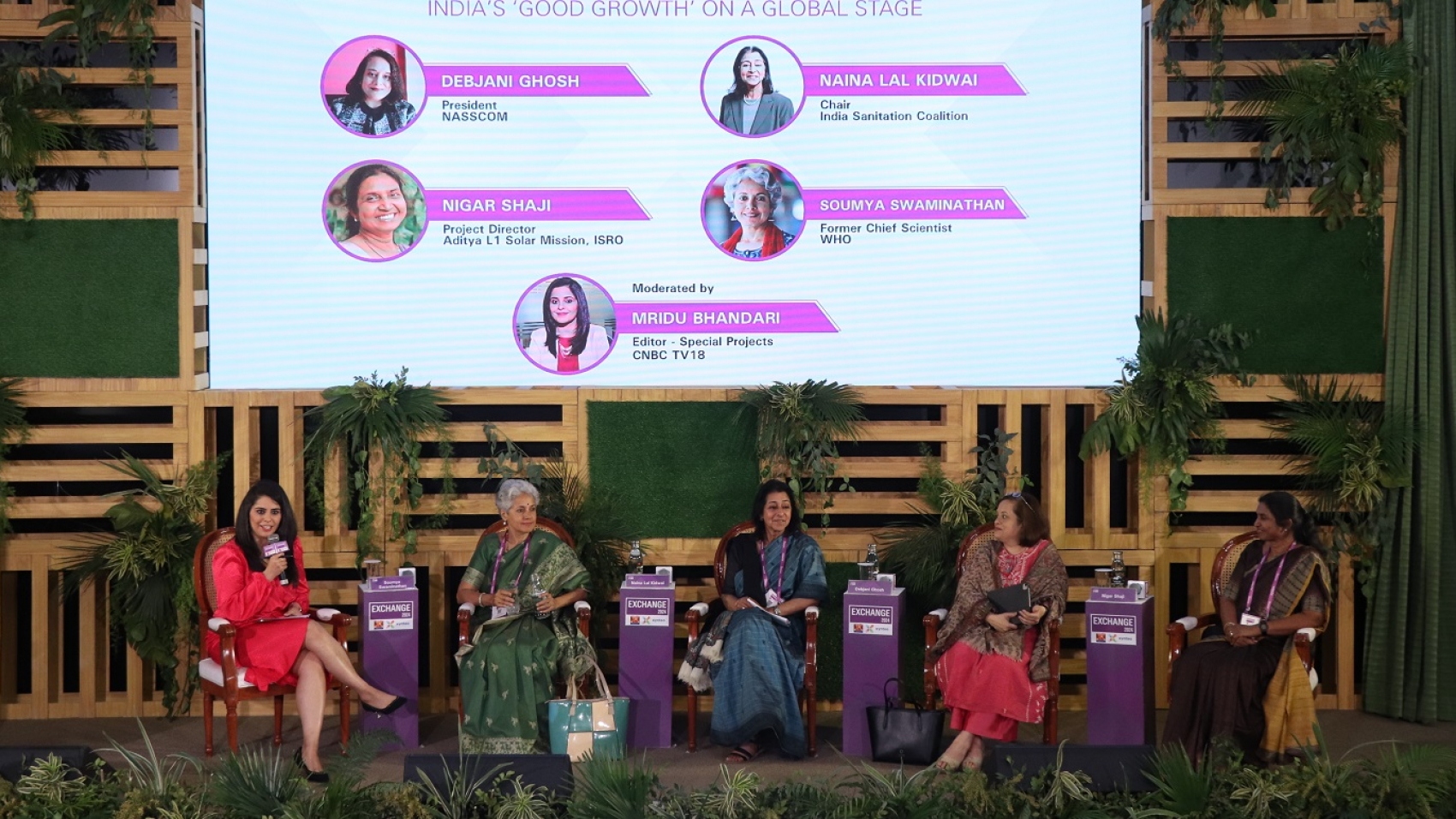 News, Xynteo Exchange
1 minute
Read article
News, Xynteo Exchange
1 minute
Read article
-
Key Highlights From The Exchange 2024
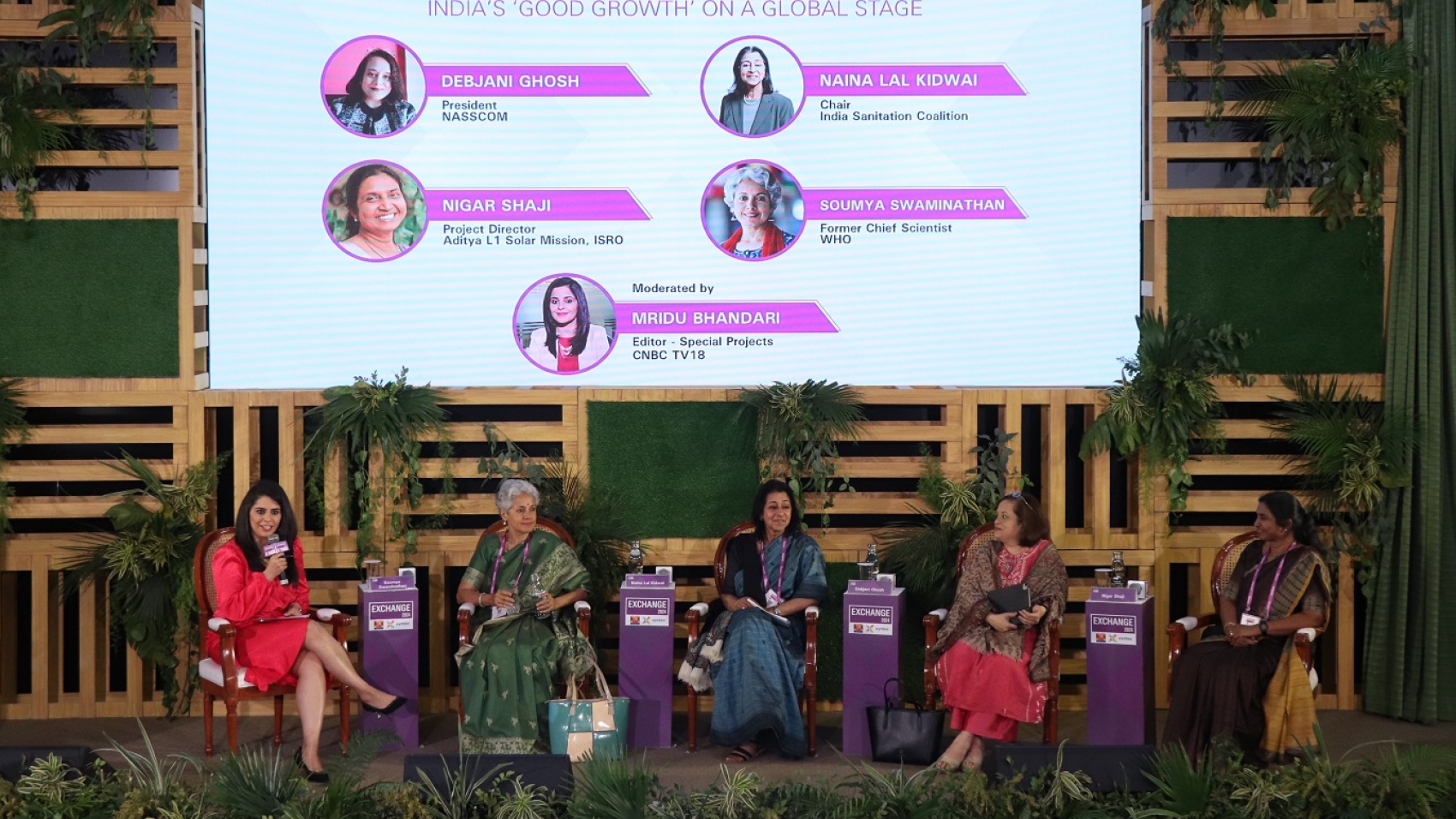 News, Xynteo Exchange
1 minute
Read article
News, Xynteo Exchange
1 minute
Read article
-
Energy Leap Concludes Its Inaugural Innovation Challenge For Clean Hydrogen Start-Ups With Winner Announced At The Exchange 2024
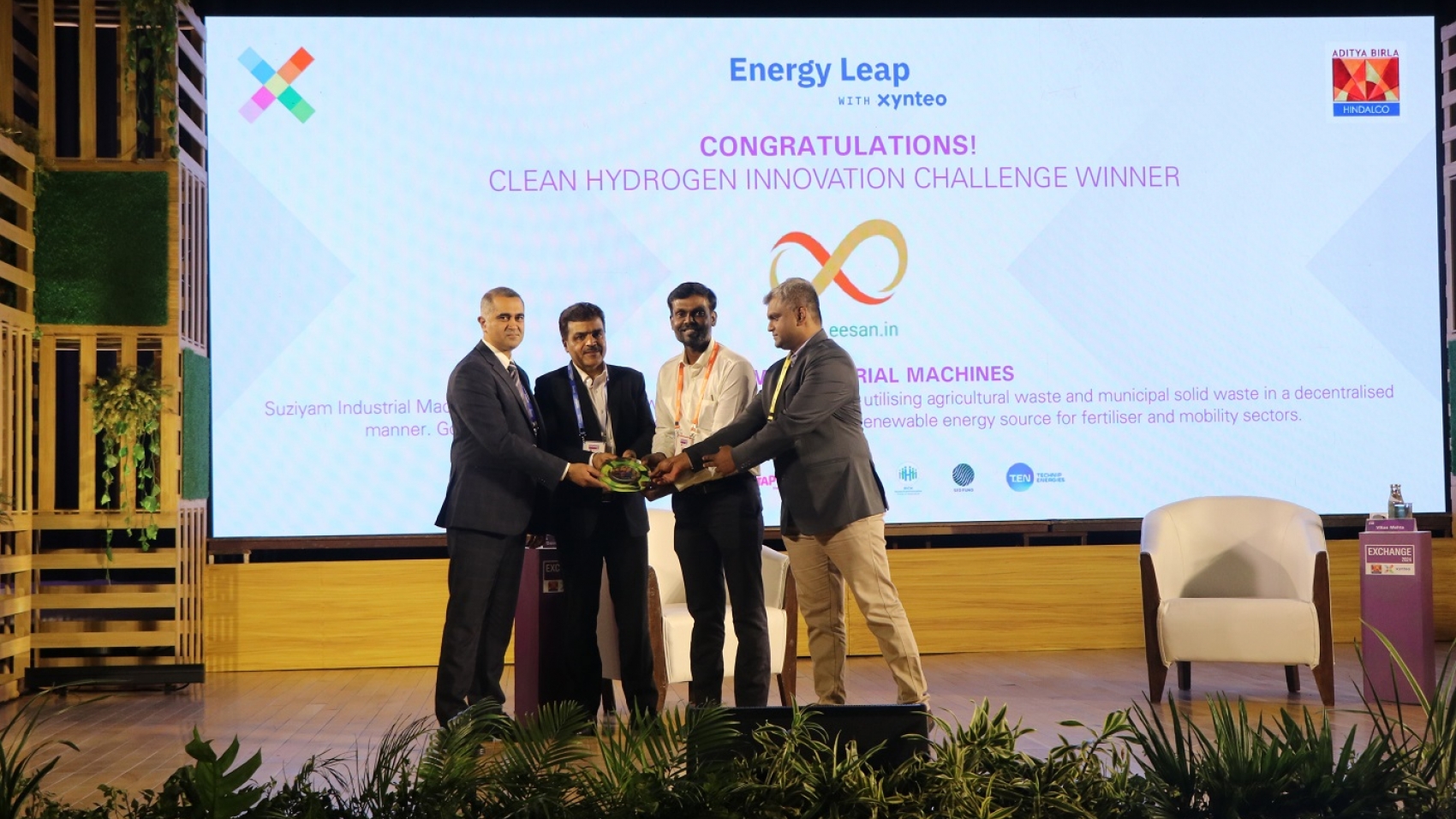 Innovation, News
2 minutes
Read article
Innovation, News
2 minutes
Read article
-
Energy Leap Concludes Its Inaugural Innovation Challenge For Clean Hydrogen Start-Ups With Winner Announced At The Exchange 2024
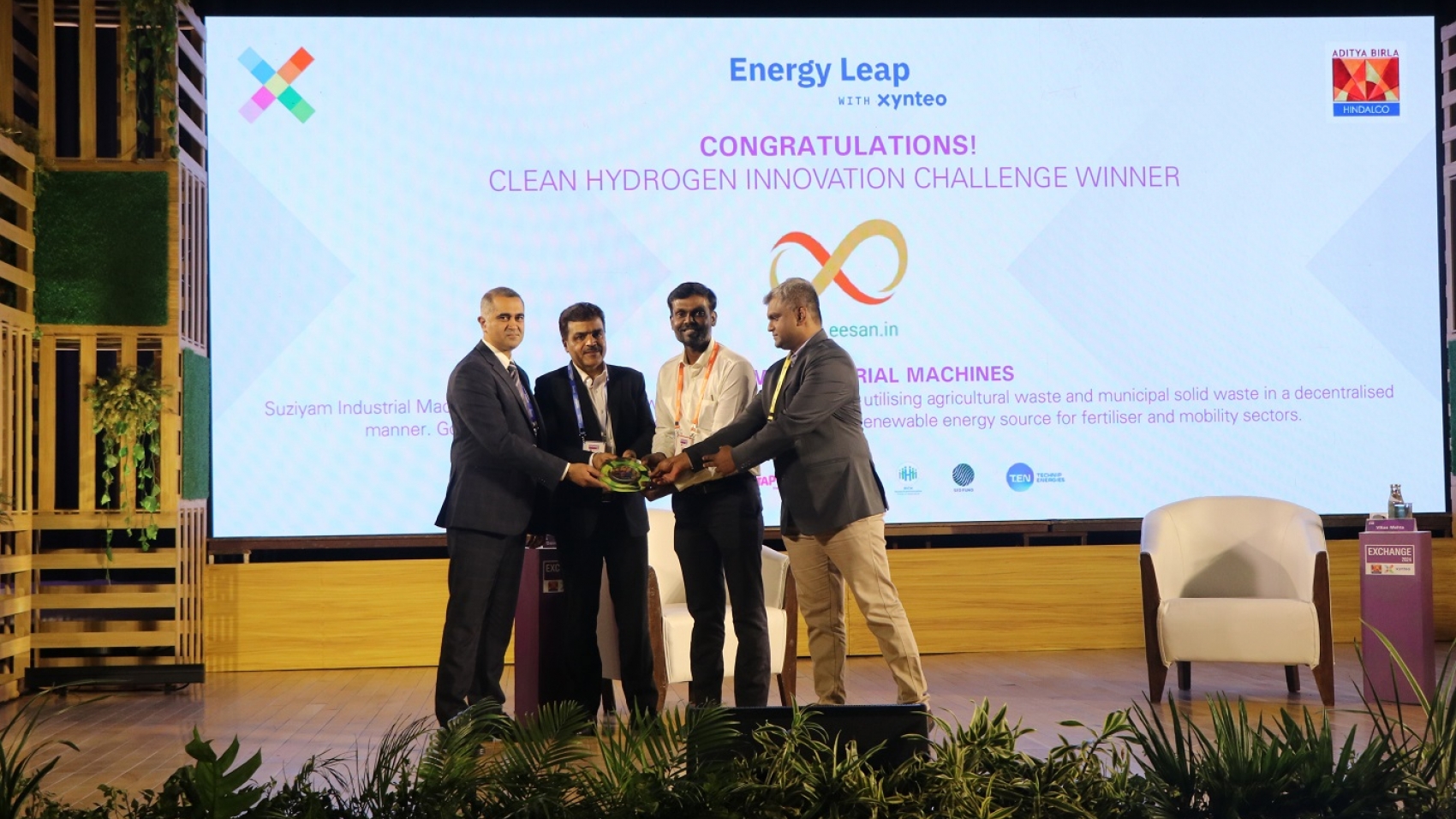 Innovation, News
2 minutes
Read article
Innovation, News
2 minutes
Read article
-
Xynteo Exchange 2024: Scaling good growth for India@2030
 Past Event
4 minutes
Read article
Past Event
4 minutes
Read article
-
Indian consumers are ready for green buildings
 Build Ahead, Reports
1 minute
Read article
Build Ahead, Reports
1 minute
Read article
-
The English Premier League's Bolder Steps Towards Sustainability
 Leadership, Sustainability
4 minutes
Read article
Leadership, Sustainability
4 minutes
Read article
-
Insights From The Intersection Of Vision And Impact
 Leadership, Reports
1 minute
Read article
Leadership, Reports
1 minute
Read article
-
Nature as a stakeholder: Building strategies for impact
 Leadership, Sustainability
5 minutes
Read article
Leadership, Sustainability
5 minutes
Read article
-
Collaborating With Ikea (Ingka) To Become People And Planet Positive
 Strategy, Sustainability
10 minutes
Read article
Strategy, Sustainability
10 minutes
Read article
-
Our statement on ‘transitioning away’ from fossil fuels and COP28
 Insight
2 minutes
Read article
Insight
2 minutes
Read article
-
Empowering farmers through decentralised clean energy
 Insight, Sustainability
5 minutes
Read article
Insight, Sustainability
5 minutes
Read article
-
The need for specialised acceleration to fast-track climate innovations to market
 Innovation, Sustainability
4 minutes
Read article
Innovation, Sustainability
4 minutes
Read article
-
Unlocking Capital To Power India's Energy Transition
 Strategy, Sustainability
3 minutes
Read article
Strategy, Sustainability
3 minutes
Read article
-
Illuminating the path to sustainable growth in India
 Insight, Reports
6 minutes
Read article
Insight, Reports
6 minutes
Read article
-
A blueprint for business leaders navigating COP28
 Insight, Sustainability
5 minutes
Read article
Insight, Sustainability
5 minutes
Read article
-
Paving the way for a clean hydrogen value chain in India
 Energy Leap, Insight
4 minutes
Read article
Energy Leap, Insight
4 minutes
Read article
-
Co-ordinating action for a sustainable built environment
 Insight, Sustainability
7 minutes
Read article
Insight, Sustainability
7 minutes
Read article
-
Realising the potential of power-to-x (P2X) solutions at scale
 Insight, Sustainability
7 minutes
Read article
Insight, Sustainability
7 minutes
Read article
-
Accelerating Green Hydrogen Ambitions For India’s Energy Transition
 Sustainability, Vikaasa
1 minute
Read article
Sustainability, Vikaasa
1 minute
Read article
-
Regenerating for the people and at scale: A tale of three cities, part 3
 Insight, Sustainability
8 minutes
Read article
Insight, Sustainability
8 minutes
Read article
-
A coalition of purpose-driven organisations is pioneering collaborative growth for a sustainable future
 Insight, Sustainability
4 minutes
Read article
Insight, Sustainability
4 minutes
Read article
-
Strengthening Green Building Ratings In India
 Build Ahead, Reports
1 minute
Read article
Build Ahead, Reports
1 minute
Read article
-
Collaborating For The Greater Good With Vikaasa
 Inclusion, Sustainability
3 minutes
Read article
Inclusion, Sustainability
3 minutes
Read article
-
Pledges and commitments are no longer sufficient when it comes to net zero
 Insight, Sustainability
4 minutes
Read article
Insight, Sustainability
4 minutes
Read article
-
Satish Pai takes over from Sanjiv Mehta as Chairman of the Vikaasa Executive Committee
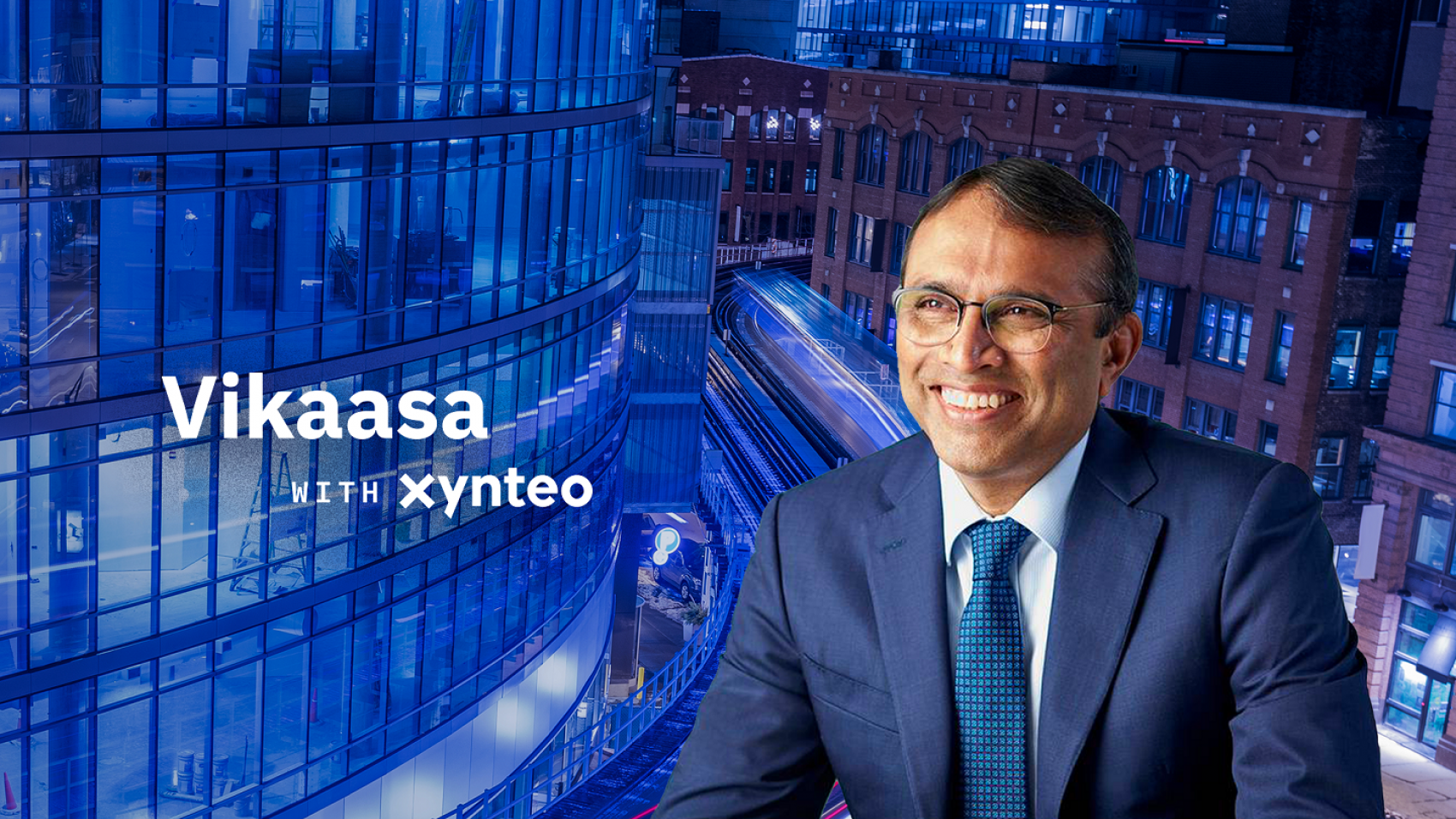 Insight, Vikaasa
3 minutes
Read article
Insight, Vikaasa
3 minutes
Read article
-
Regenerating for resilience: A tale of three cities, part 2
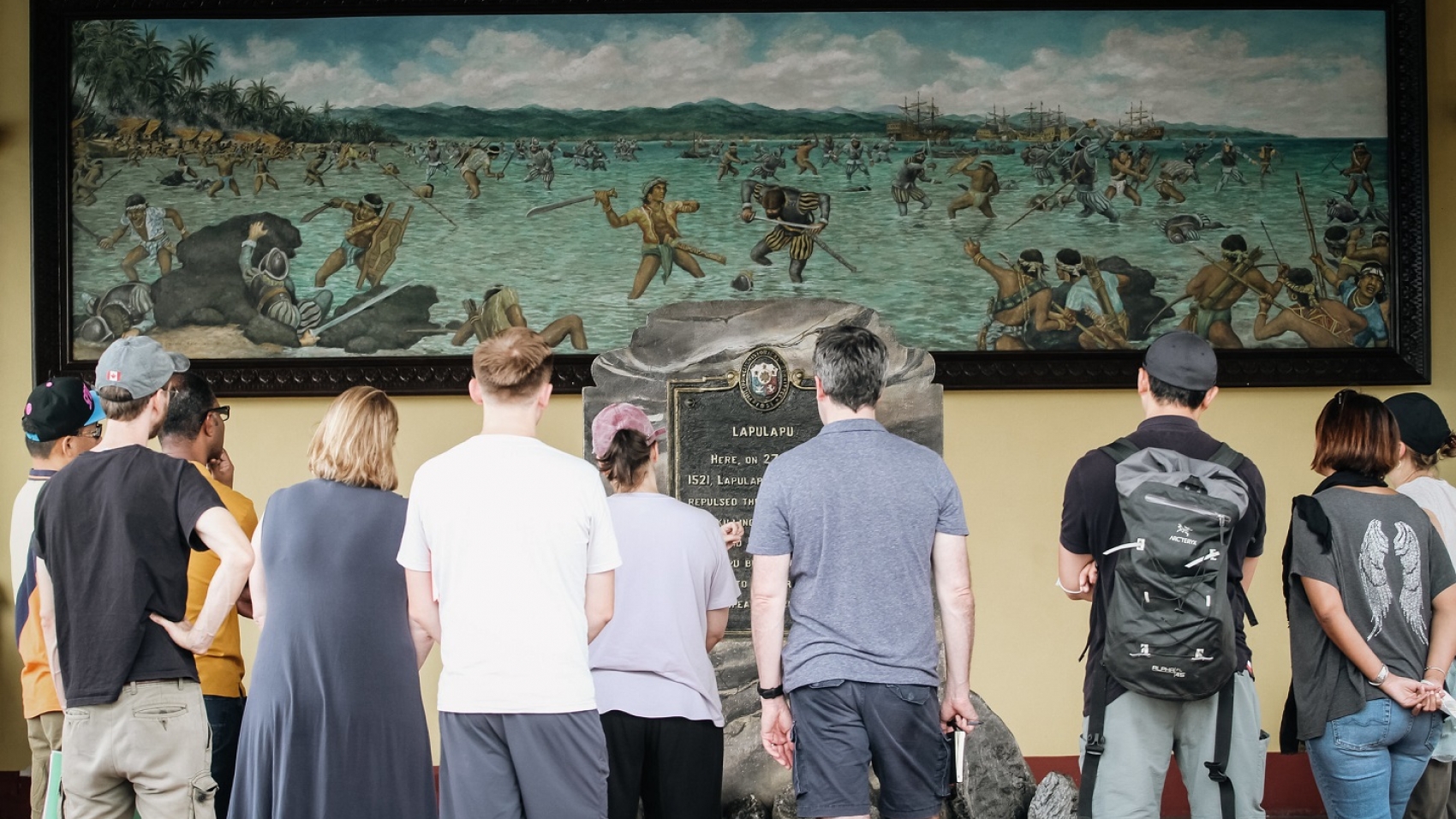 Insight, The Leadership Vanguard
8 minutes
Read article
Insight, The Leadership Vanguard
8 minutes
Read article
-
What We've Learnt About Collaboration From Five Years Of Vikaasa
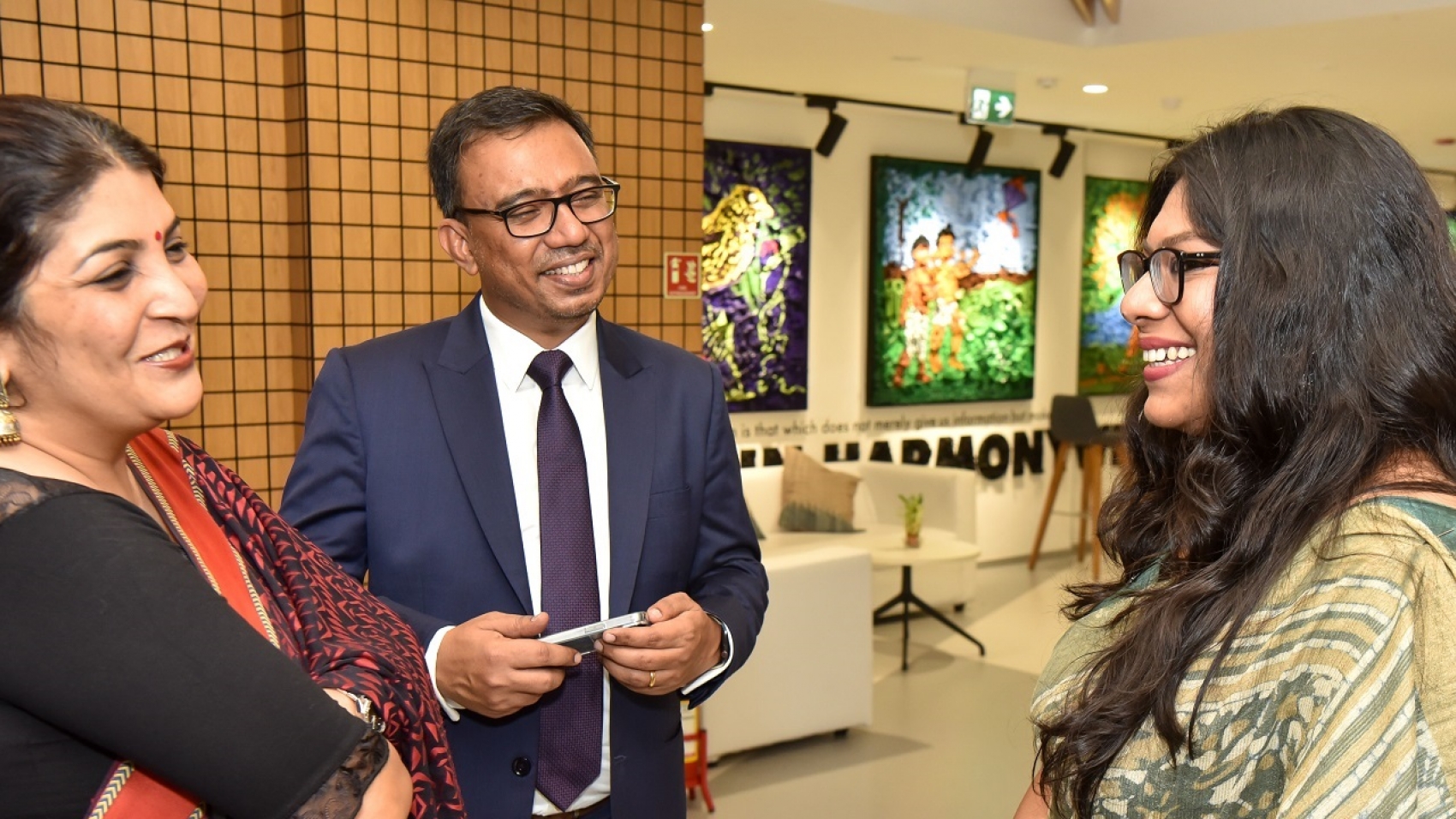 Vikaasa
3 minutes
Read article
Vikaasa
3 minutes
Read article
-
Experiencing Purpose-Led Regeneration: A Tale Of Three Cities
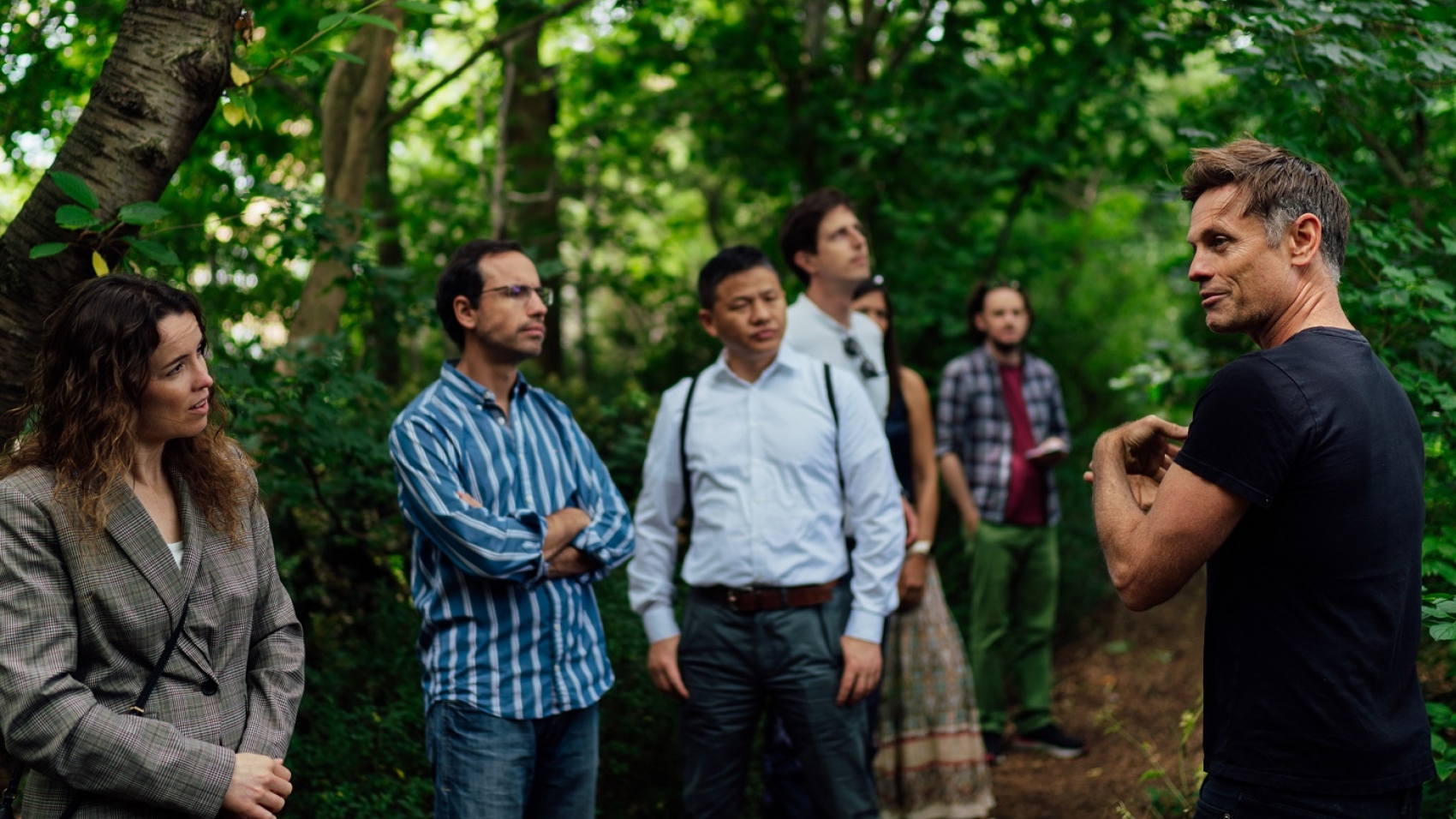 Insight, Leadership
5 minutes
Read article
Insight, Leadership
5 minutes
Read article
-
Xynteo Announces Majority Investment by Leon Capital
 Insight
4 minutes
Read article
Insight
4 minutes
Read article
-
ET Now Hosts Build Ahead Leader Panel On Net Zero Construction
 Build Ahead, Sustainability
under a minute
Read article
Build Ahead, Sustainability
under a minute
Read article
-
Major construction and cement players join forces with Xynteo to accelerate India’s decarbonisation efforts
 Build Ahead, Insight
5 minutes
Read article
Build Ahead, Insight
5 minutes
Read article
-
A Bioeconomy policy library for decision makers
 Reports, Sustainability
2 minutes
Read article
Reports, Sustainability
2 minutes
Read article
-
Q&A with Vipul Kumar, newly named Director of Vikaasa coalition in India
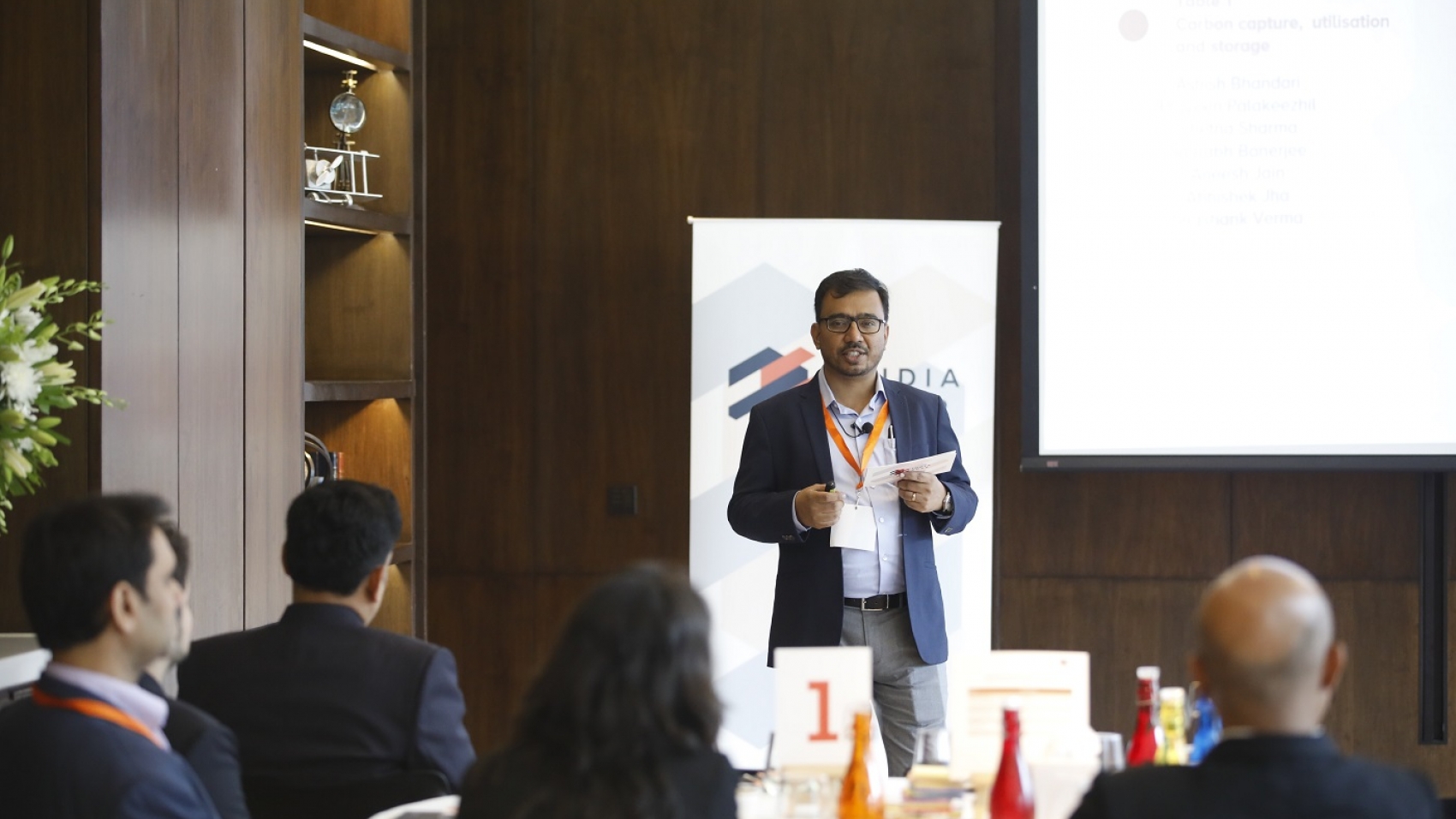 Insight
4 minutes
Read article
Insight
4 minutes
Read article
-
Vikaasa's Project Tej Alliance
 Vikaasa
under a minute
Read article
Vikaasa
under a minute
Read article
-
Sustainability expert Emrah Durusut joins Xynteo
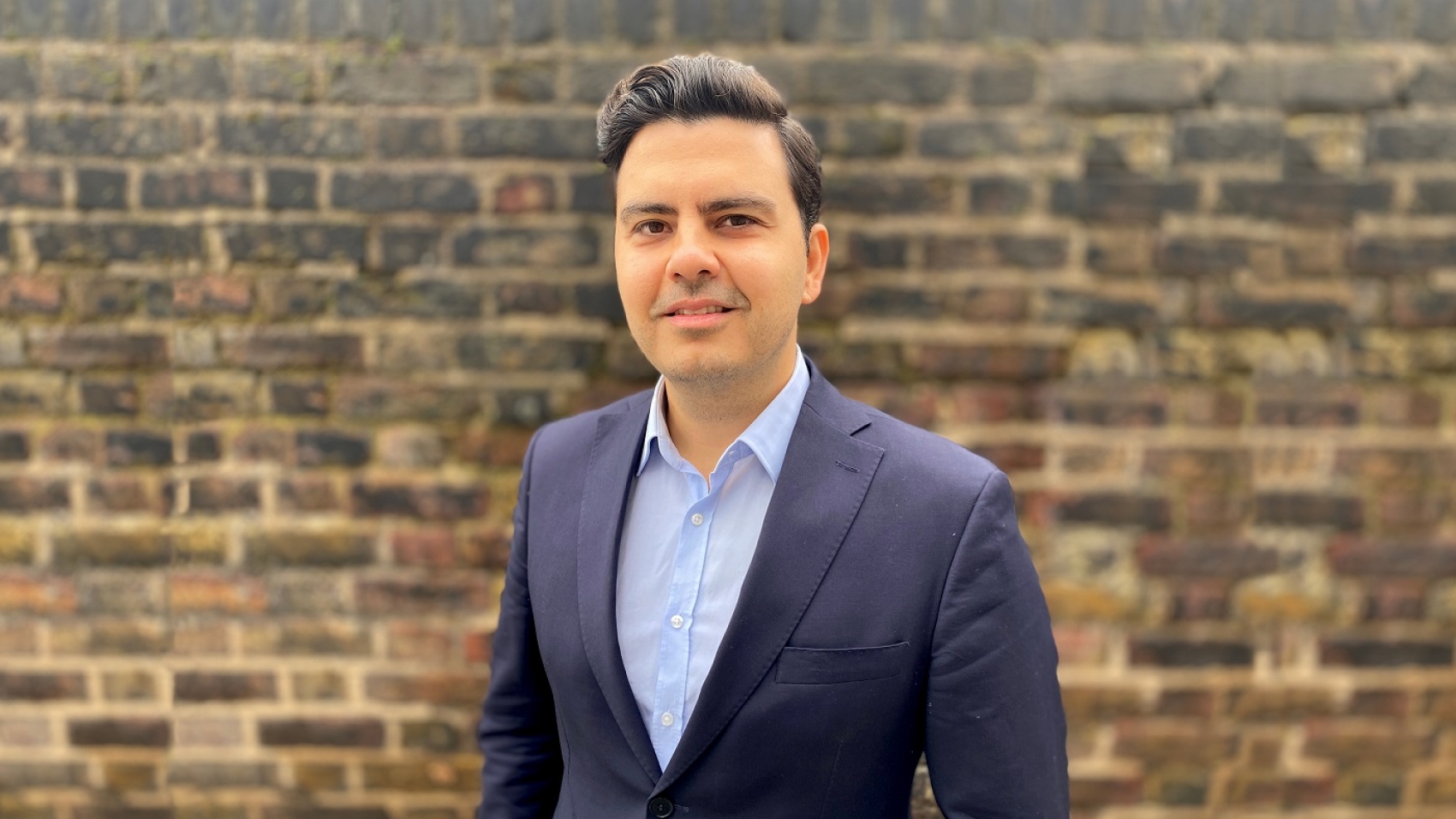 Insight, News
8 minutes
Read article
Insight, News
8 minutes
Read article
-
Three actions to decarbonise hard-to-abate value chains
 Insight, Strategy
3 minutes
Read article
Insight, Strategy
3 minutes
Read article
-
Let’s aim higher than survival
 Insight
9 minutes
Read article
Insight
9 minutes
Read article
-
Leading differently at the Xynteo Exchange 2019
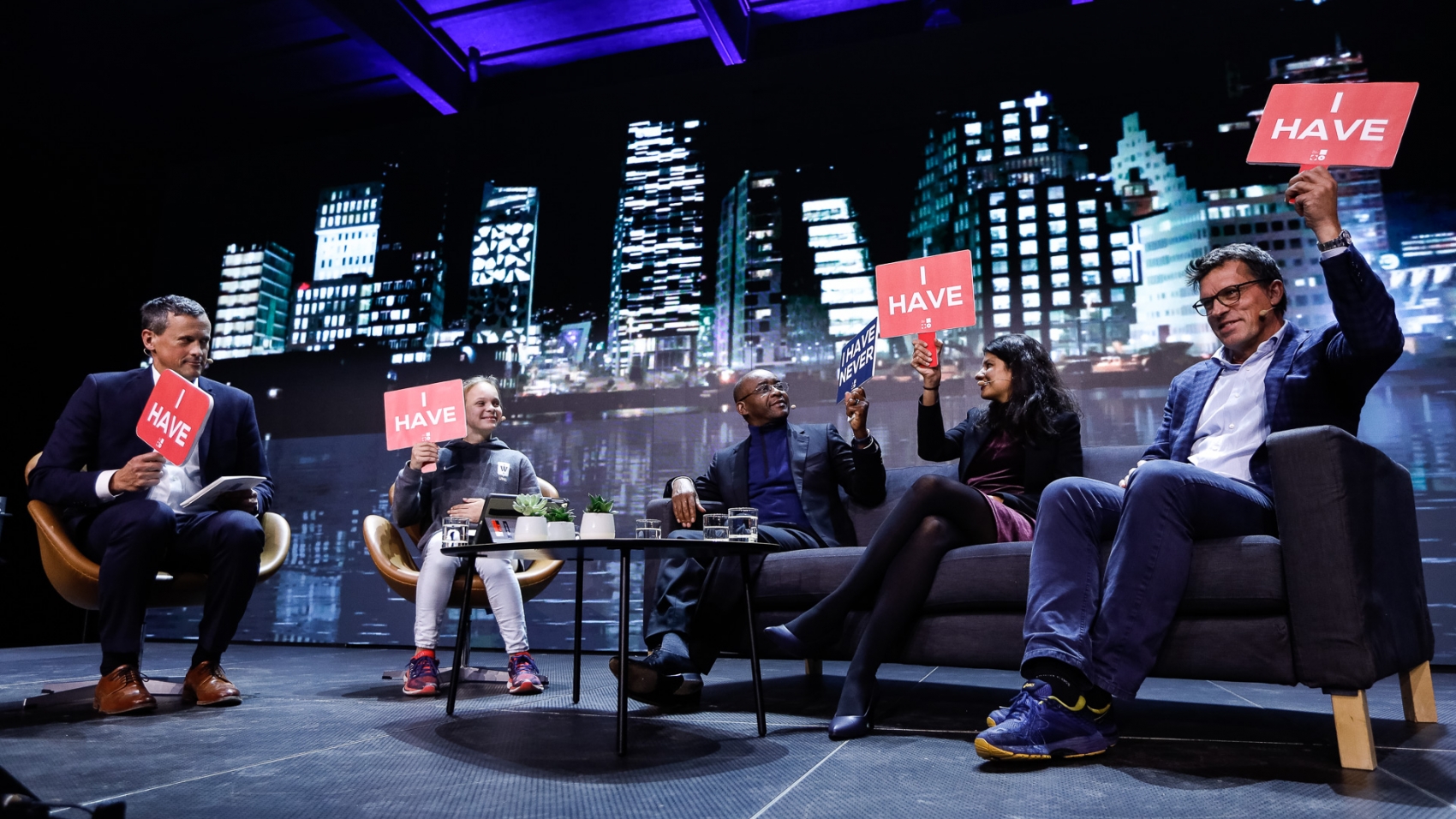 Insight, Xynteo Exchange
2 minutes
Read article
Insight, Xynteo Exchange
2 minutes
Read article
-
Collaboration is what heroes do!
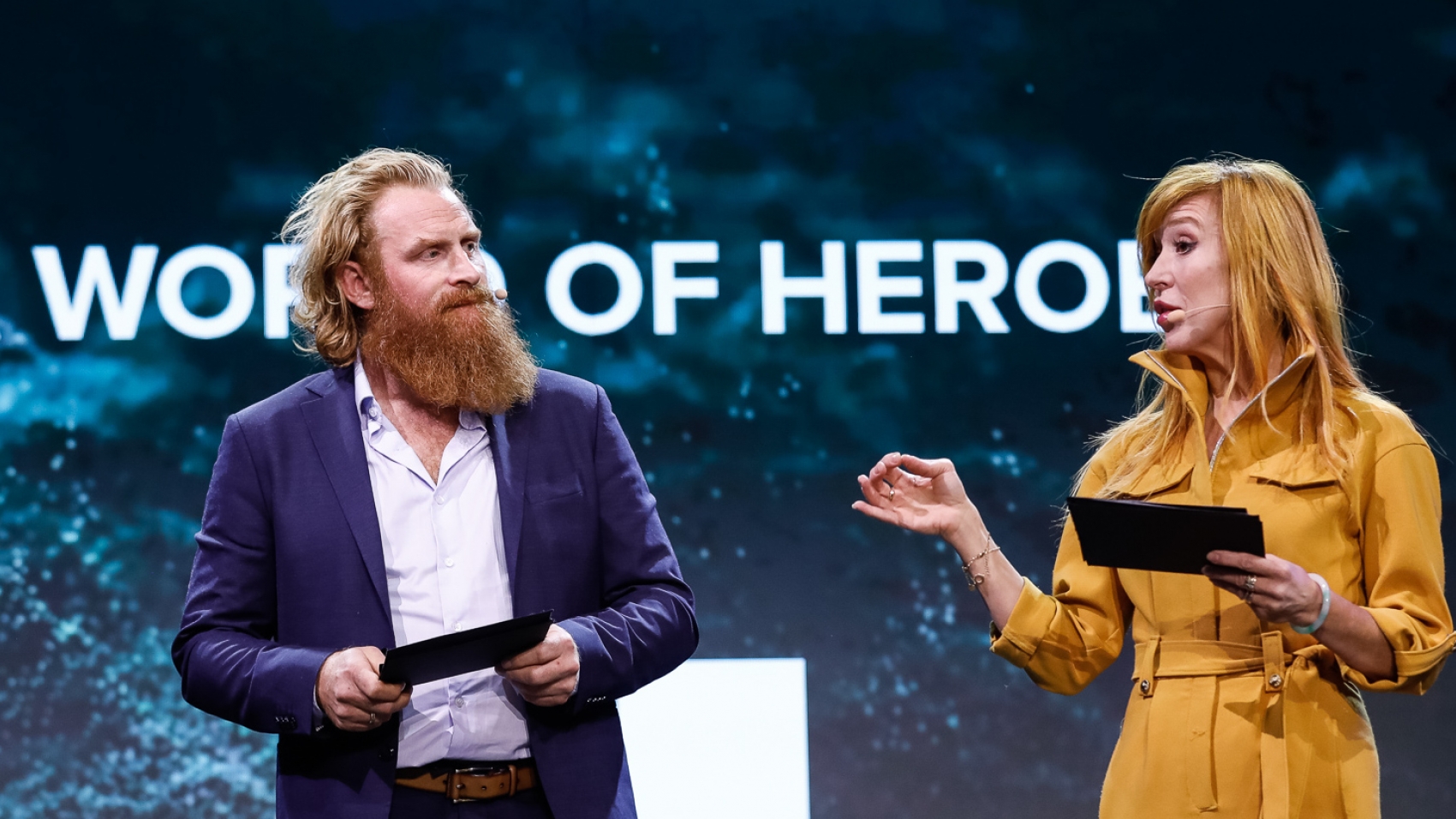 Insight, Xynteo Exchange
2 minutes
Read article
Insight, Xynteo Exchange
2 minutes
Read article
-
36 Impact Makers changing the world at the Xynteo Exchange Marketplace!
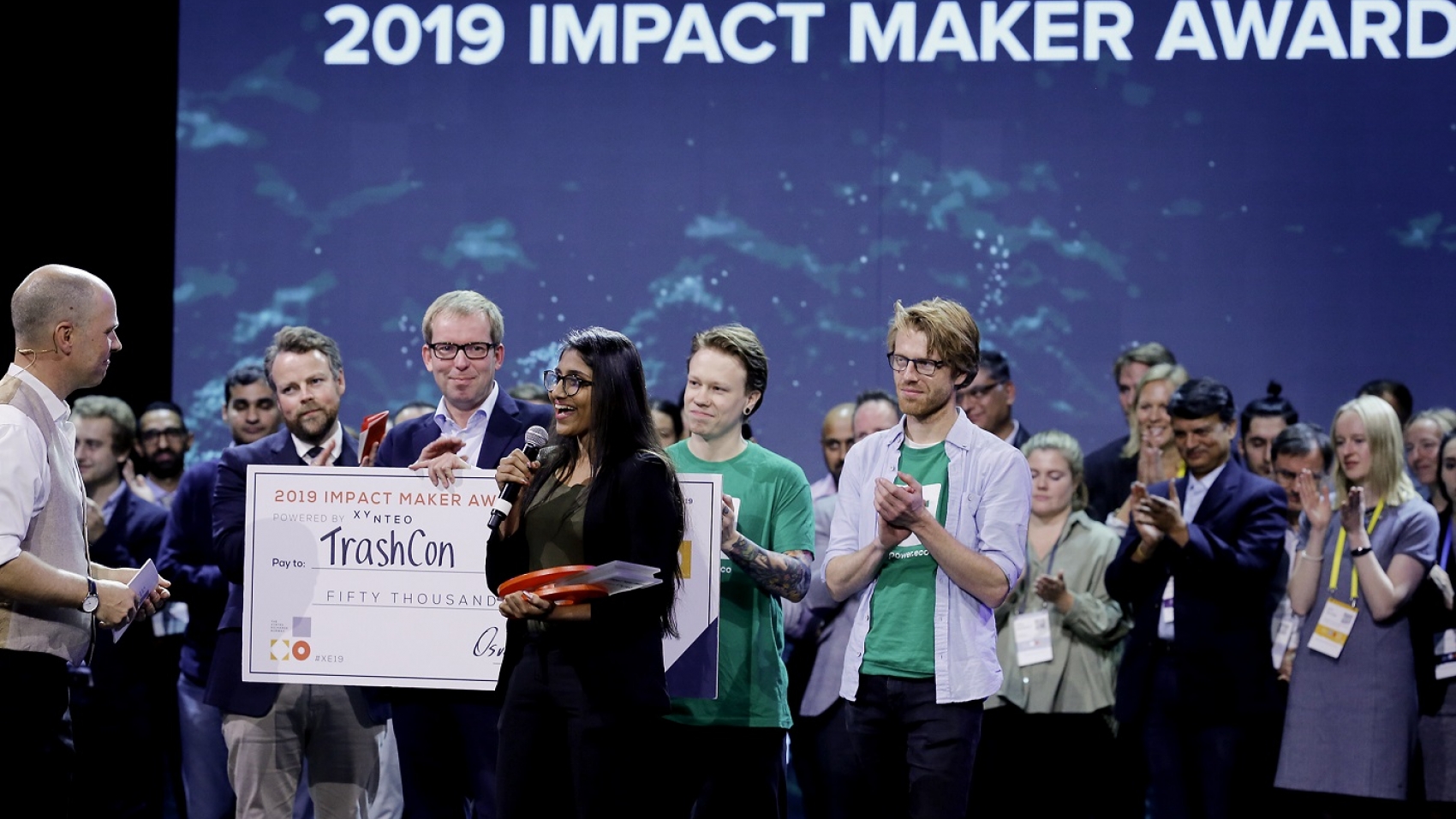 Insight, Xynteo Exchange
3 minutes
Read article
Insight, Xynteo Exchange
3 minutes
Read article
-
TrashCon wins Xynteo Exchange Impact Maker Award
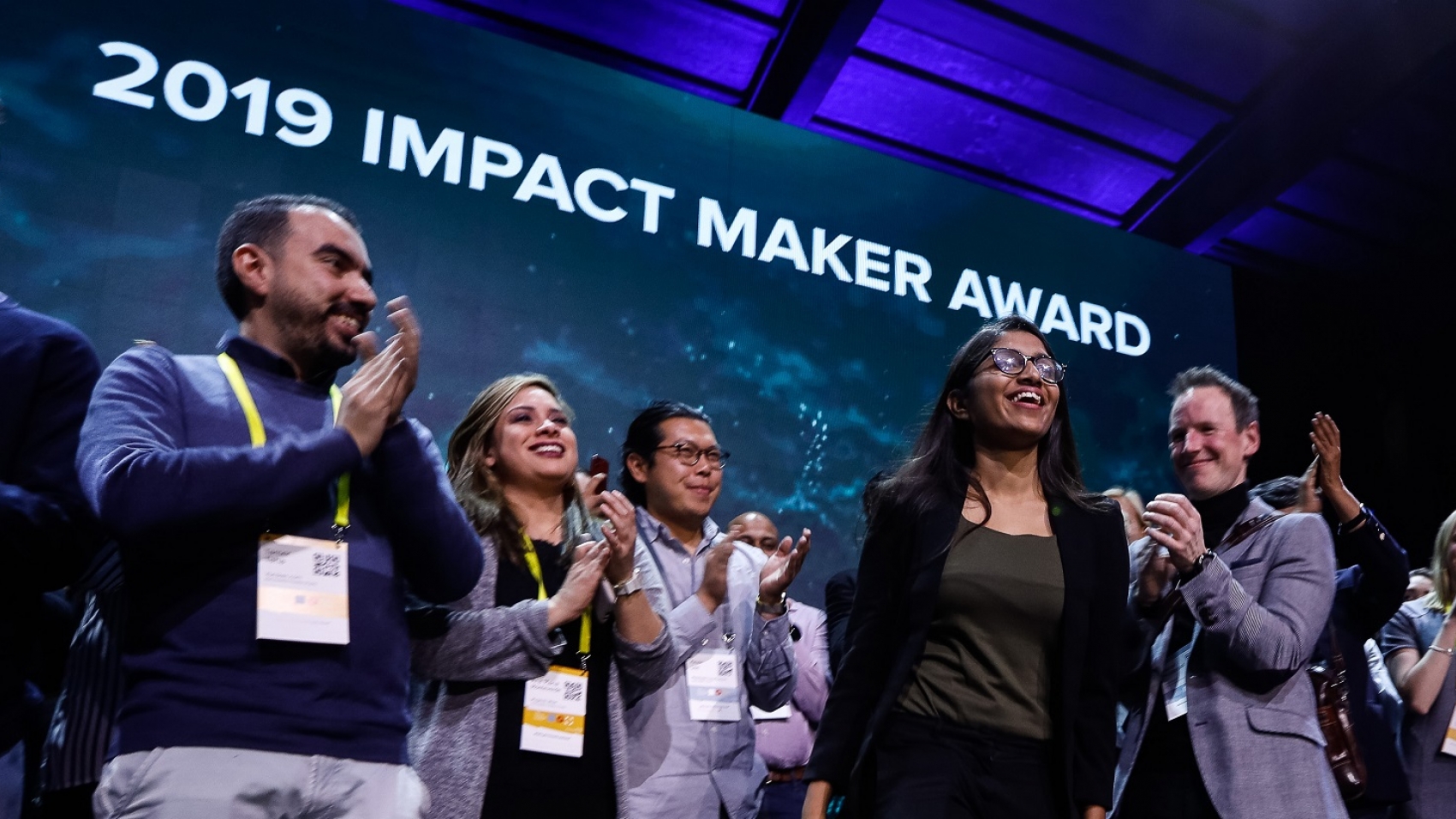 Insight, Xynteo Exchange
3 minutes
Read article
Insight, Xynteo Exchange
3 minutes
Read article
-
Slogans to hashtags at the Xynteo Exchange 2019
 Insight, Xynteo Exchange
2 minutes
Read article
Insight, Xynteo Exchange
2 minutes
Read article
-
When it comes to digital technology, trust less, demand more!
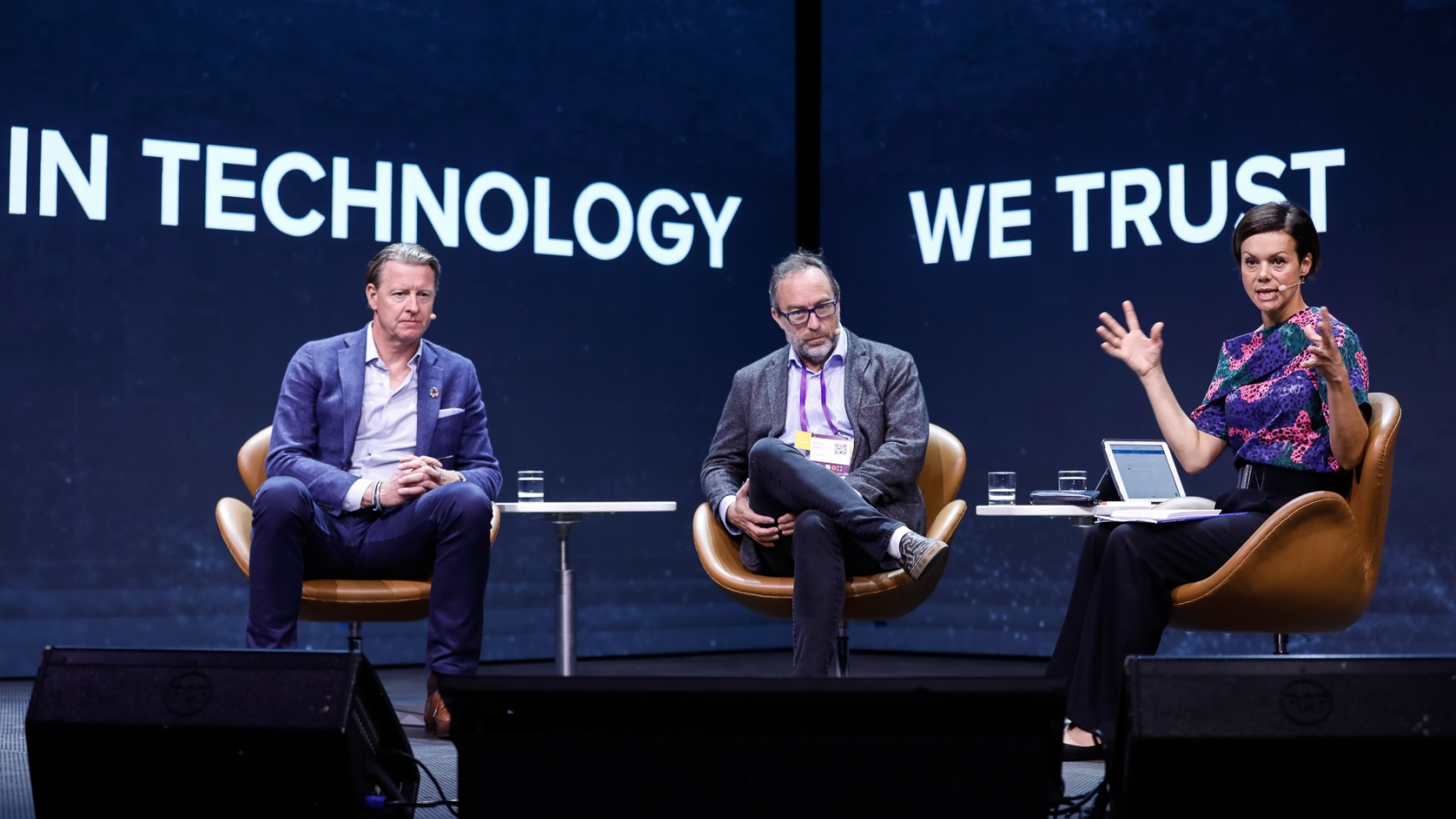 Insight, Xynteo Exchange
2 minutes
Read article
Insight, Xynteo Exchange
2 minutes
Read article
-
Navigating “what if’s” at the Xynteo Exchange 2019
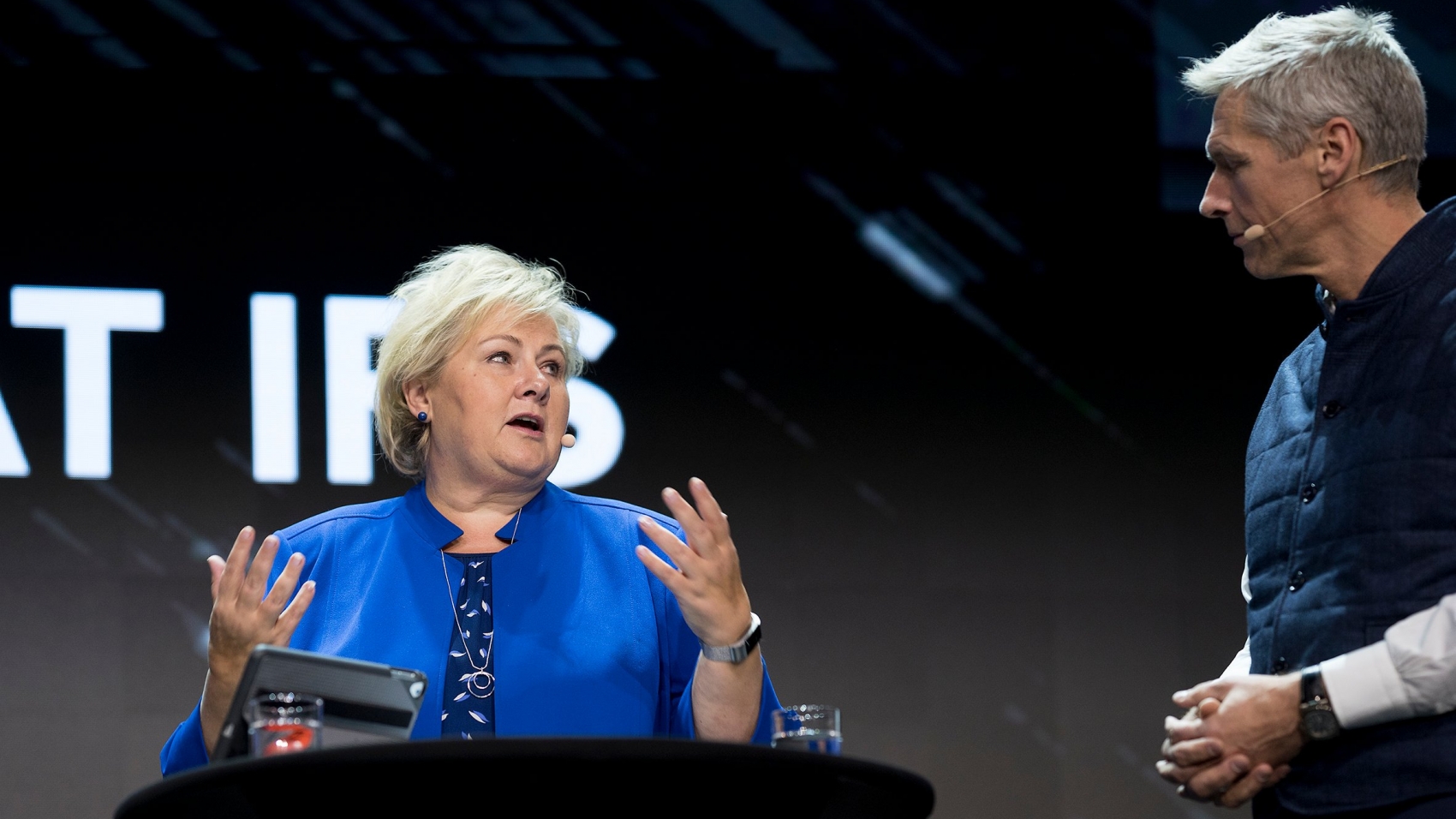 Insight, Xynteo Exchange
2 minutes
Read article
Insight, Xynteo Exchange
2 minutes
Read article
-
Prototypia: a new innovation framework with Monika Bielskyte
 Insight, Xynteo Exchange
1 minute
Read article
Insight, Xynteo Exchange
1 minute
Read article
-
Building partnerships to improve plastic waste management in India
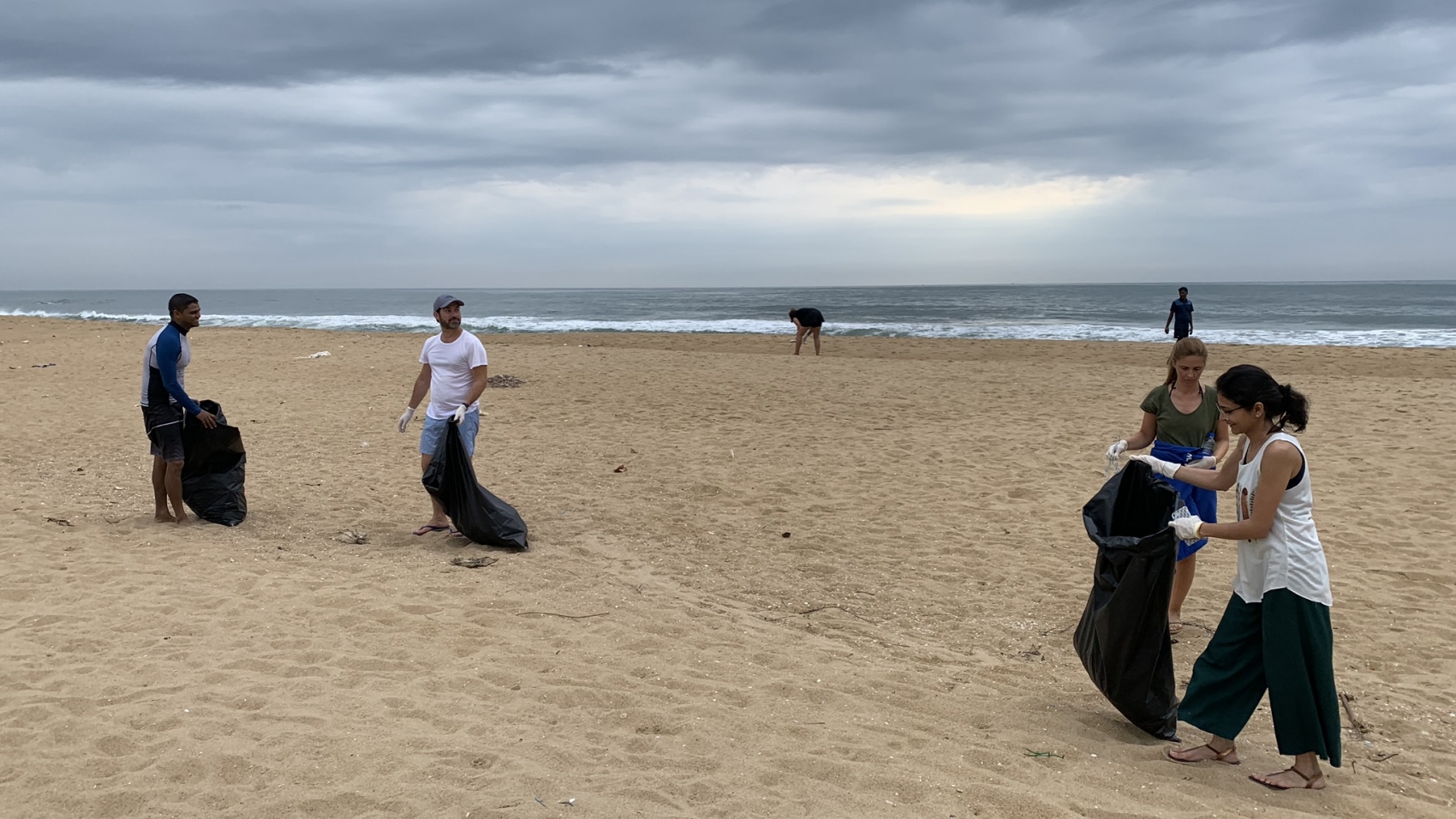 Insight, Sustainability
4 minutes
Read article
Insight, Sustainability
4 minutes
Read article
-
Driving scale to achieve a new kind of growth at the Xynteo Exchange Marketplace
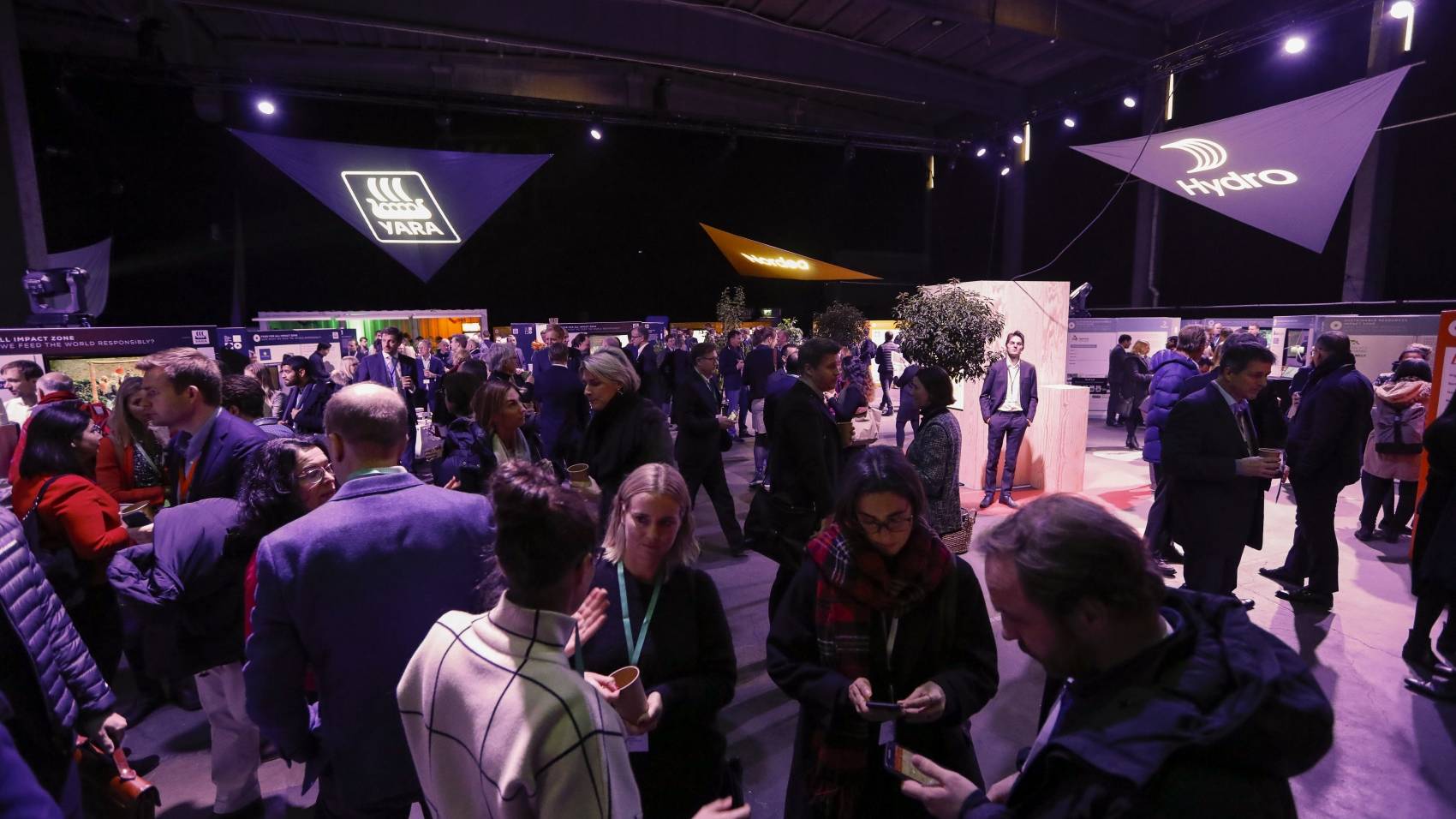 Insight, Xynteo Exchange
4 minutes
Read article
Insight, Xynteo Exchange
4 minutes
Read article
-
Five jobs to unlock Europe's future
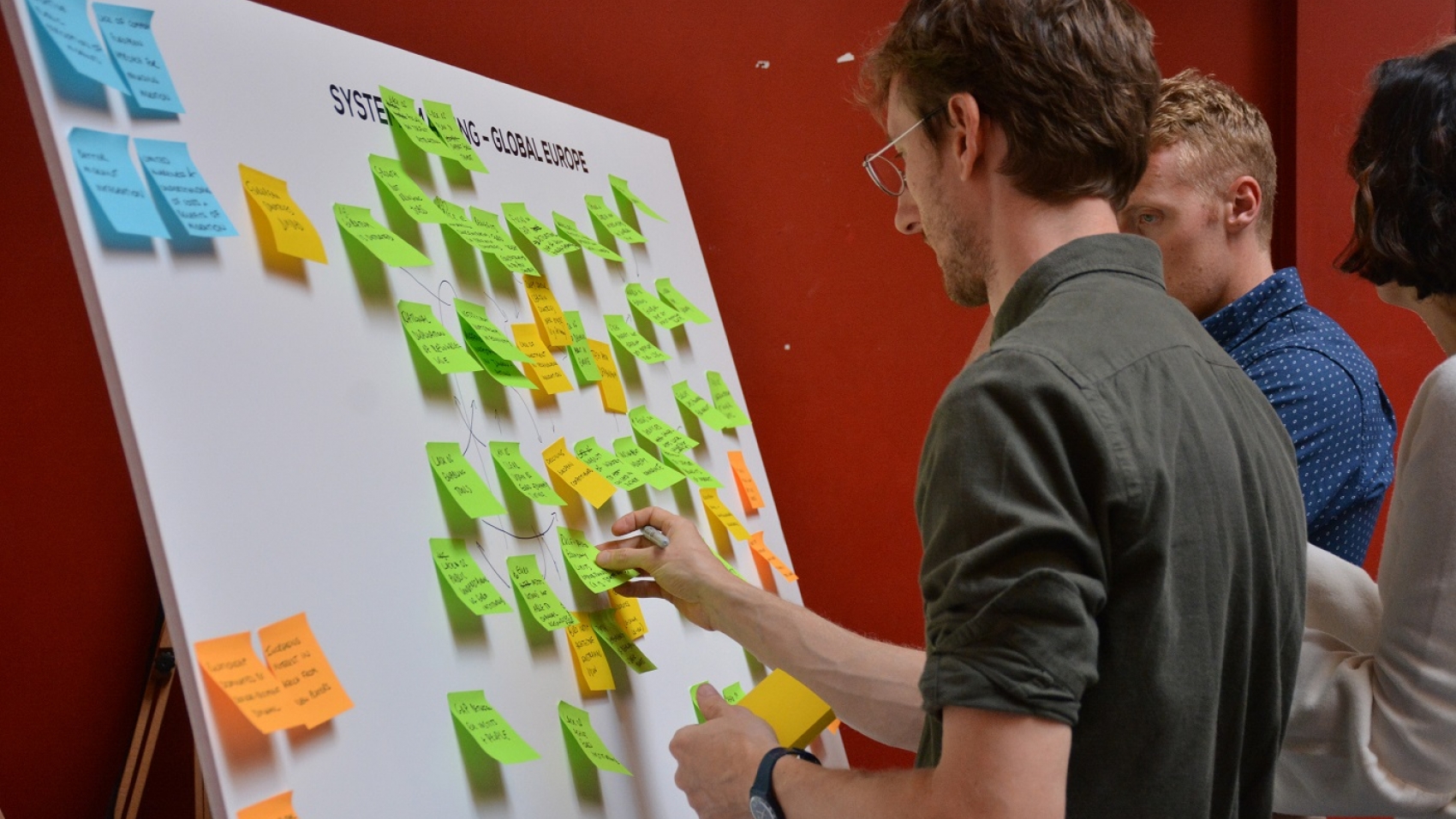 Europe Delivers, Reports
under a minute
Read article
Europe Delivers, Reports
under a minute
Read article
-
Connecting kids for learning through innovation
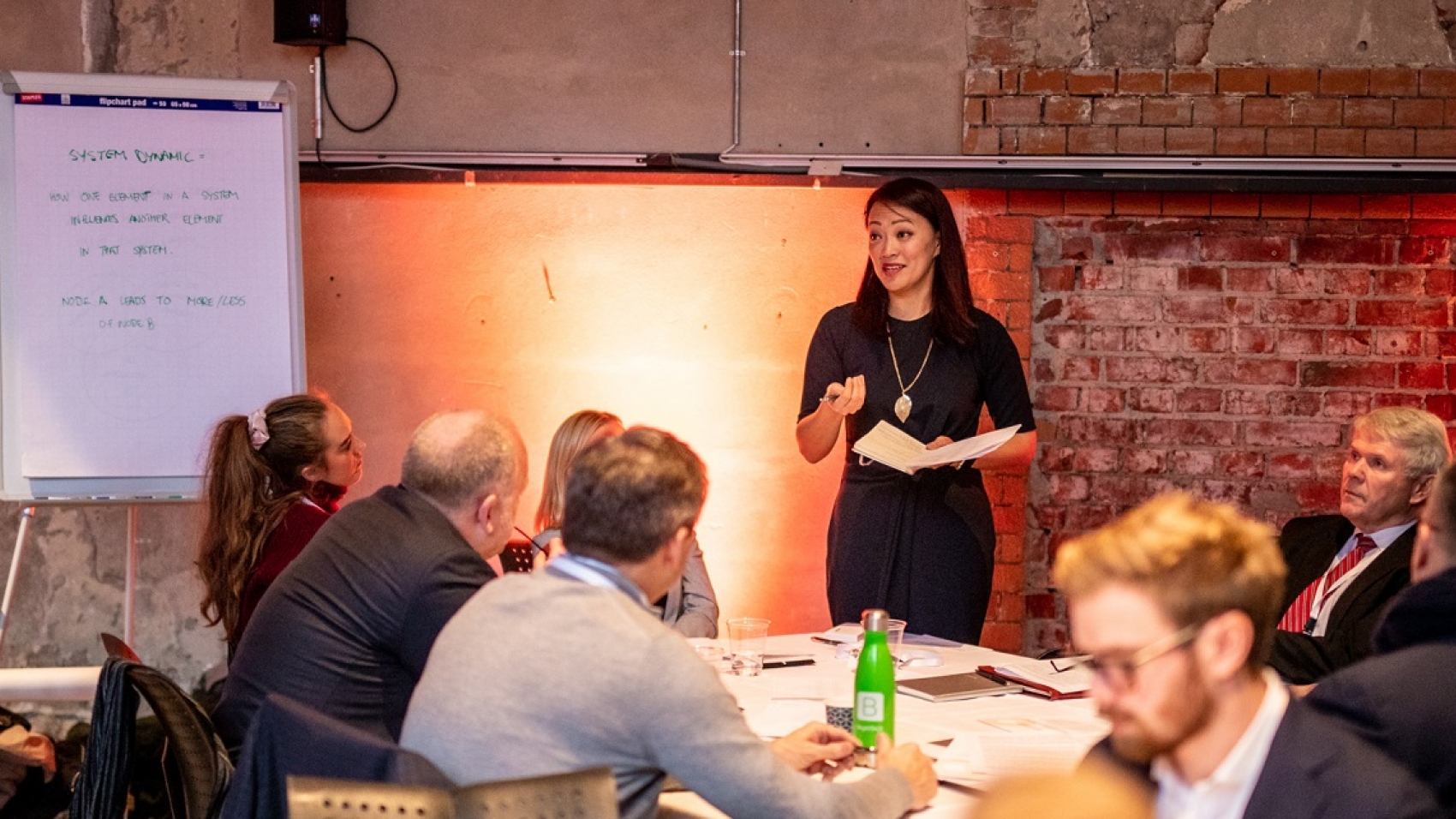 Insight
2 minutes
Read article
Insight
2 minutes
Read article
-
What cane toads can teach businesses about growth
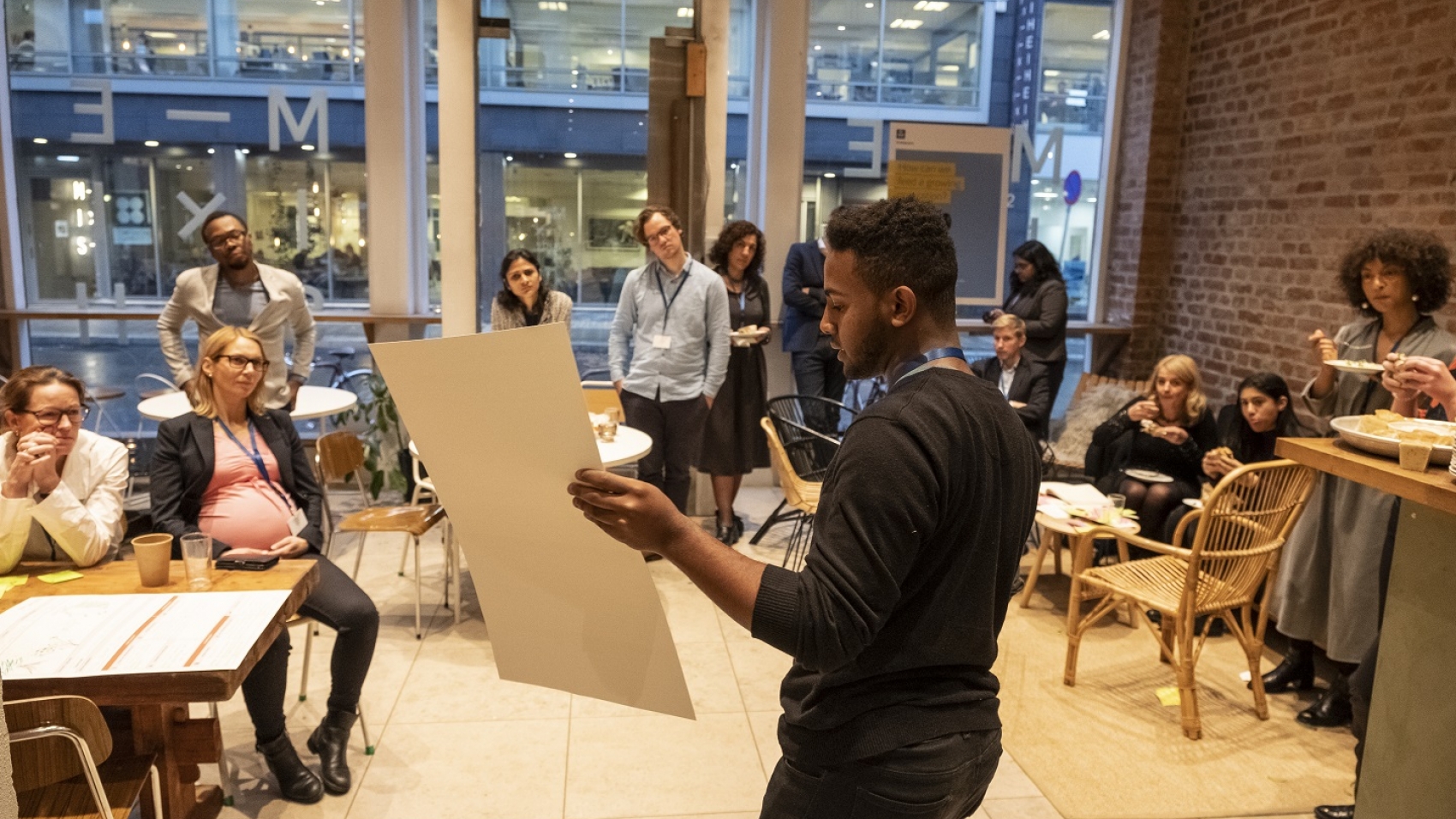 Insight, Sustainability
4 minutes
Read article
Insight, Sustainability
4 minutes
Read article
-
Want to achieve the SDGs? Start by scrubbing your windows
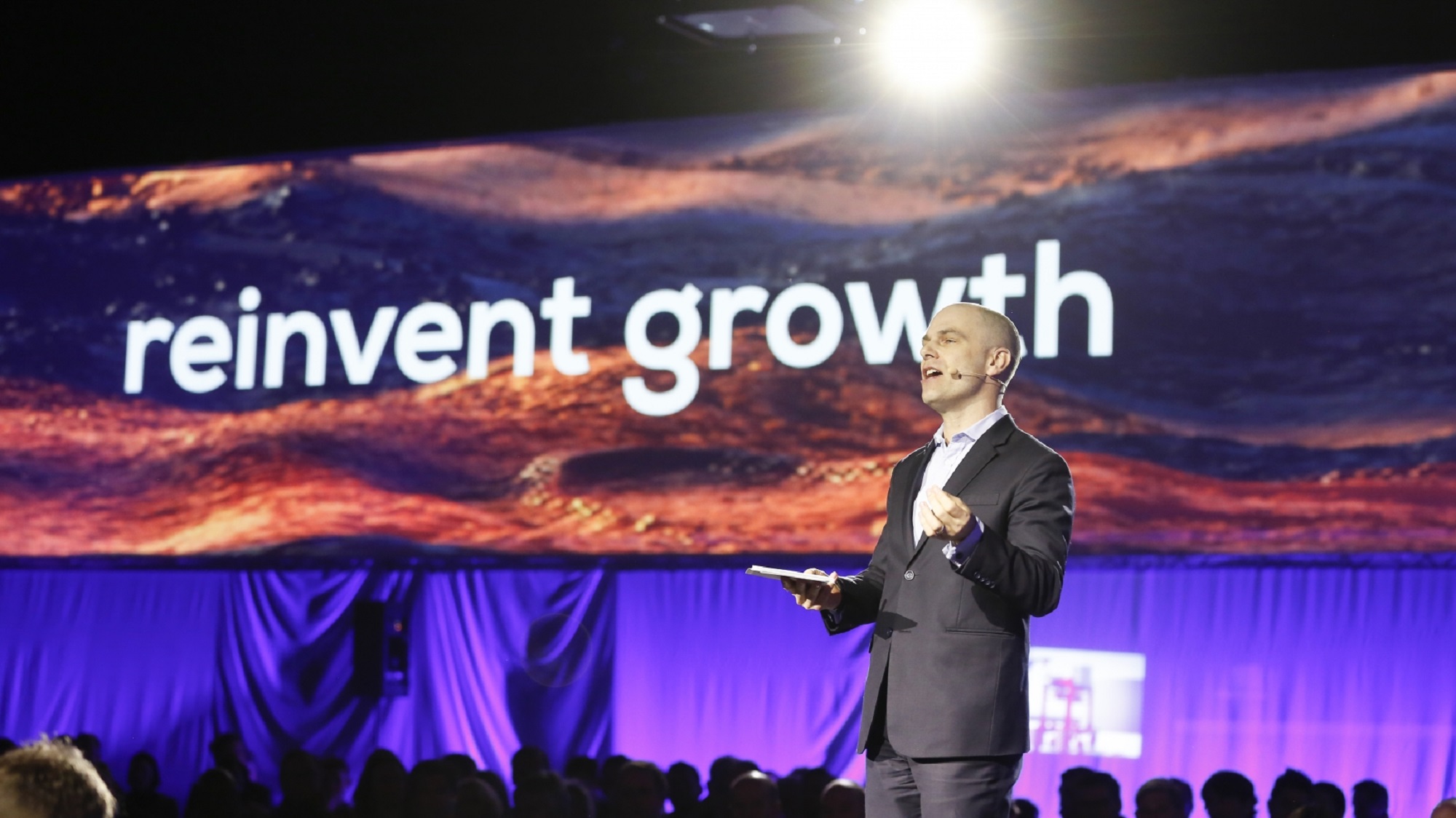 Insight, Sustainability
4 minutes
Read article
Insight, Sustainability
4 minutes
Read article
-
Exploring partnerships for sustainable mobility in Bangalore
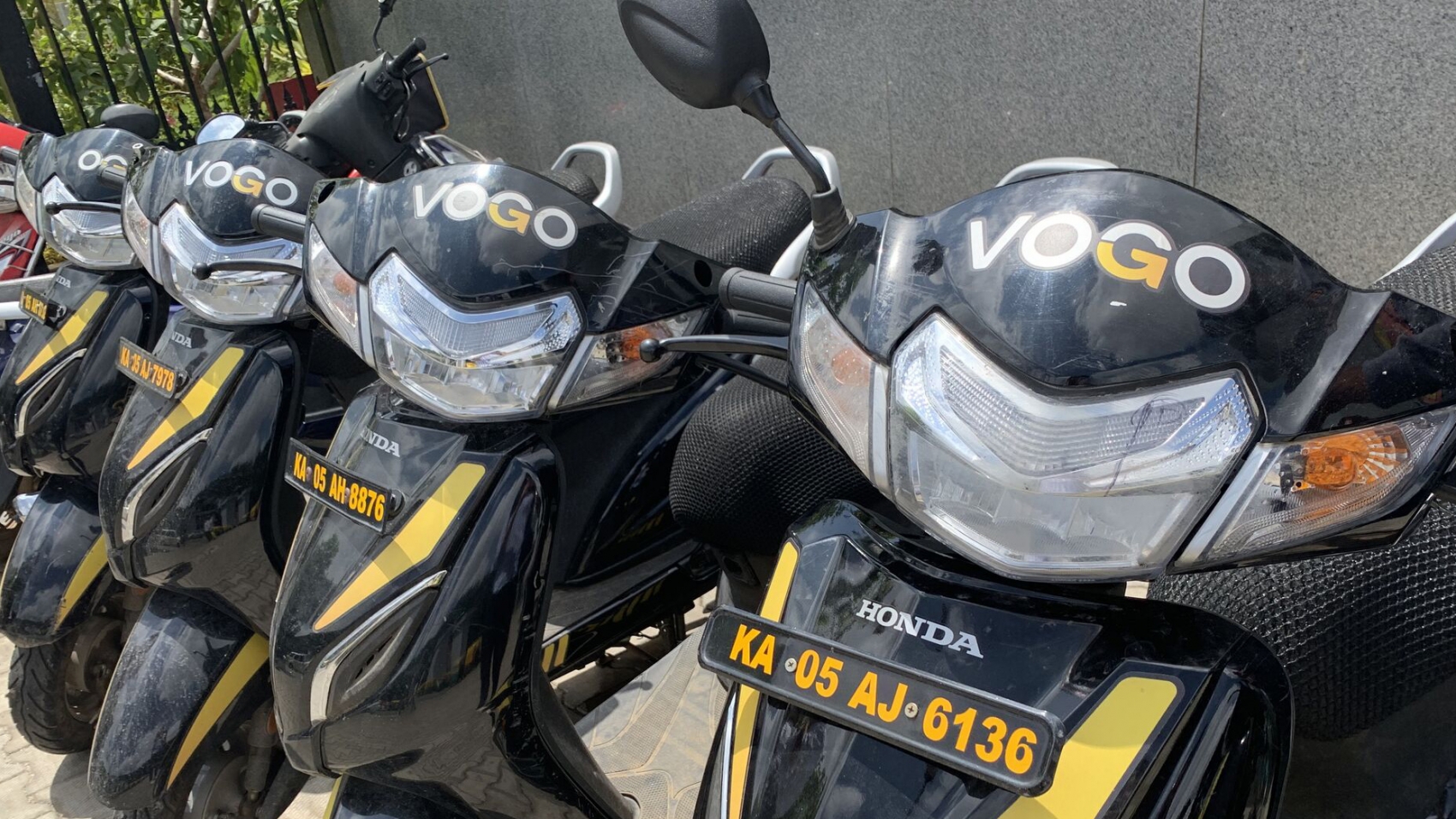 Insight, Sustainability
4 minutes
Read article
Insight, Sustainability
4 minutes
Read article
-
LV leaders select impact enterprises to accelerate in Seattle
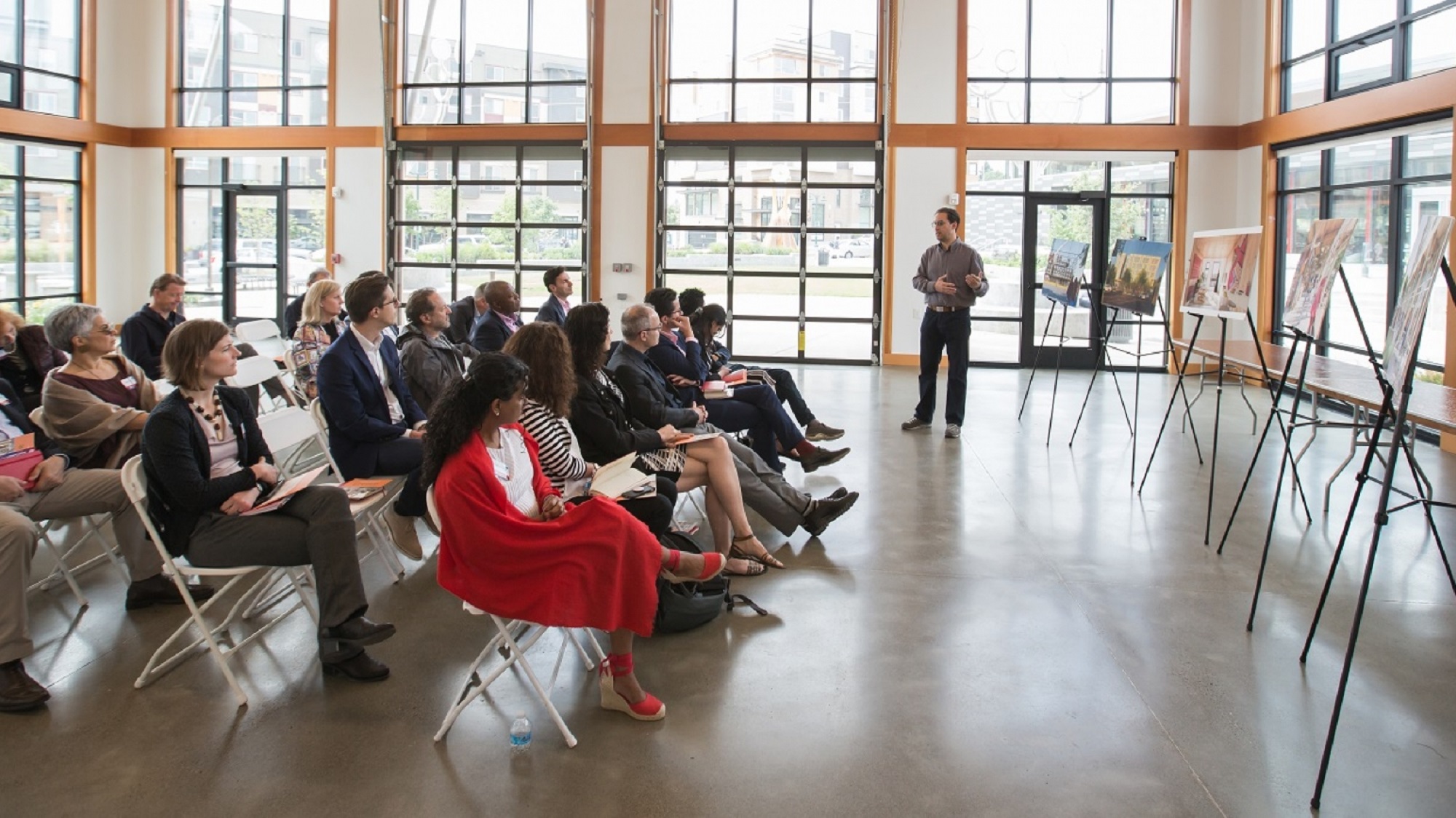 Insight, The Leadership Vanguard
2 minutes
Read article
Insight, The Leadership Vanguard
2 minutes
Read article
-
Imagine if we could eradicate malaria... with paint!
 Inclusion, Insight
4 minutes
Read article
Inclusion, Insight
4 minutes
Read article
-
Saving the planet's coral reef ecosystem
 Insight, Sustainability
3 minutes
Read article
Insight, Sustainability
3 minutes
Read article
-
Exploring solutions for sustainable megacities in Bangalore
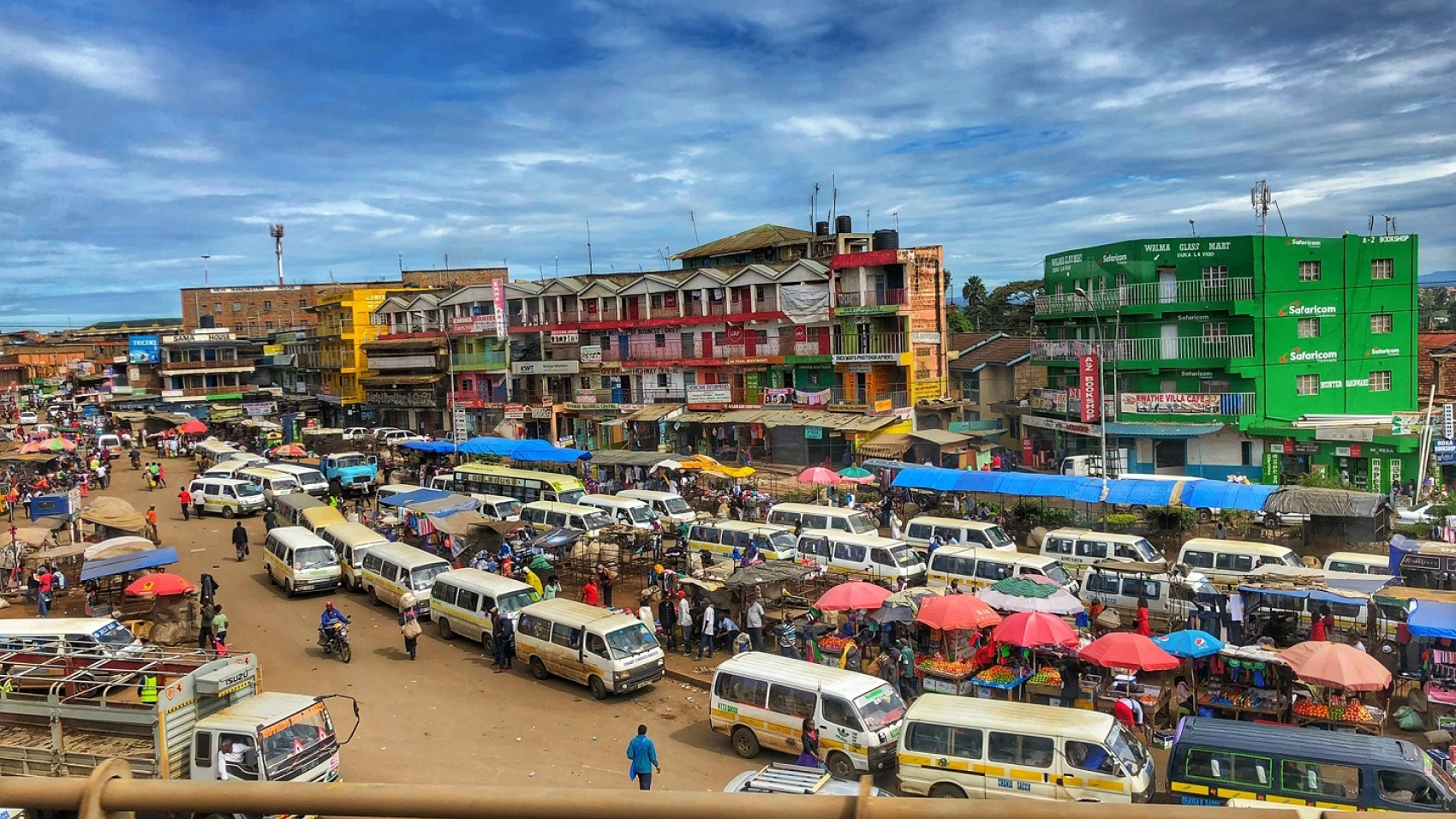 Insight, The Leadership Vanguard
6 minutes
Read article
Insight, The Leadership Vanguard
6 minutes
Read article
-
Mobilising businesses for impact at scale
 Insight, Xynteo Exchange
2 minutes
Read article
Insight, Xynteo Exchange
2 minutes
Read article
-
The transformational power of diversity
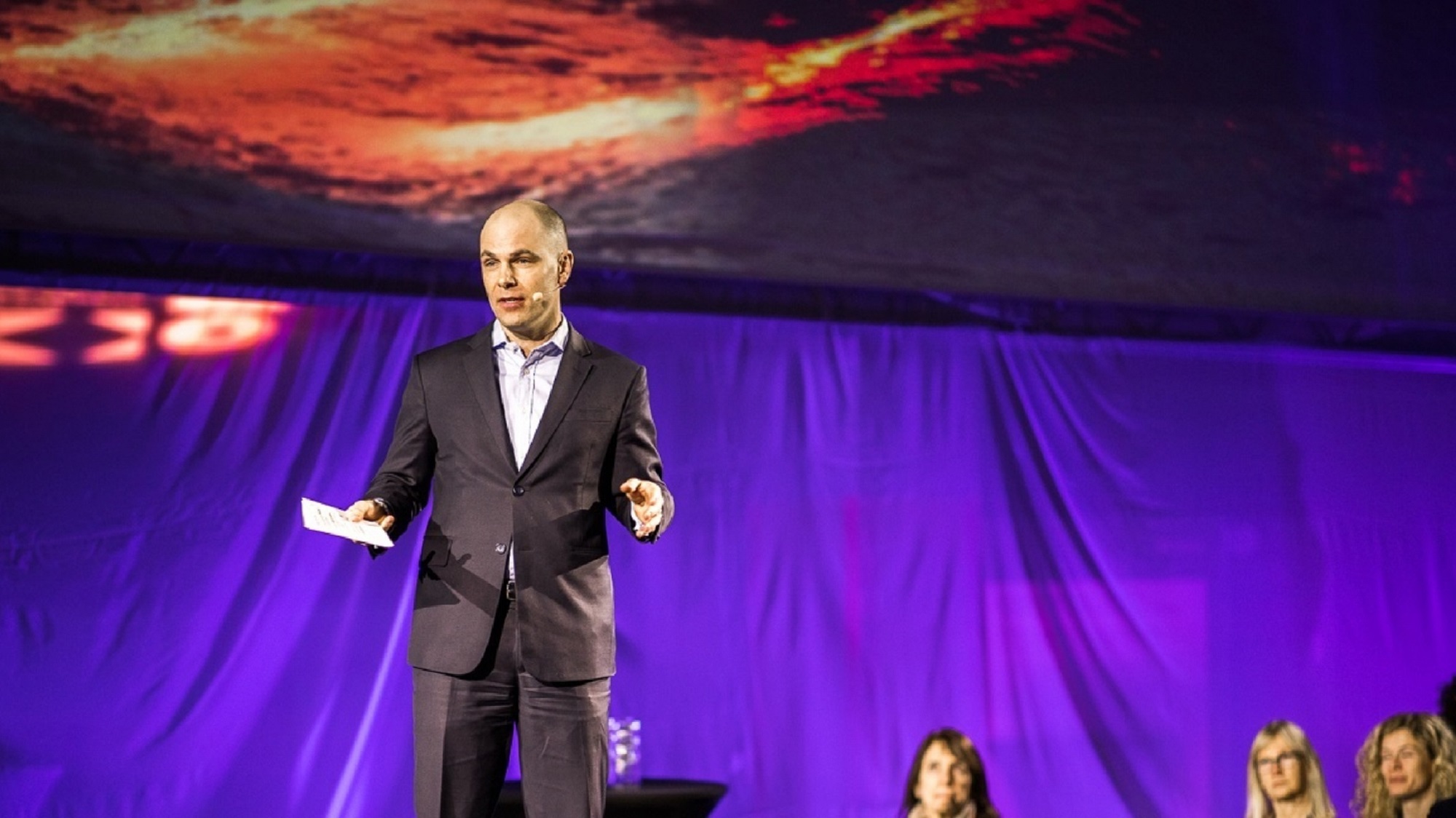 Inclusion, Insight
3 minutes
Read article
Inclusion, Insight
3 minutes
Read article
-
The Leadership Vanguard explores plastic waste management in Bangalore
 Insight, The Leadership Vanguard
4 minutes
Read article
Insight, The Leadership Vanguard
4 minutes
Read article
-
Quality healthcare in India and beyond — good for our health, our economies and society
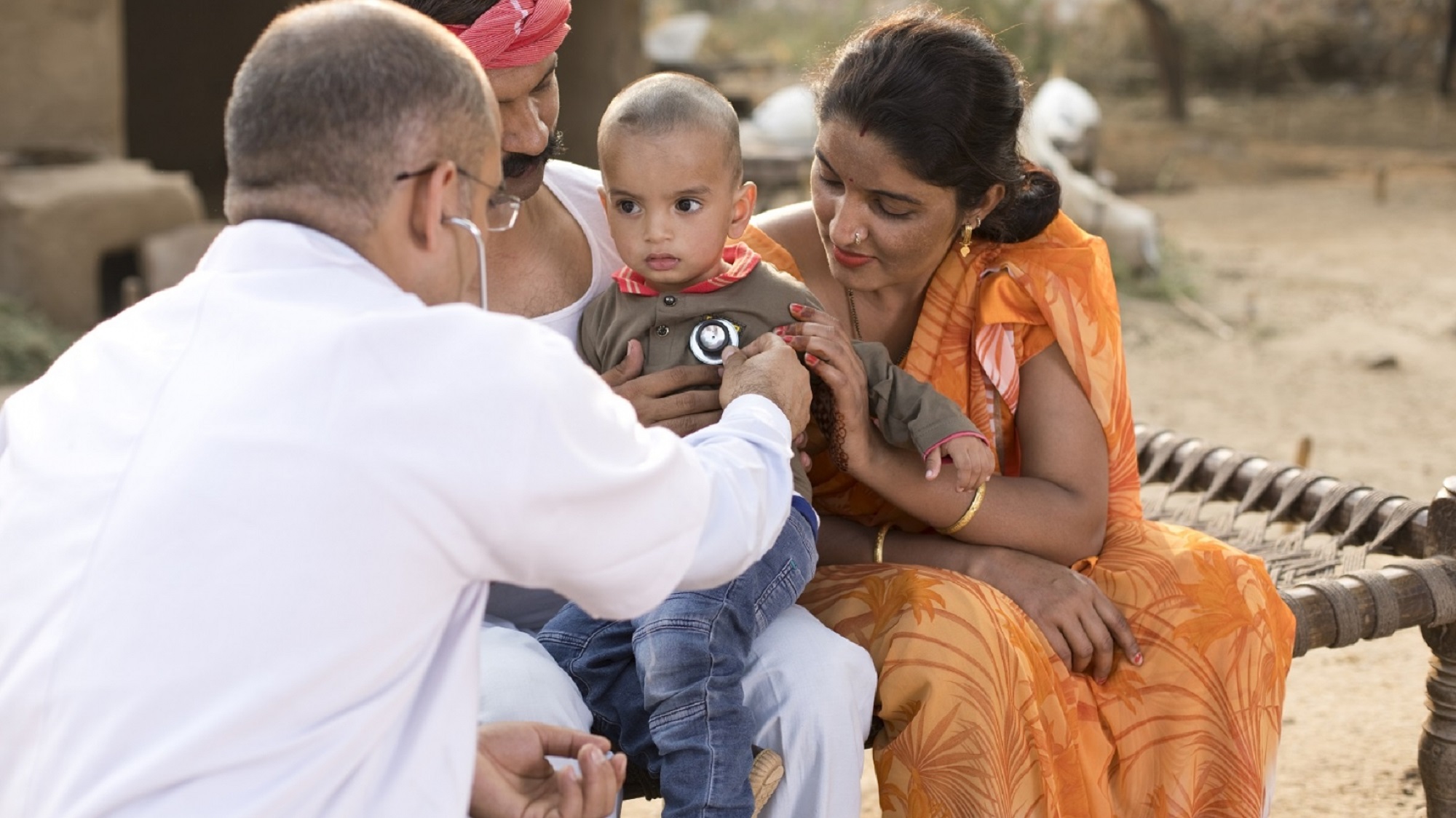 Inclusion, Insight
3 minutes
Read article
Inclusion, Insight
3 minutes
Read article
-
Celebrating collaboration to action at the Xynteo Exchange/India2022 in Mumbai
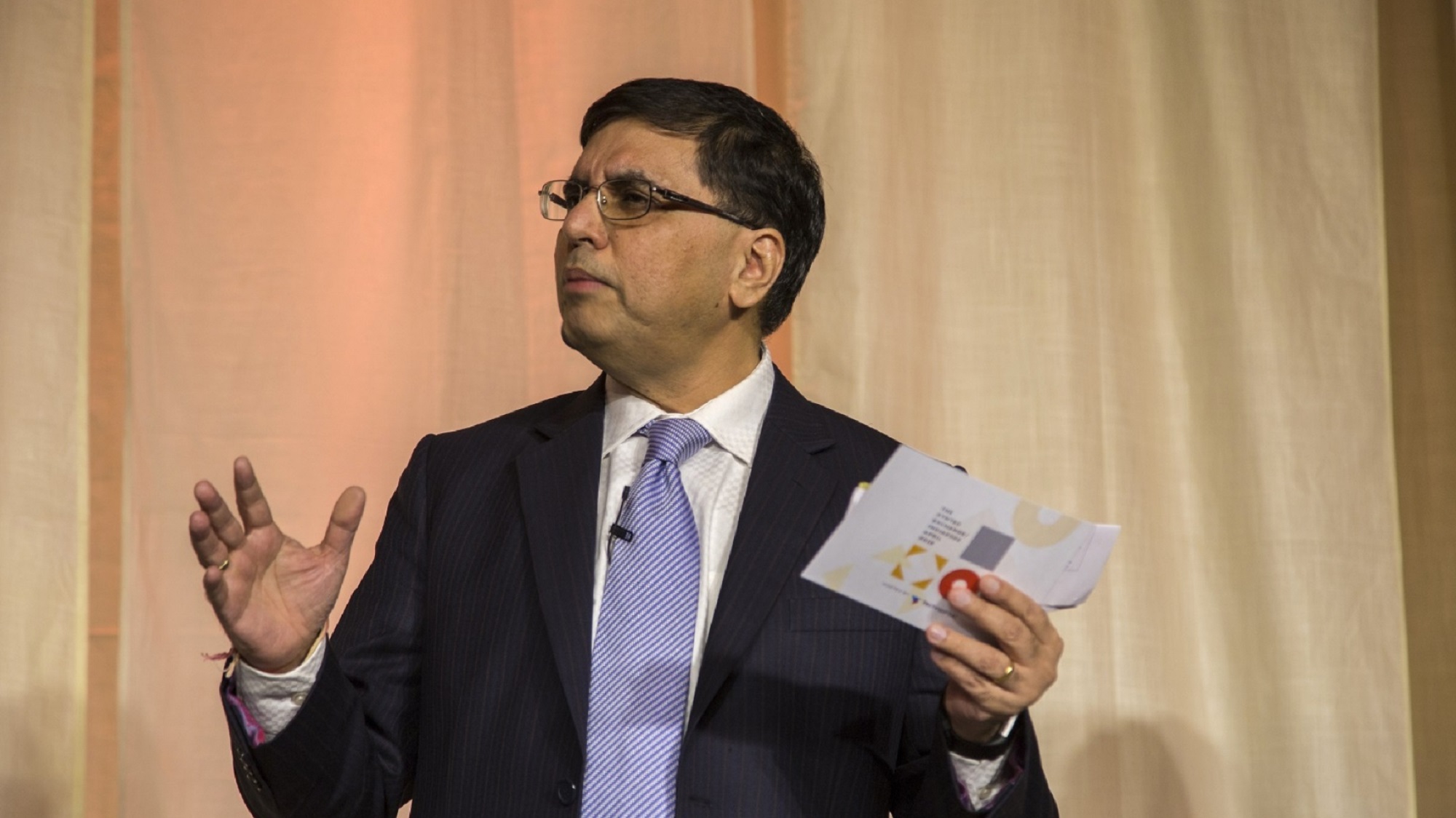 Insight, Xynteo Exchange
1 minute
Read article
Insight, Xynteo Exchange
1 minute
Read article
-
Bringing purpose to life with authenticity
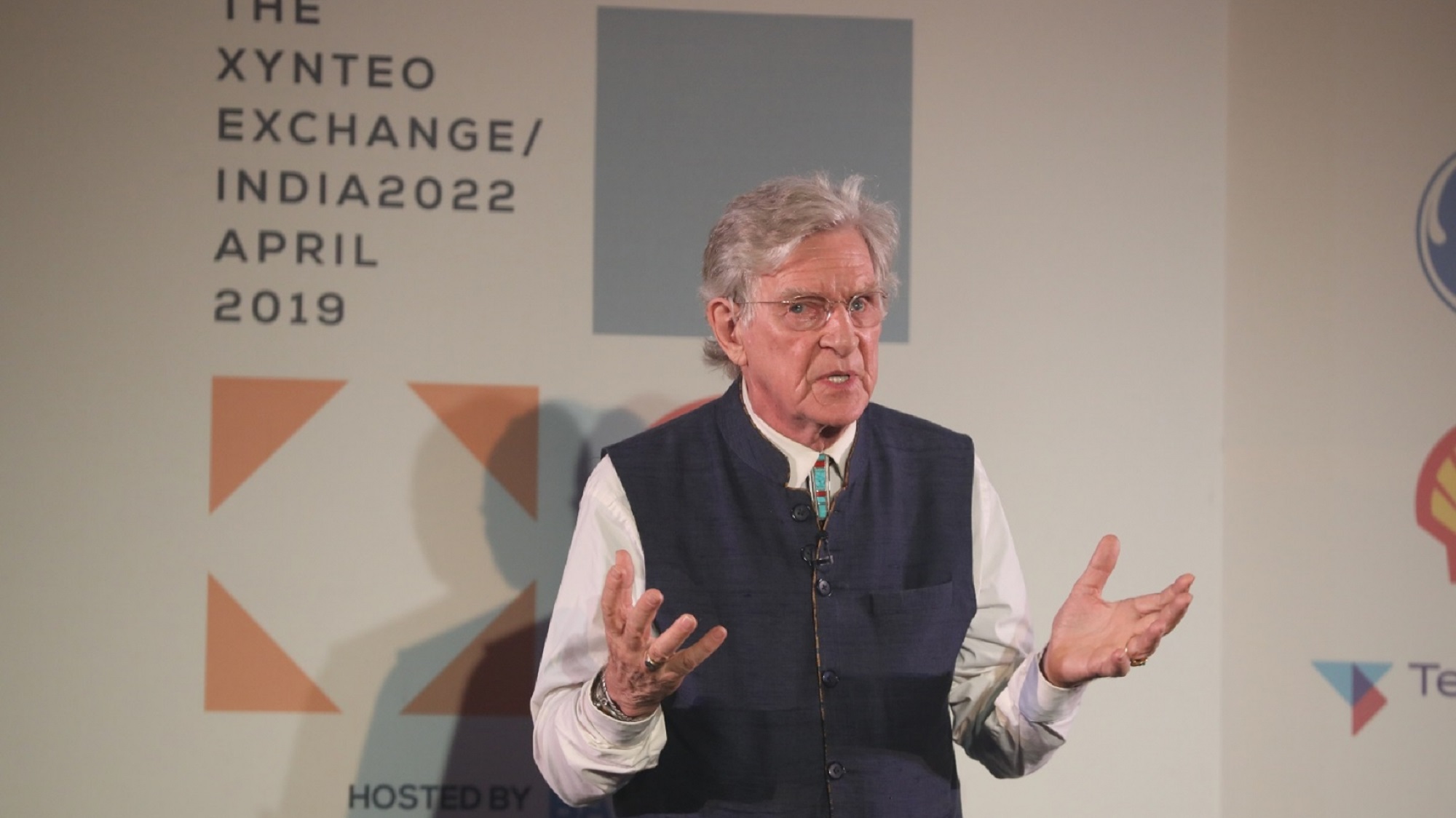 Insight, Xynteo Exchange
2 minutes
Read article
Insight, Xynteo Exchange
2 minutes
Read article
-
Corporate leadership's role in promoting home-grown innovations
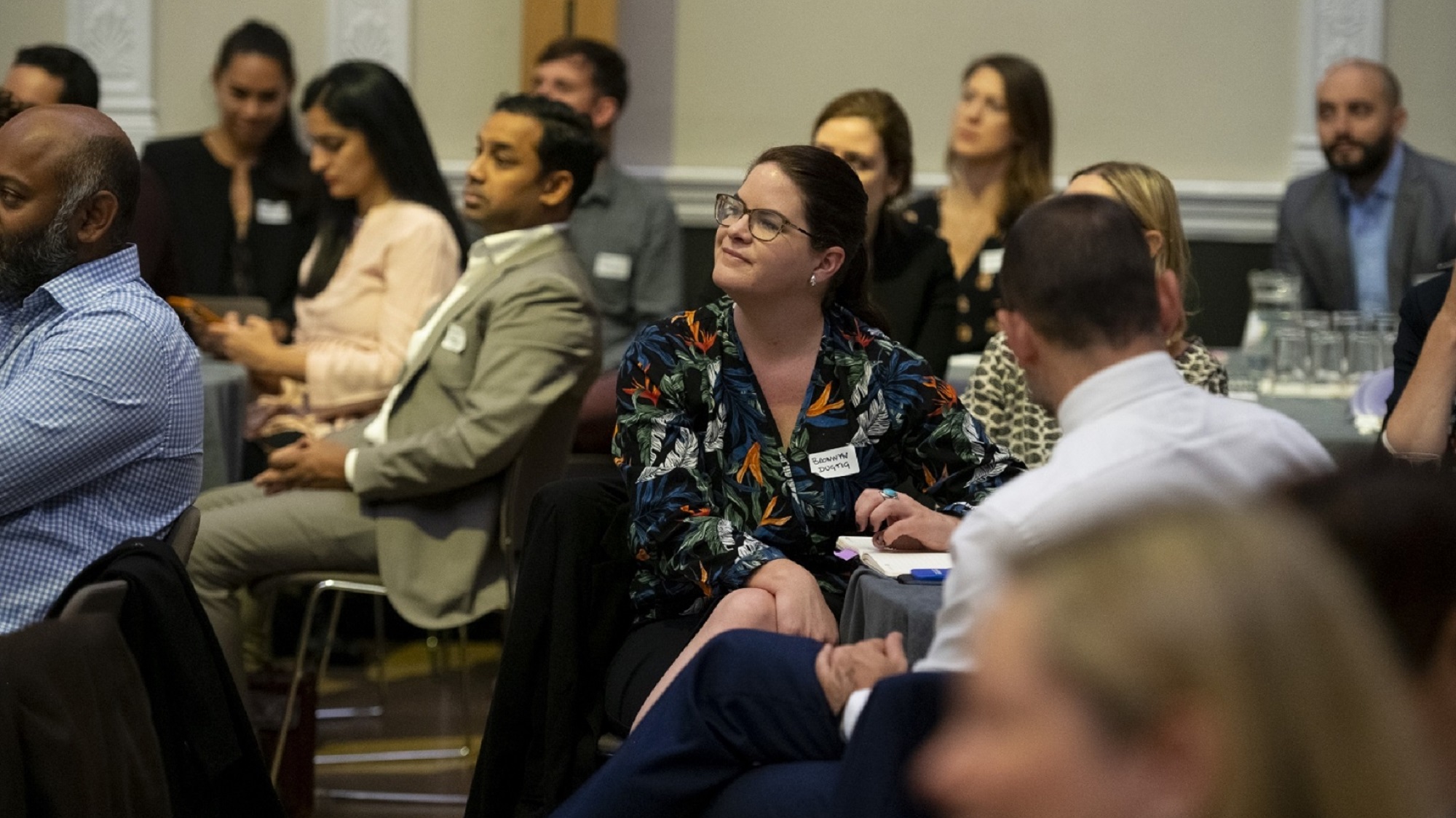 Insight, Xynteo Exchange
2 minutes
Read article
Insight, Xynteo Exchange
2 minutes
Read article
-
innoDI wins the Impact Maker Award at Xynteo Exchange/India2022
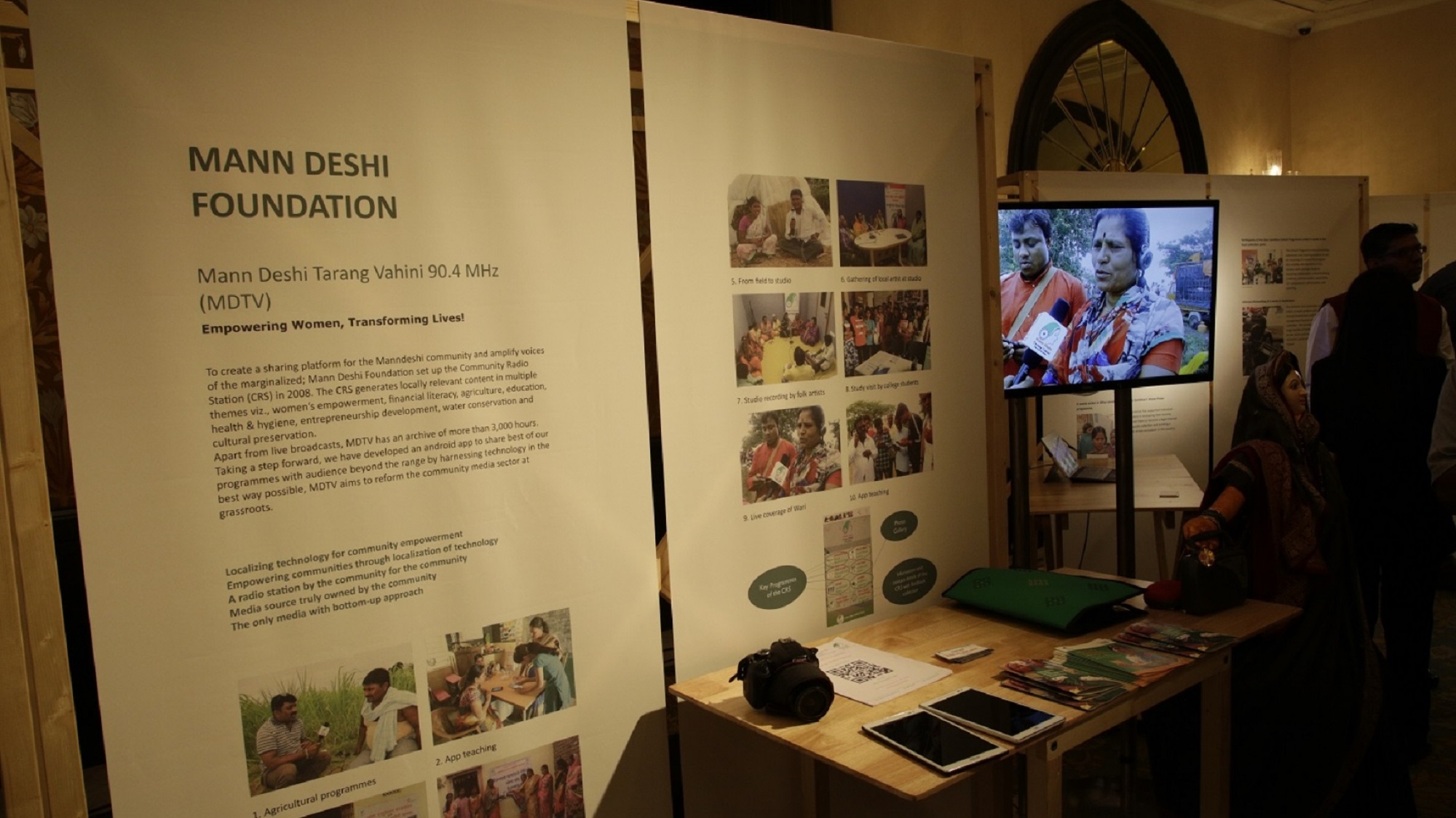 Insight, Xynteo Exchange
1 minute
Read article
Insight, Xynteo Exchange
1 minute
Read article
-
Xynteo Starter kickstarts the second Xynteo Exchange/India2022
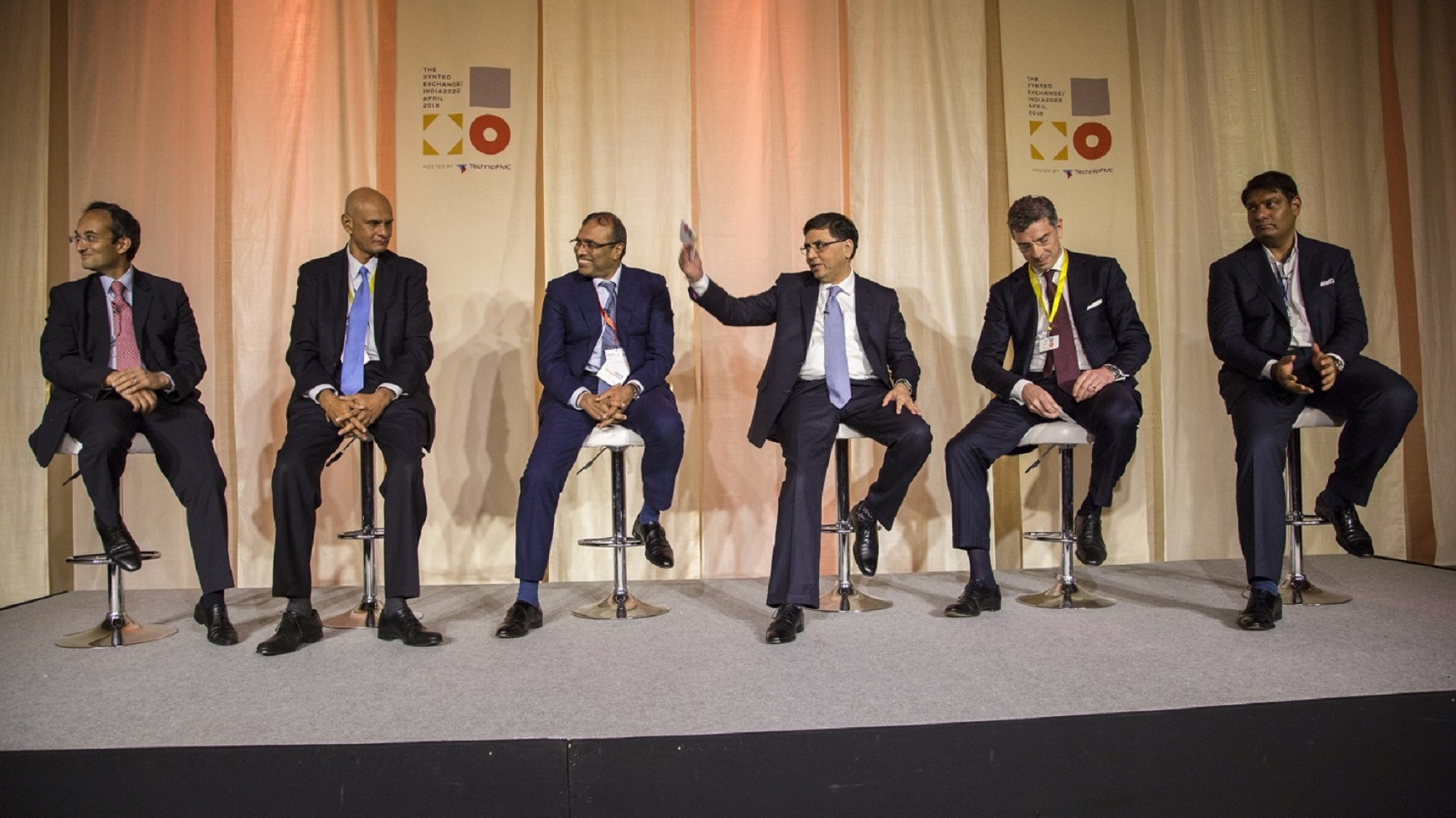 Insight, Xynteo Exchange
4 minutes
Read article
Insight, Xynteo Exchange
4 minutes
Read article
-
We need to put jobs and poverty at the centre of climate action
 Insight
4 minutes
Read article
Insight
4 minutes
Read article
-
Why we need to look beyond schools to ensure successful education for young people
 Inclusion, Insight
3 minutes
Read article
Inclusion, Insight
3 minutes
Read article
-
Four grand challenges to create new growth for Europe
 Europe Delivers, Reports
under a minute
Read article
Europe Delivers, Reports
under a minute
Read article
-
Xynteo’s Leadership Vanguard: Investigating Johannesburg’s Plastic Recycling
 Leadership, Sustainability
3 minutes
Read article
Leadership, Sustainability
3 minutes
Read article
How can your business be a force for good — for the planet, for communities and for the future?